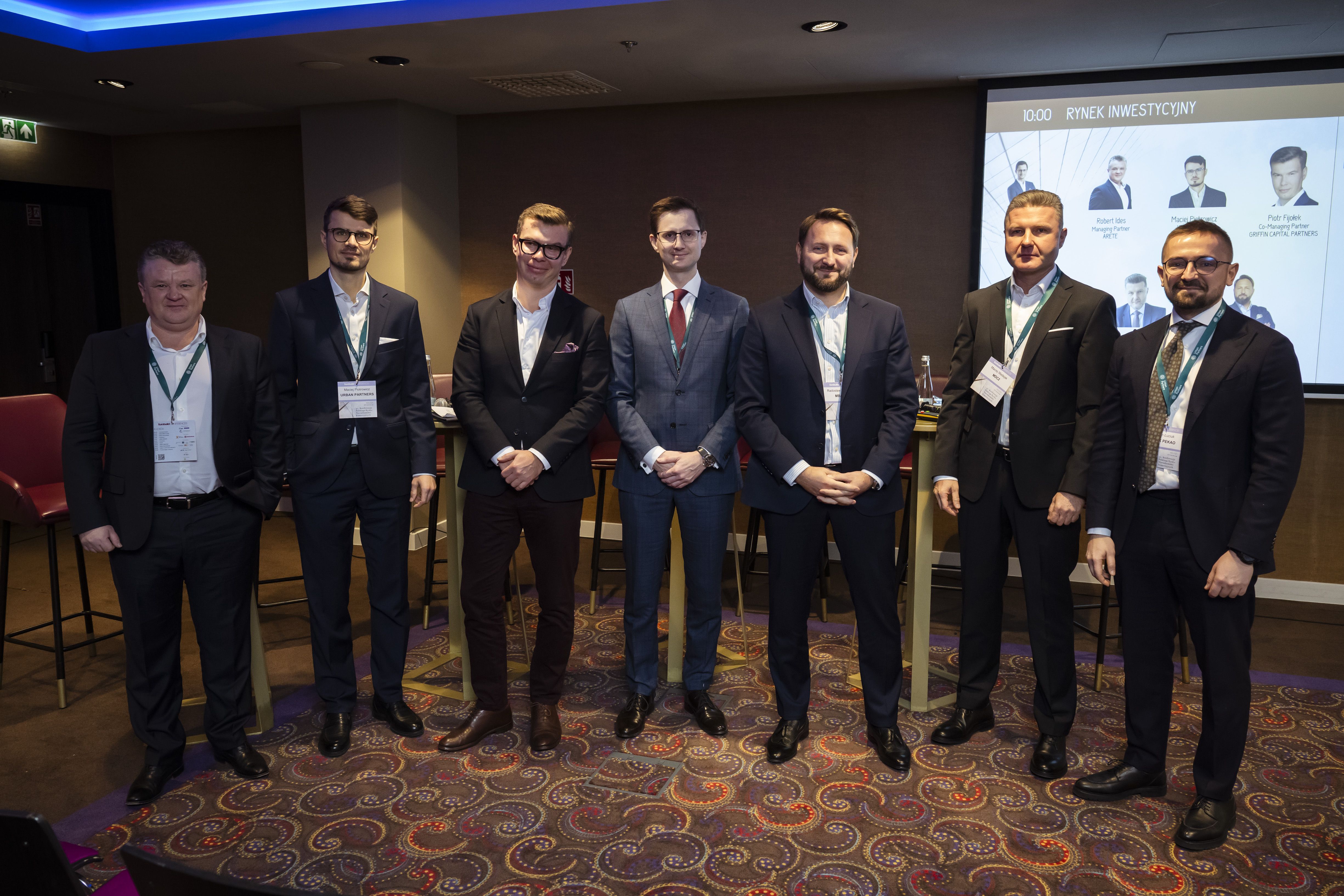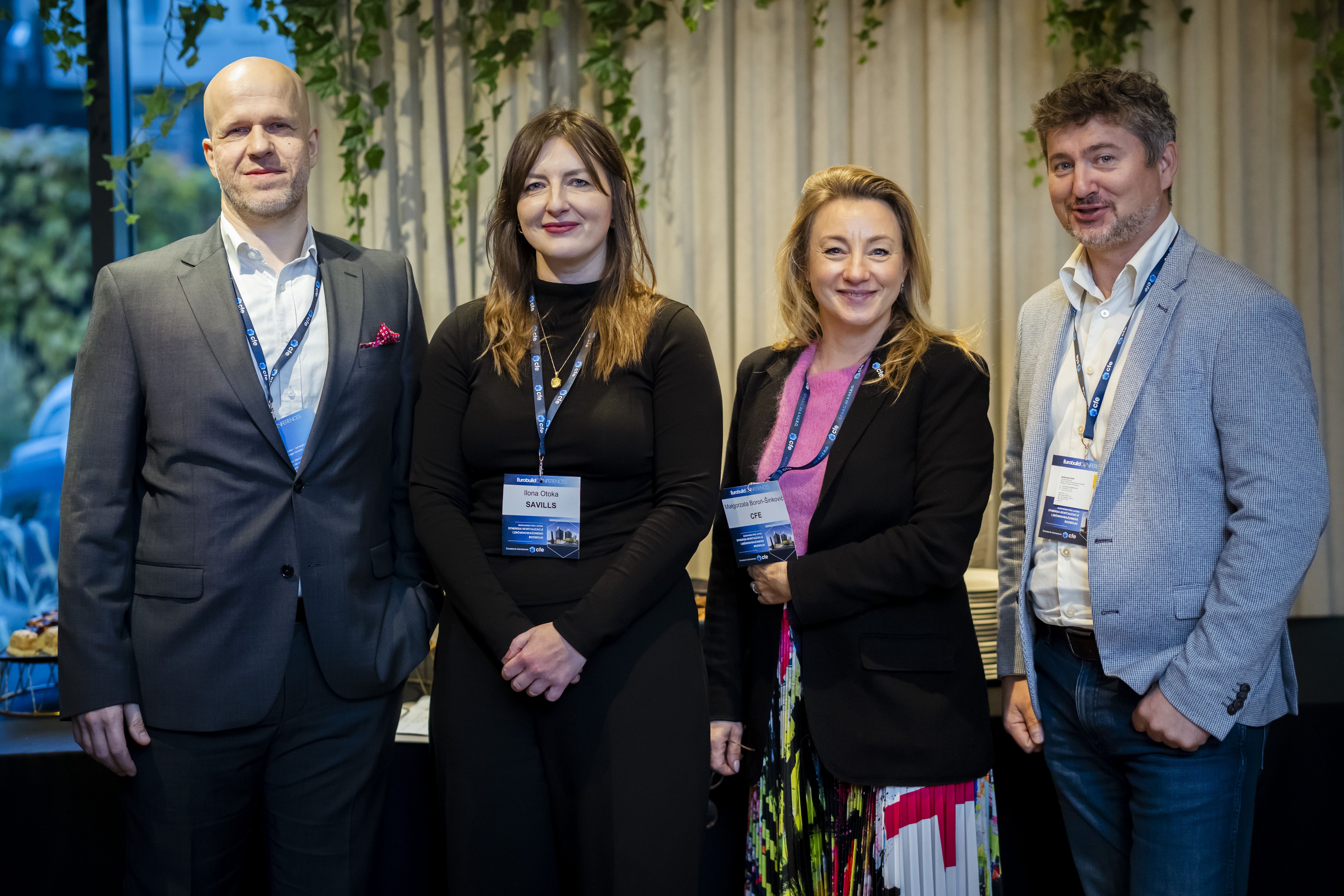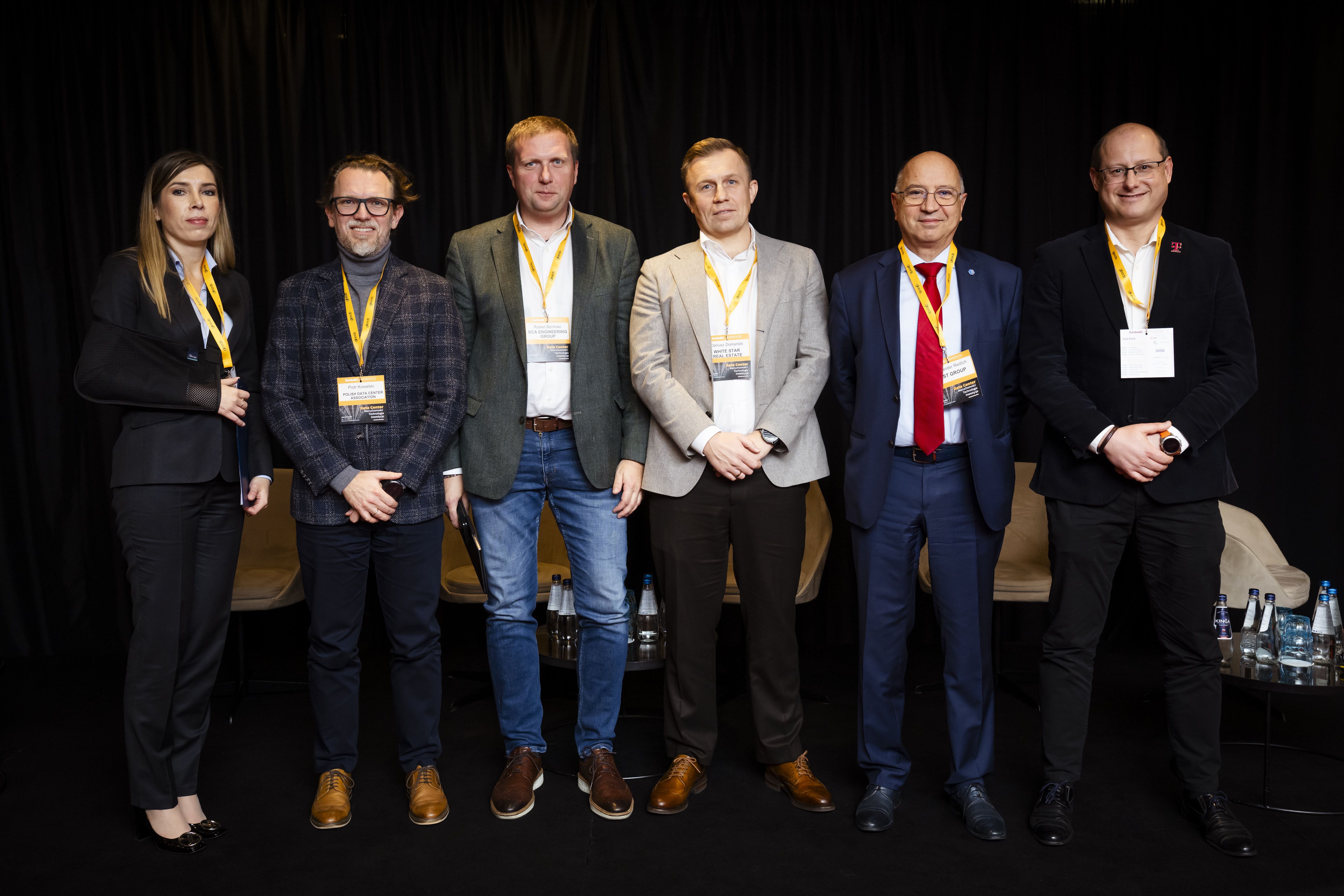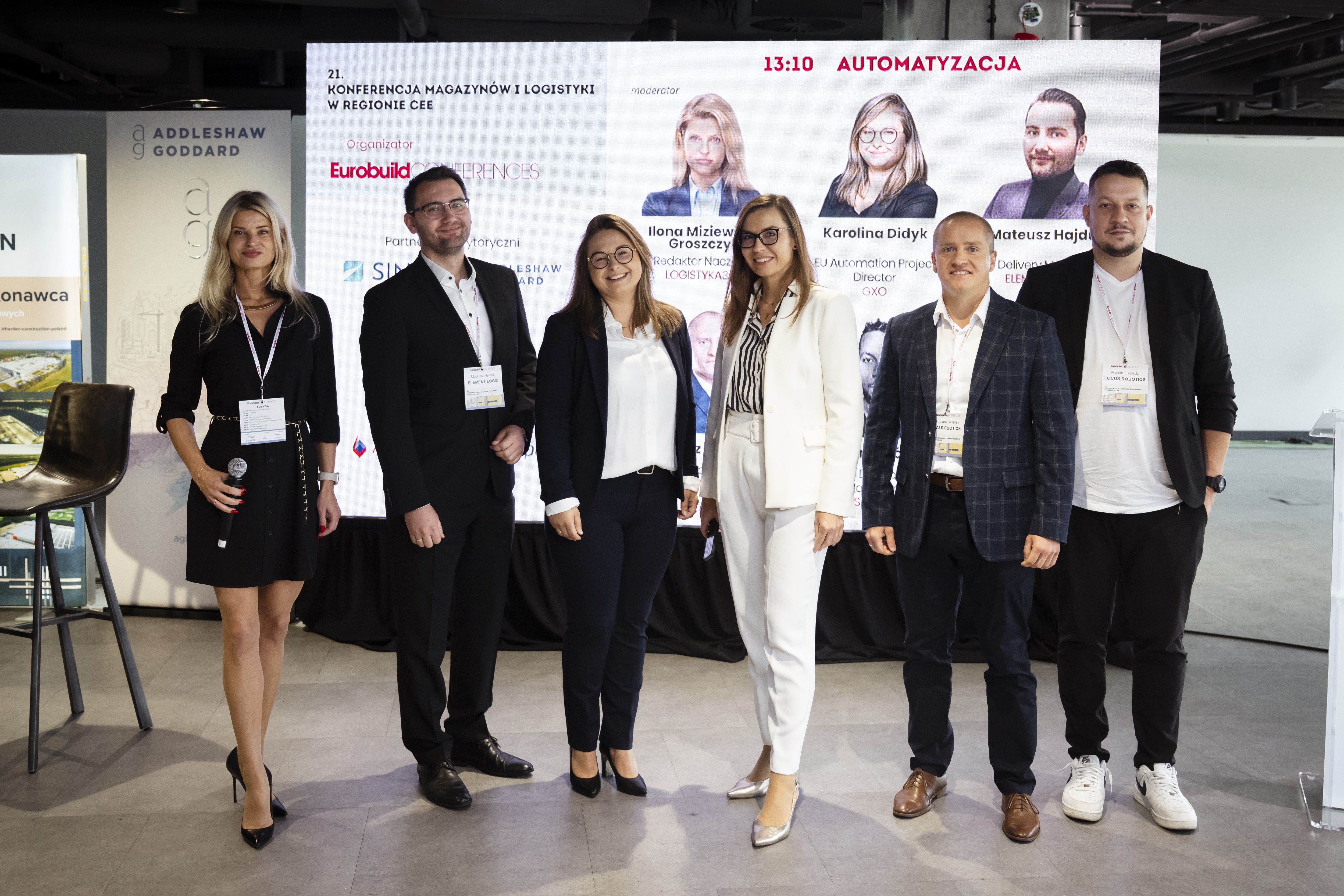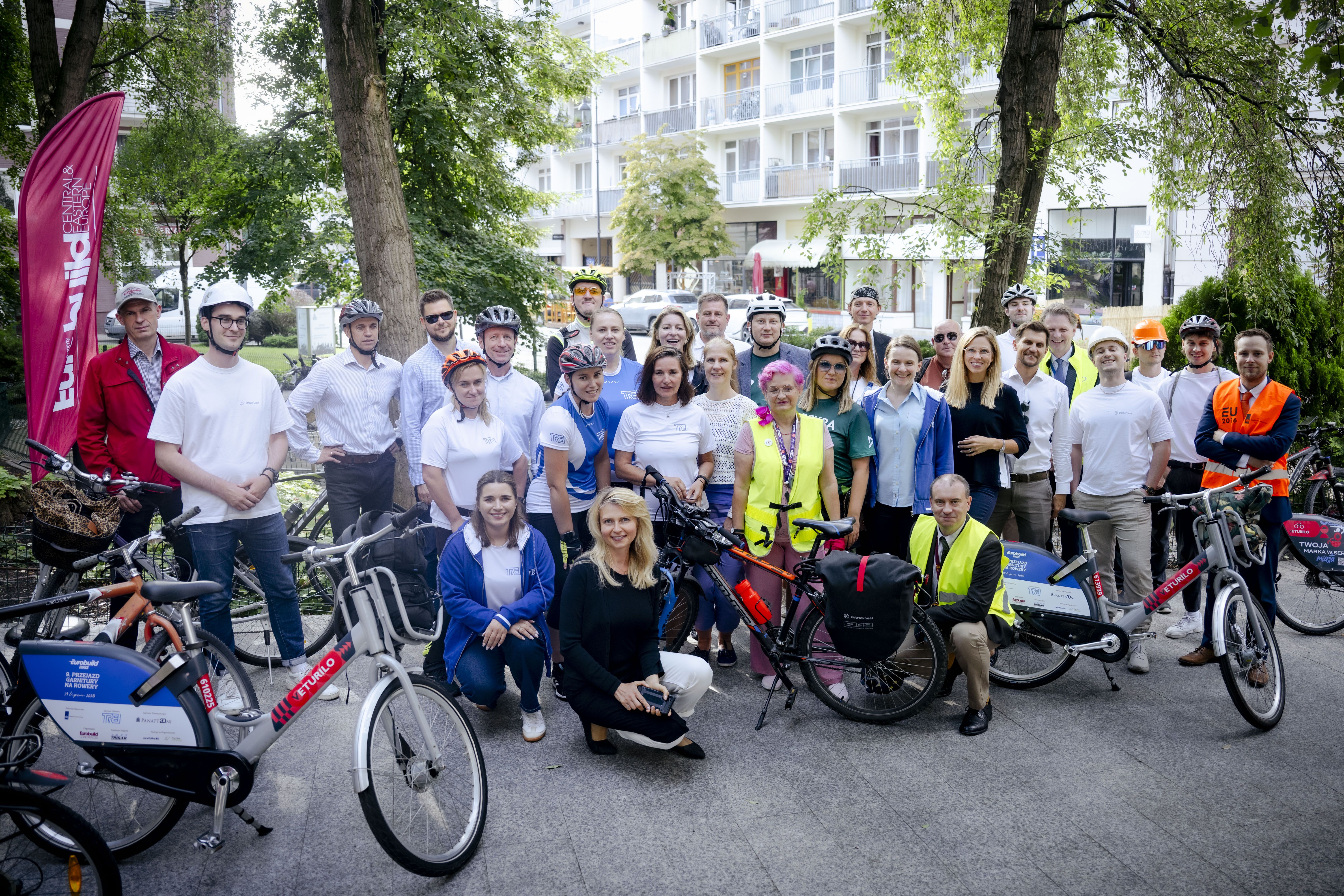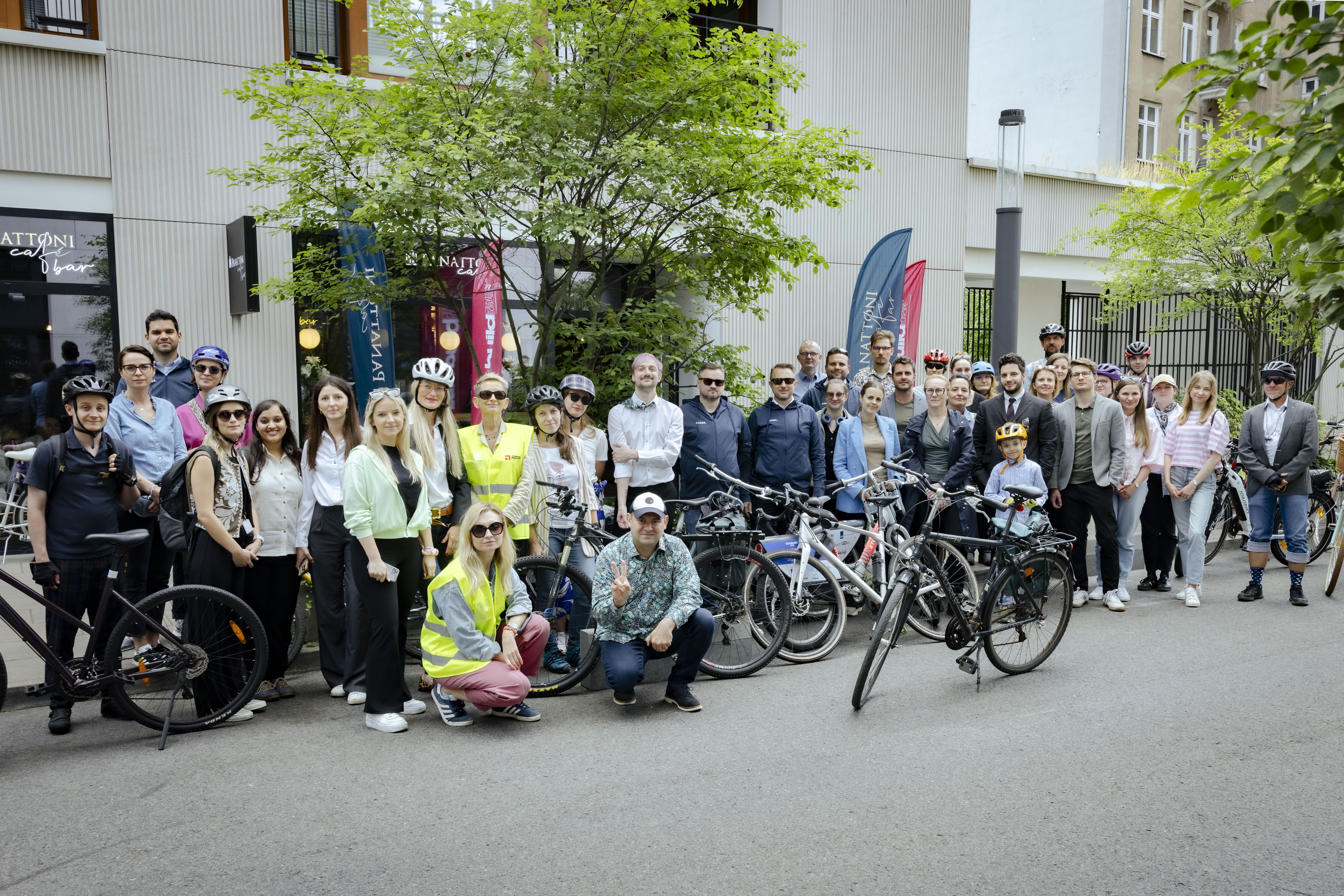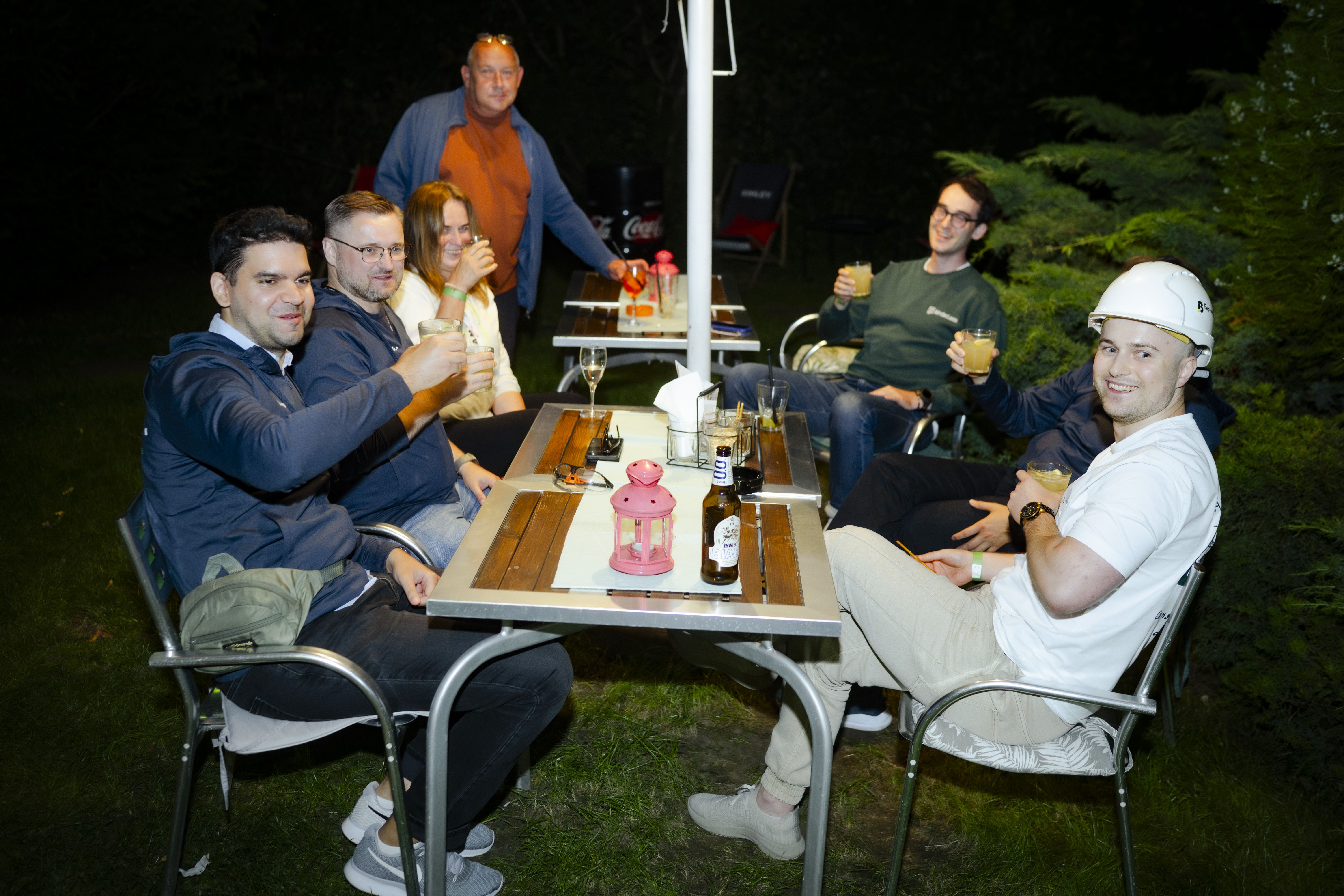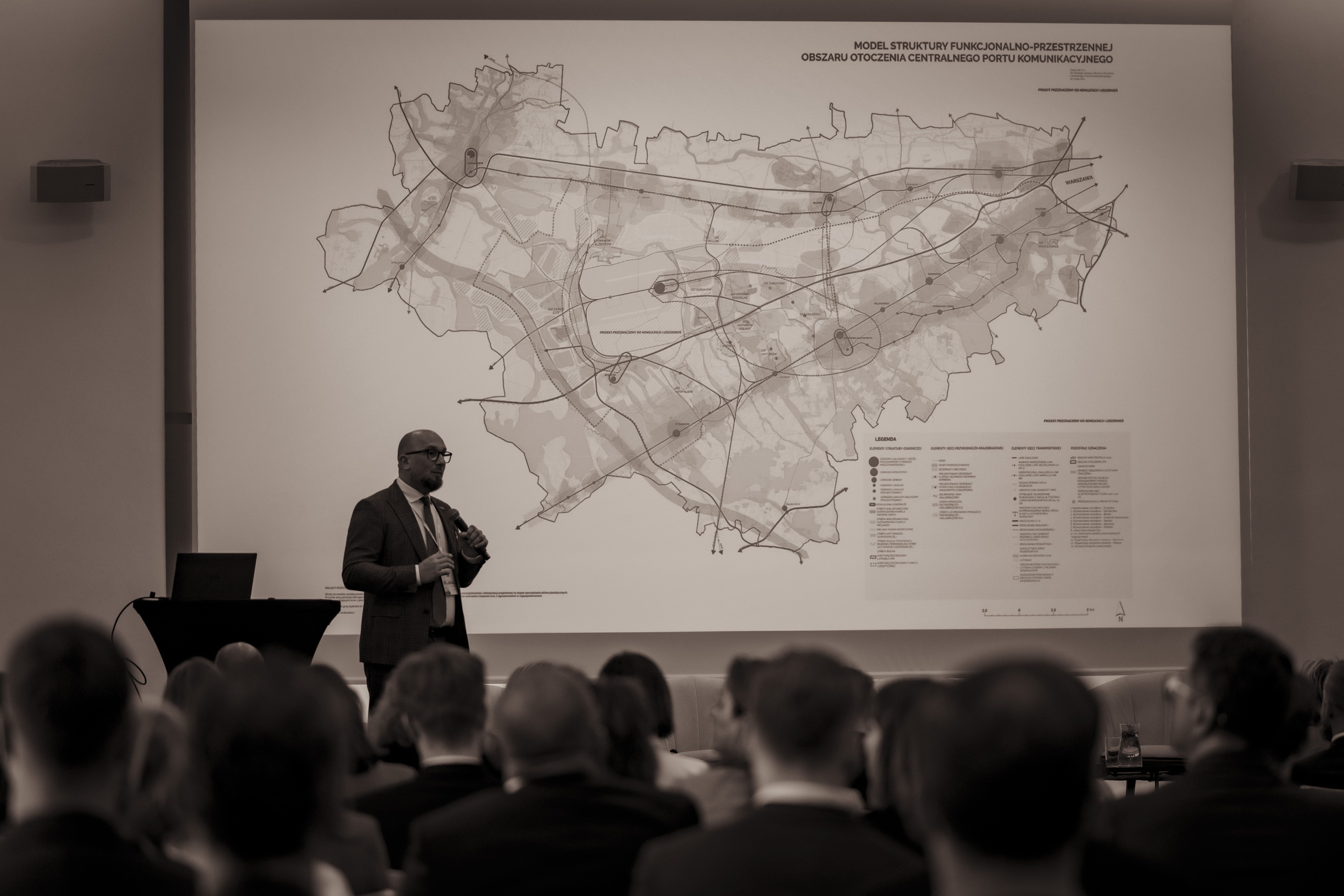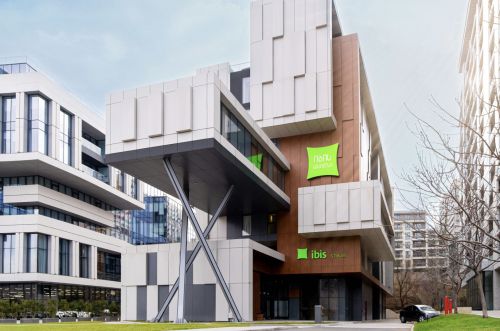The 25th Annual Property Market Convention
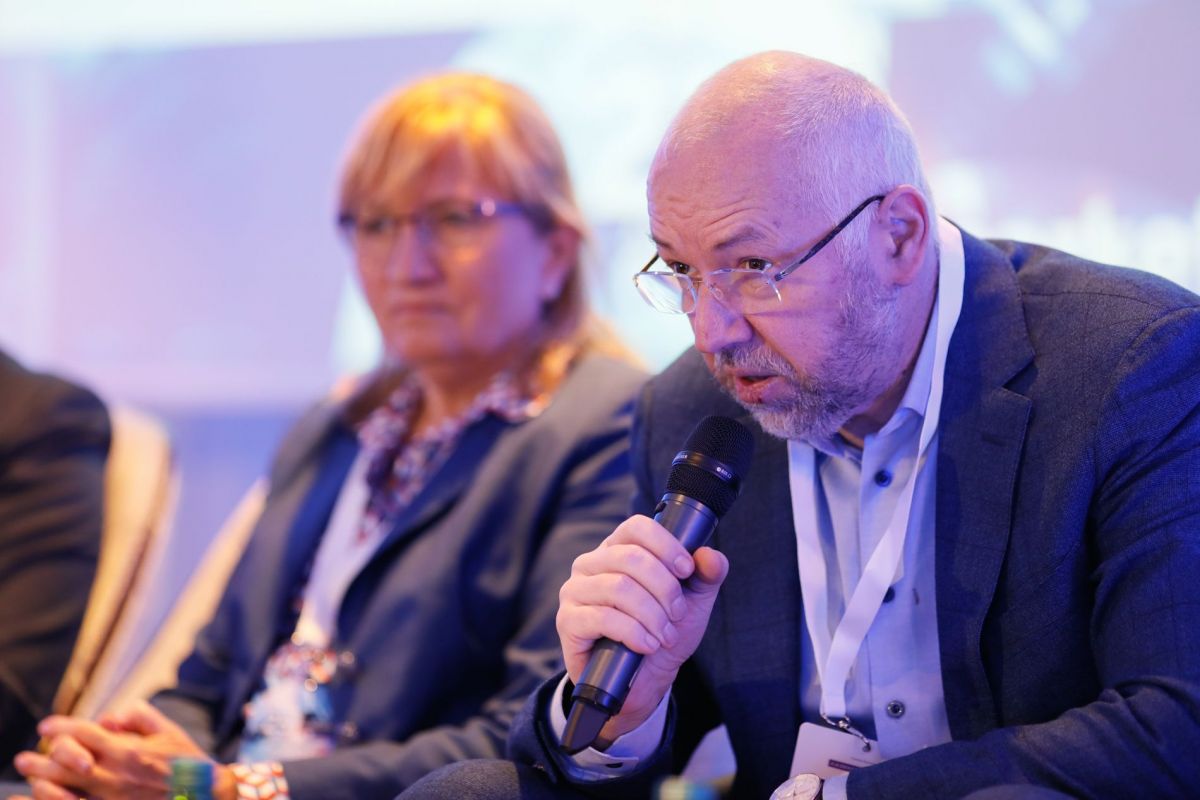
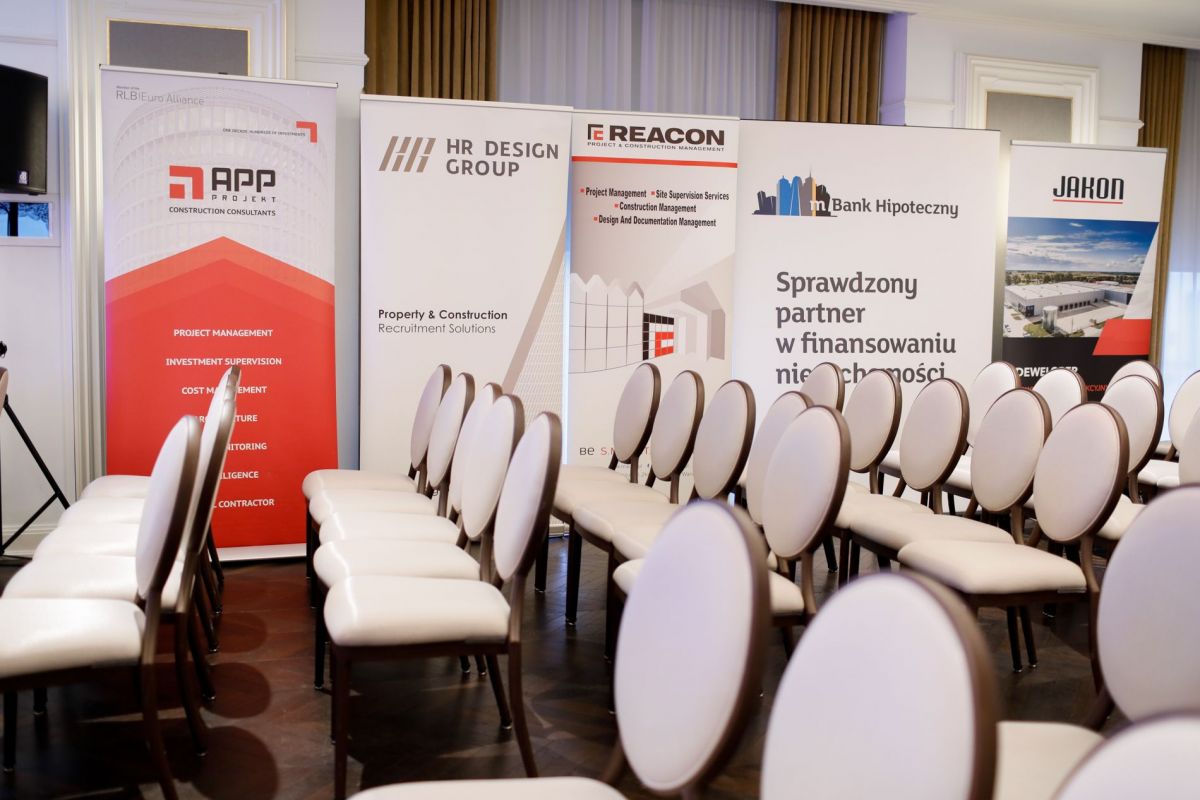
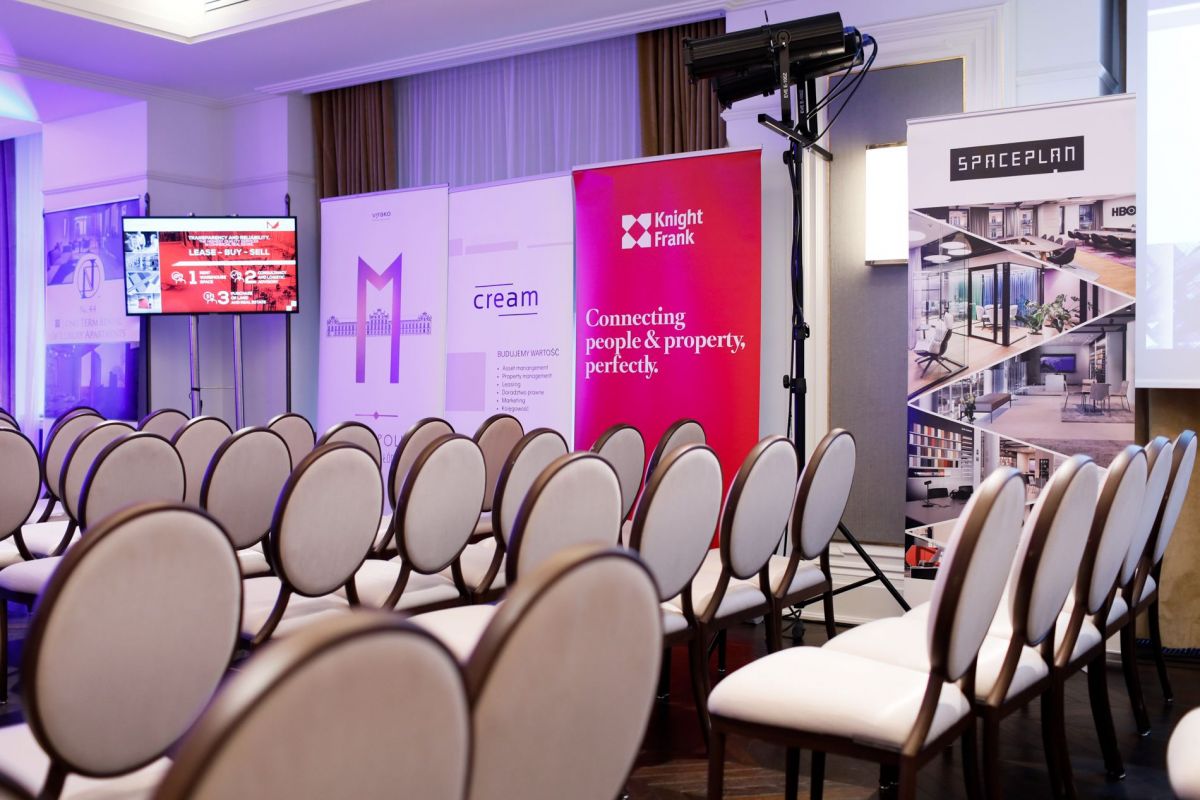
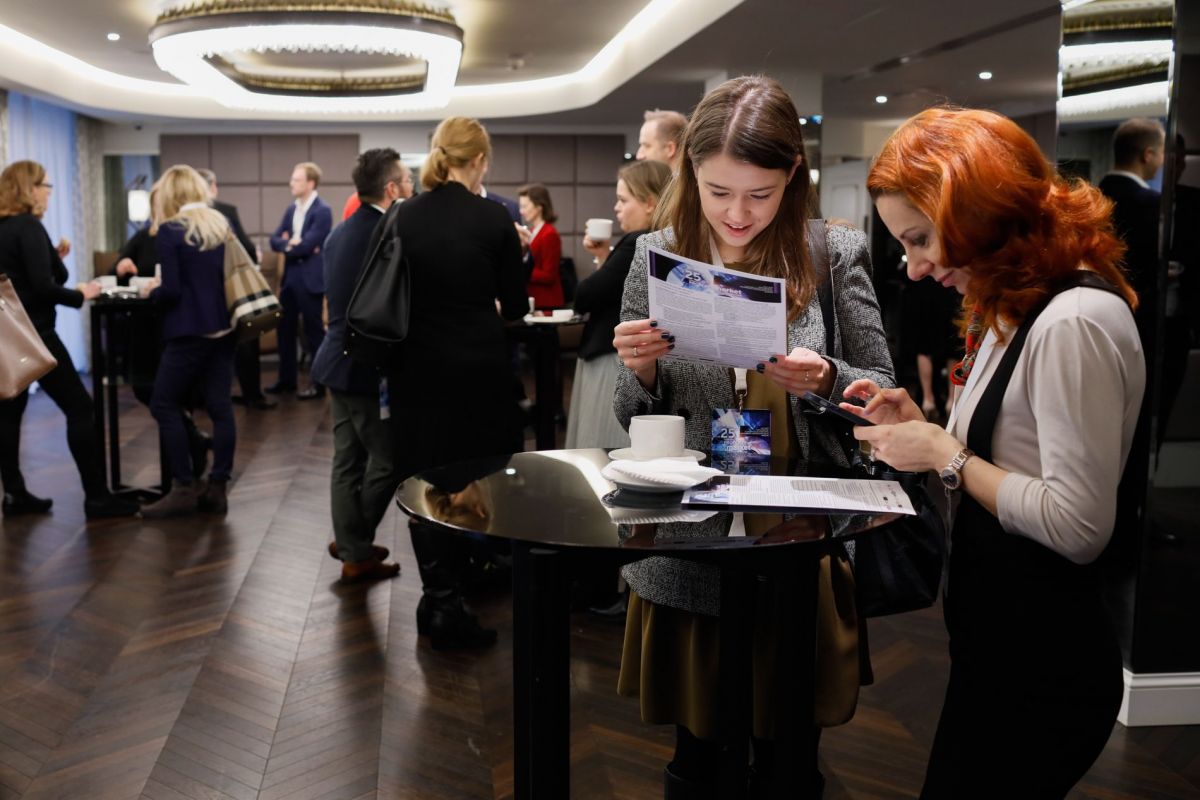
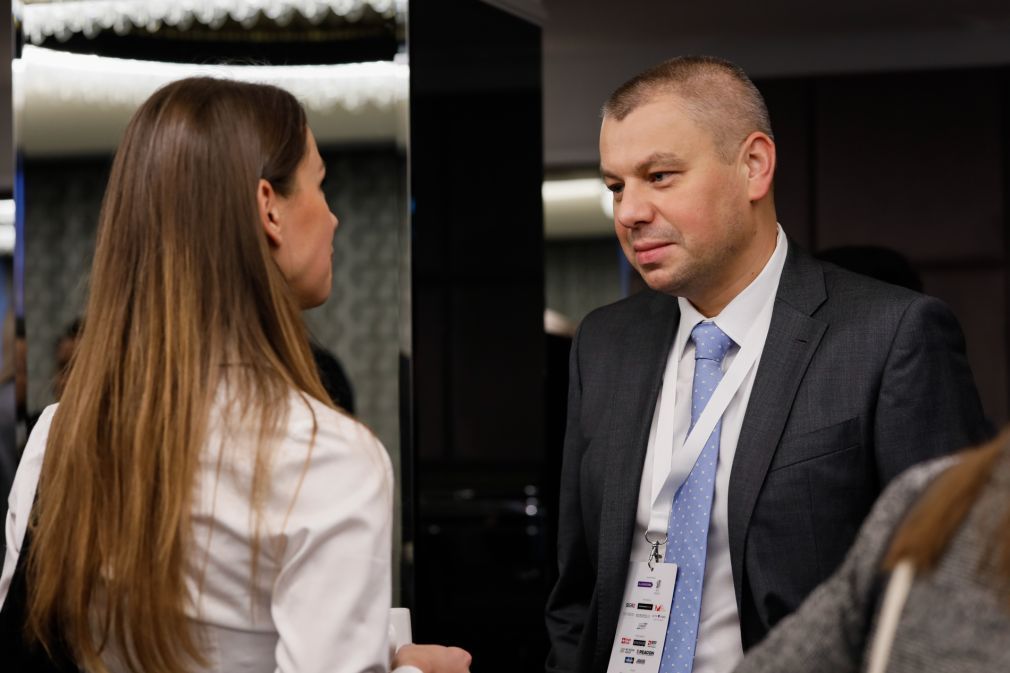
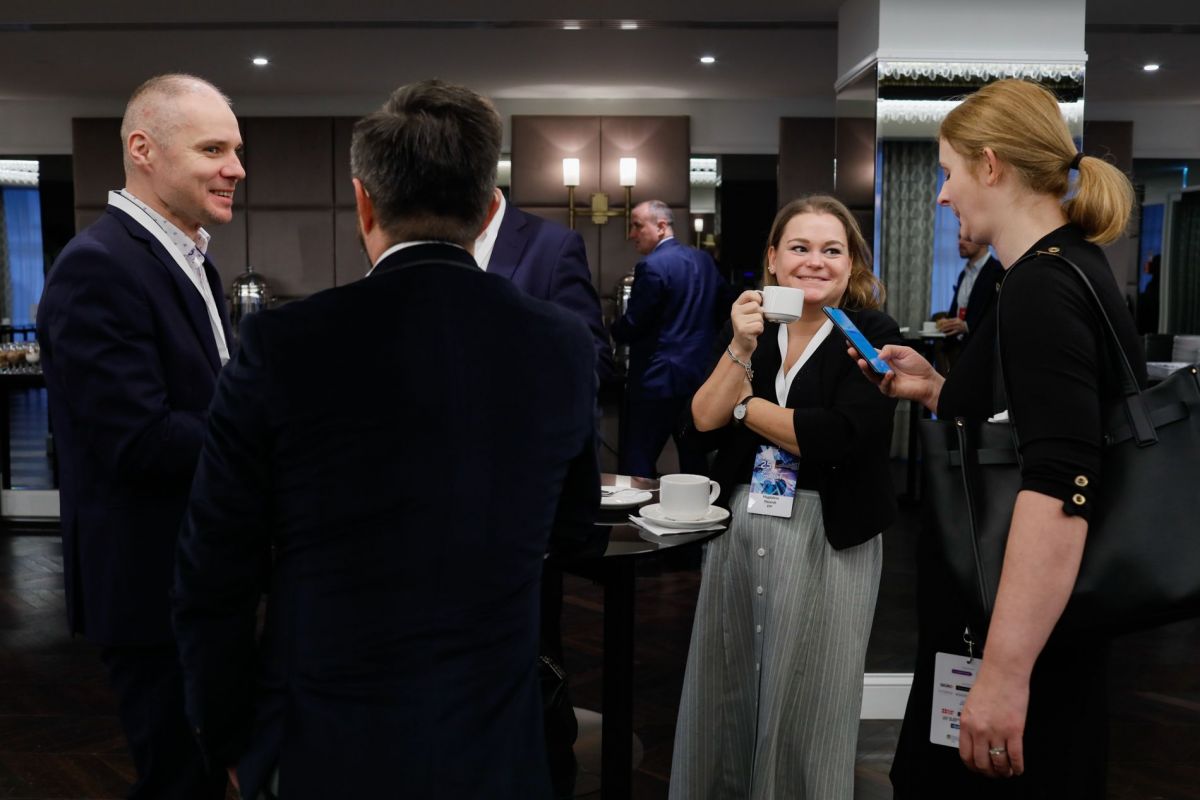
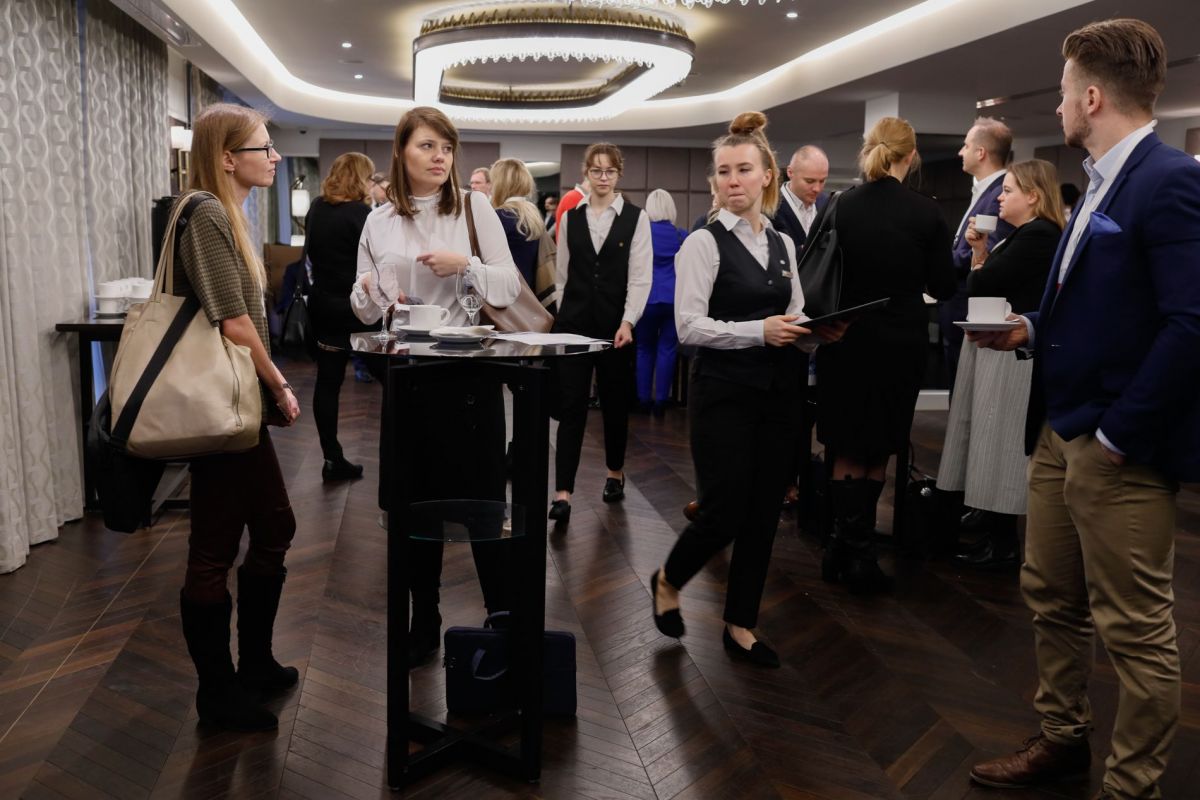

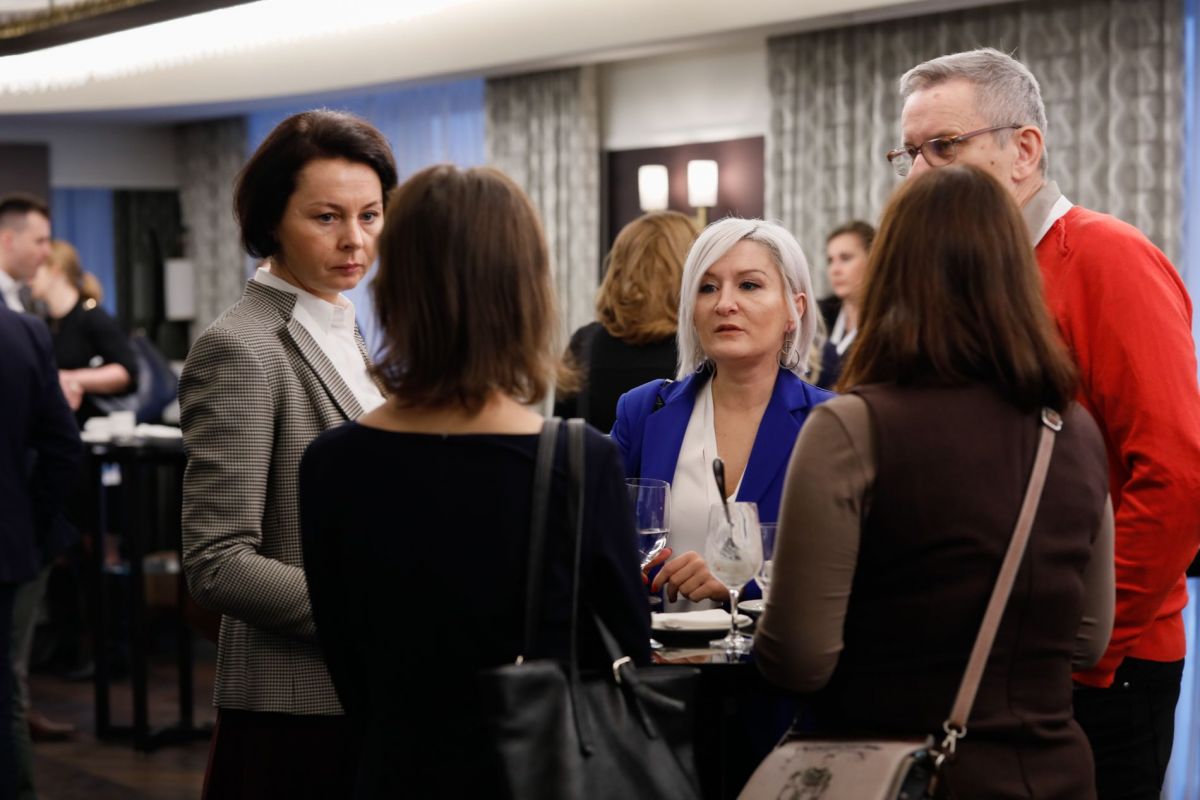
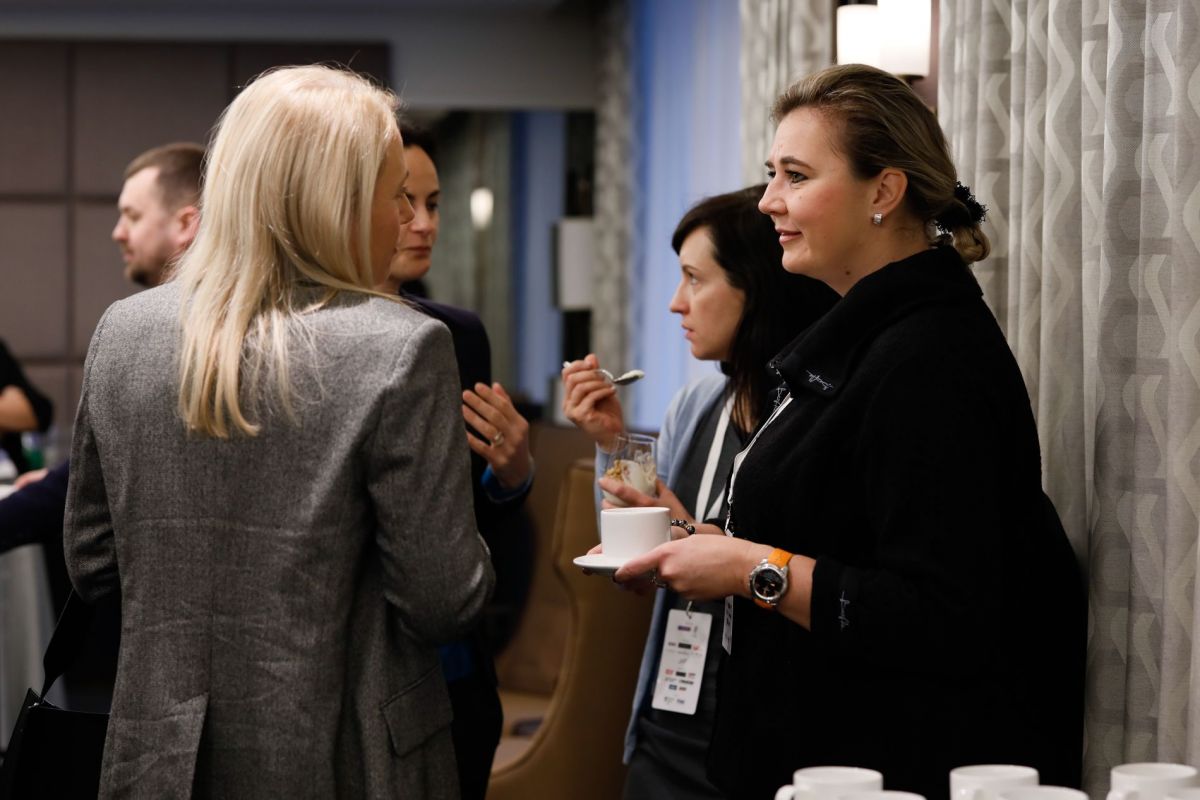
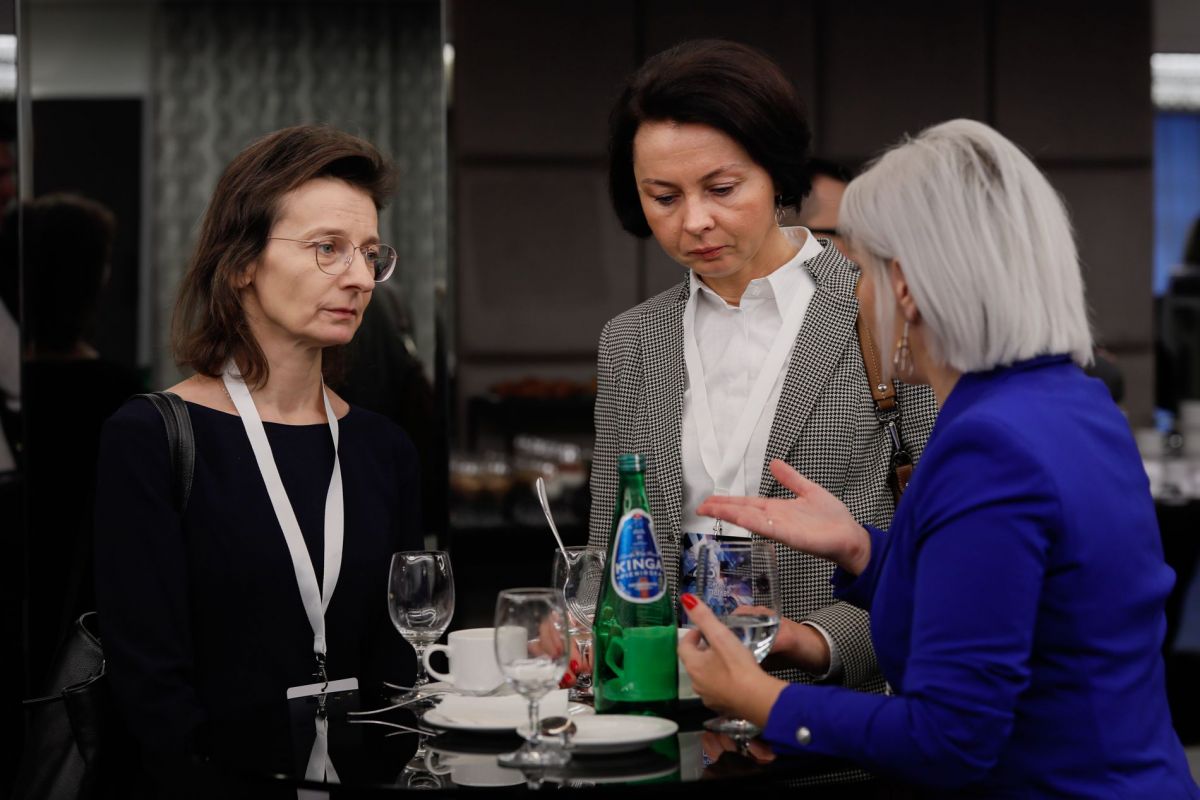

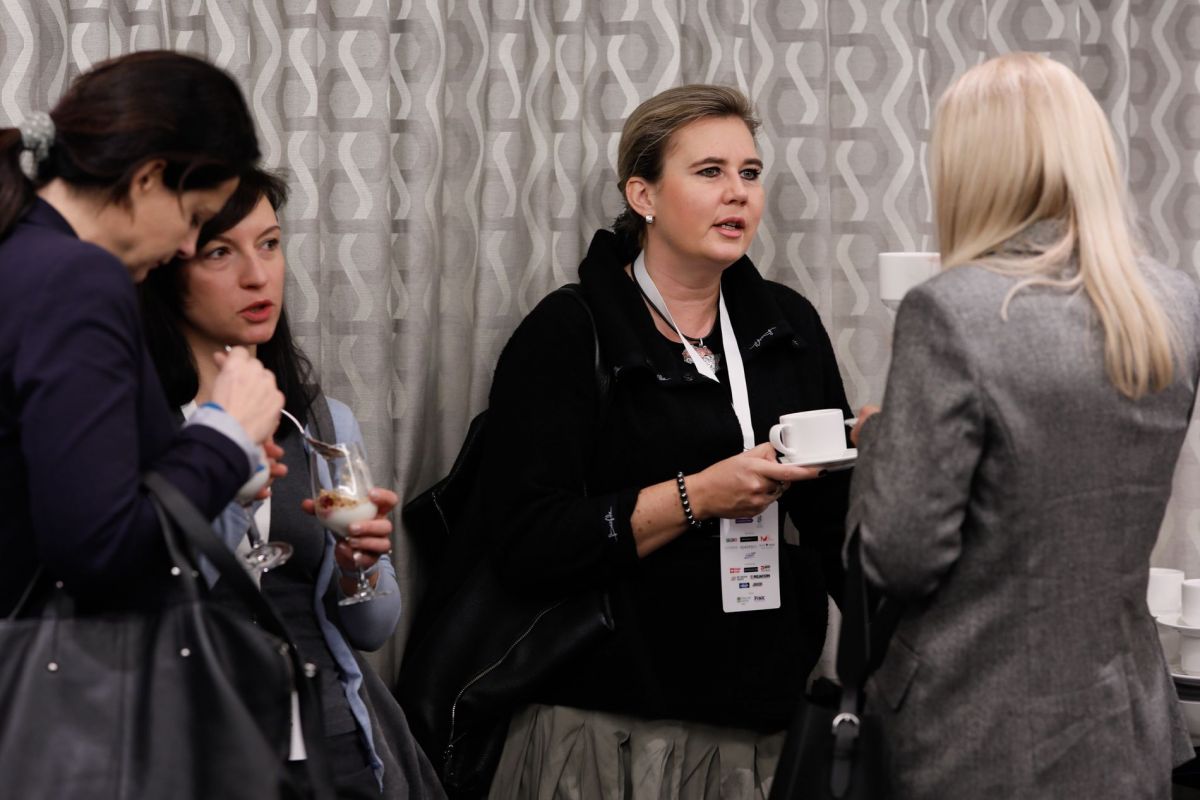
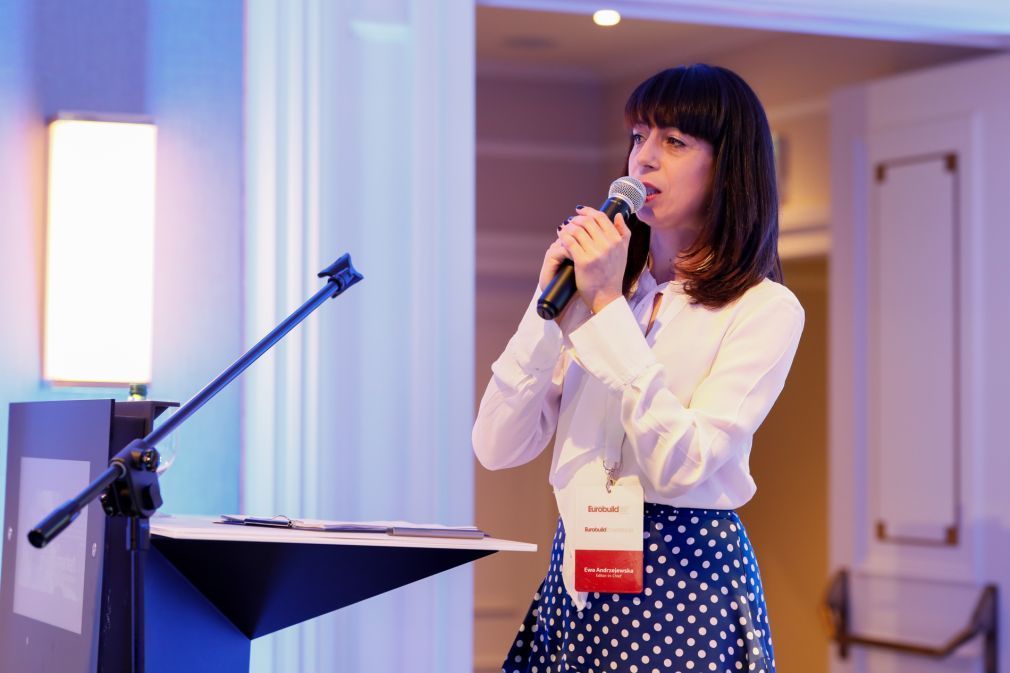

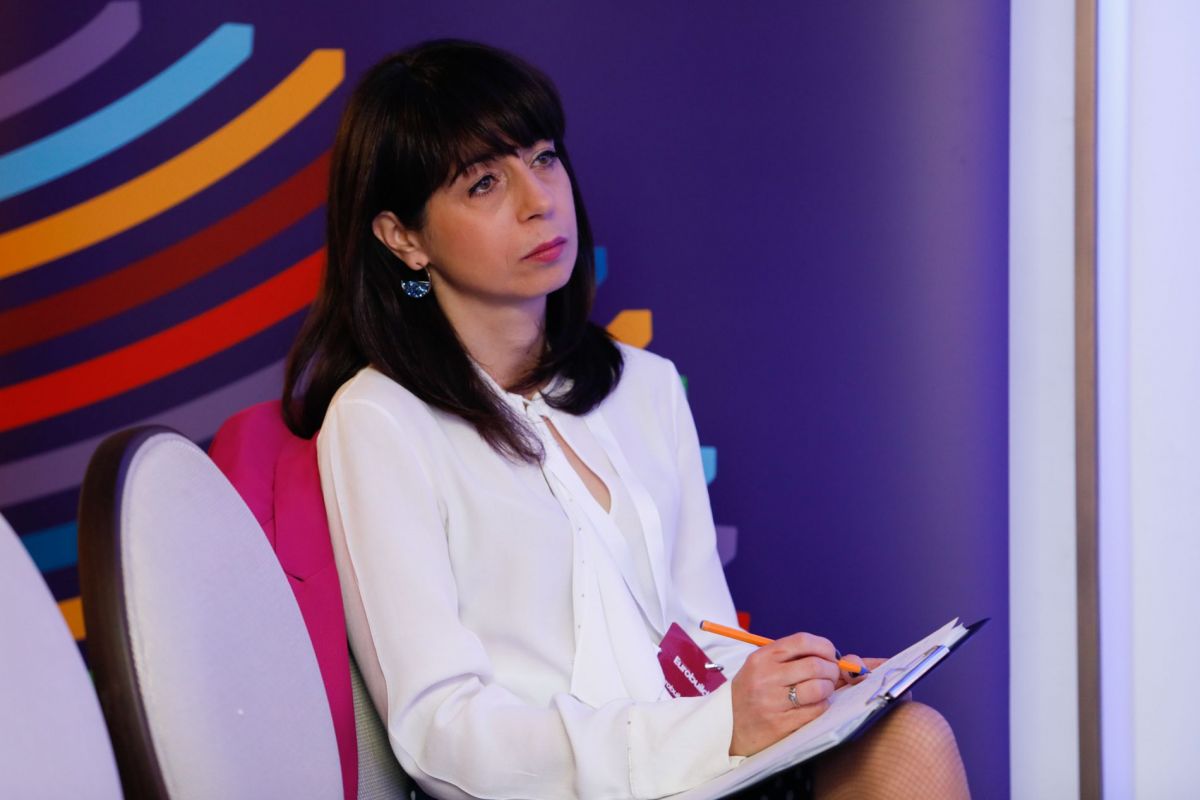
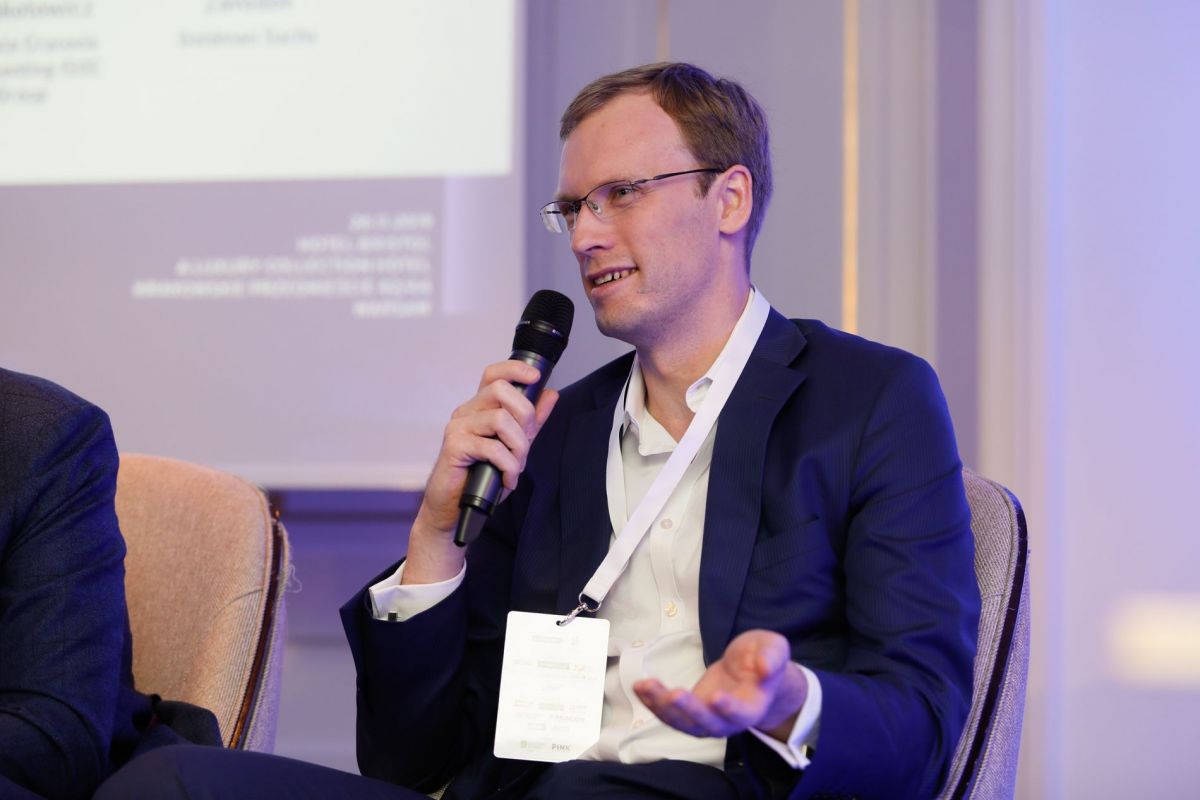
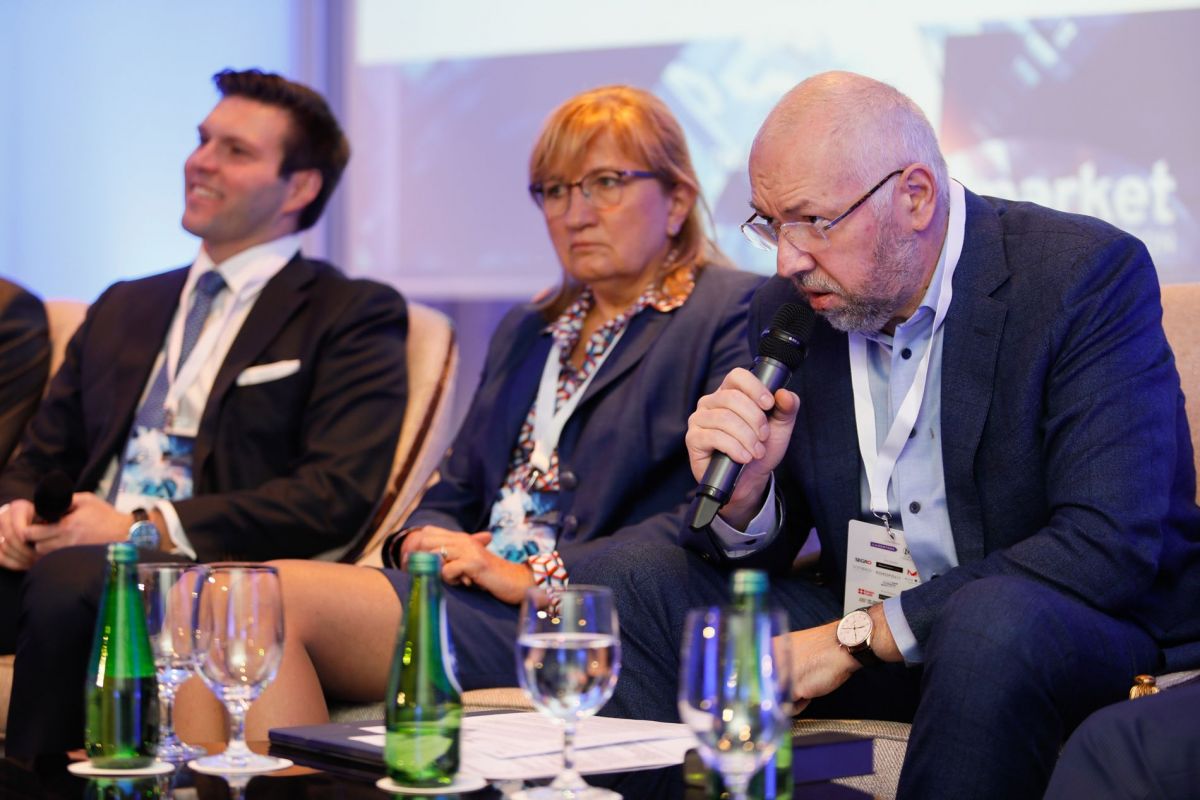
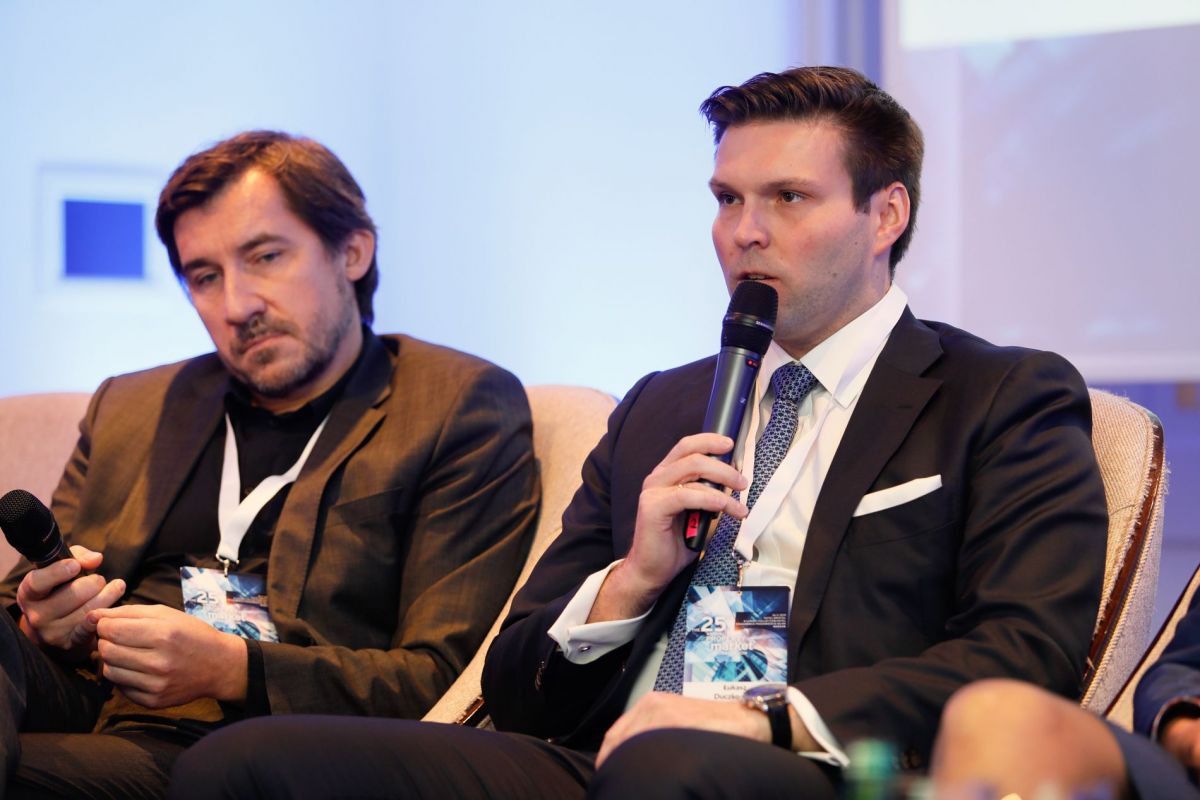
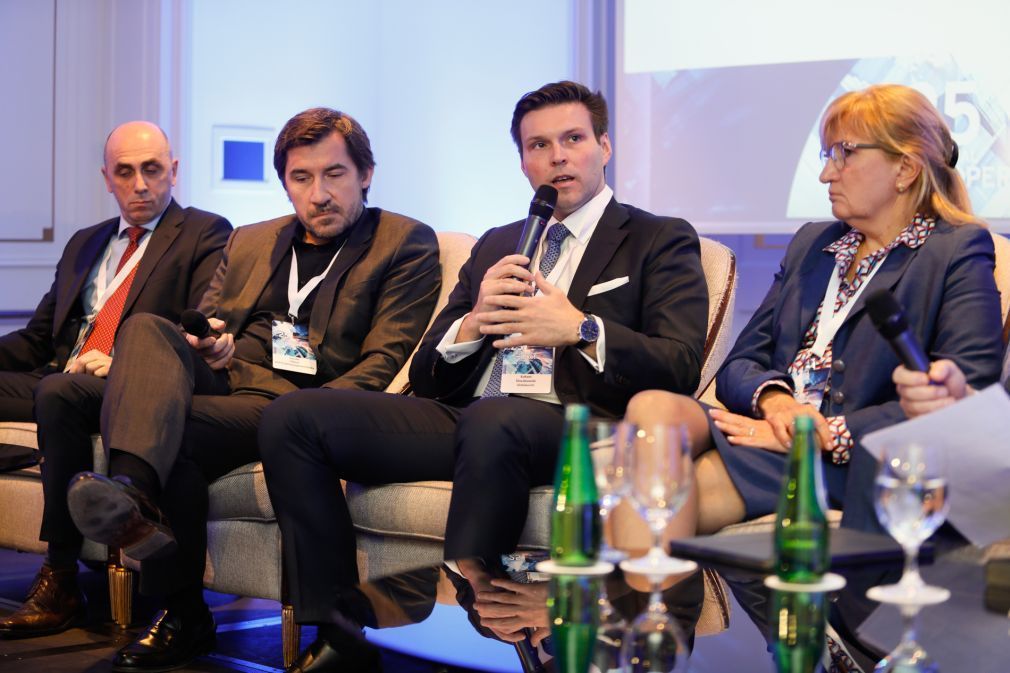
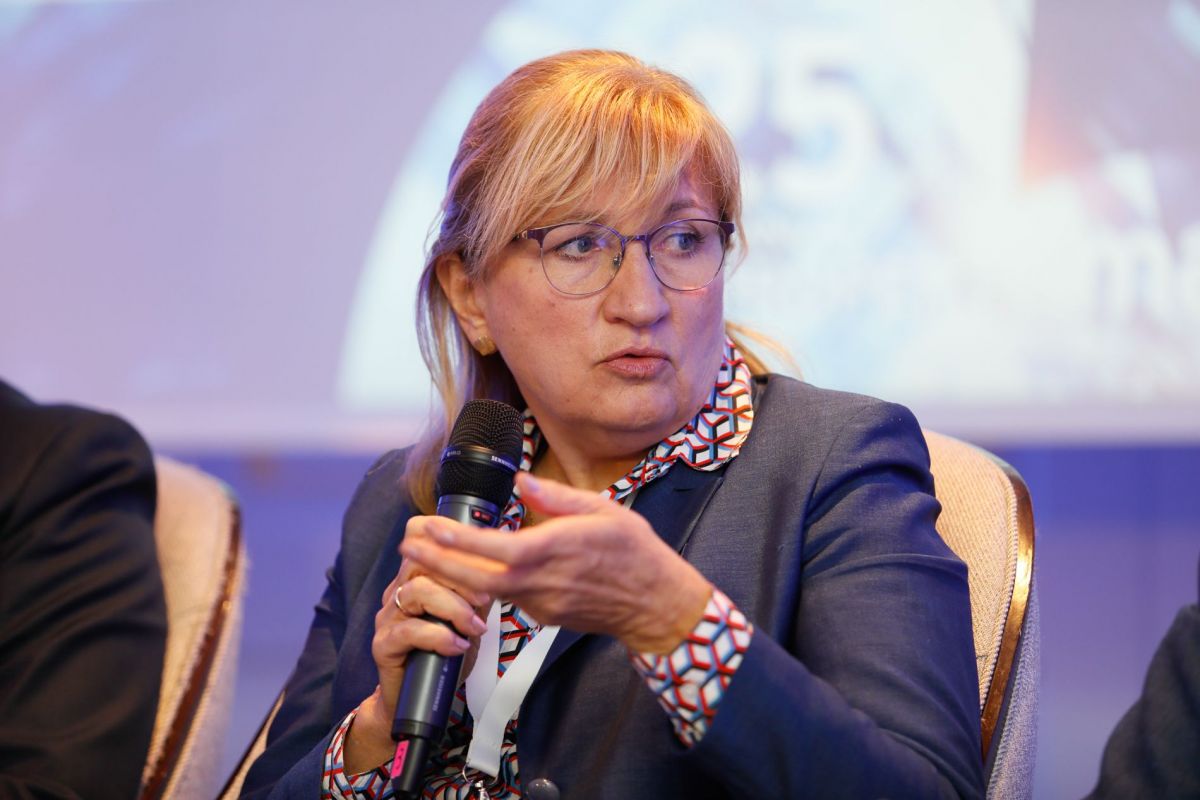
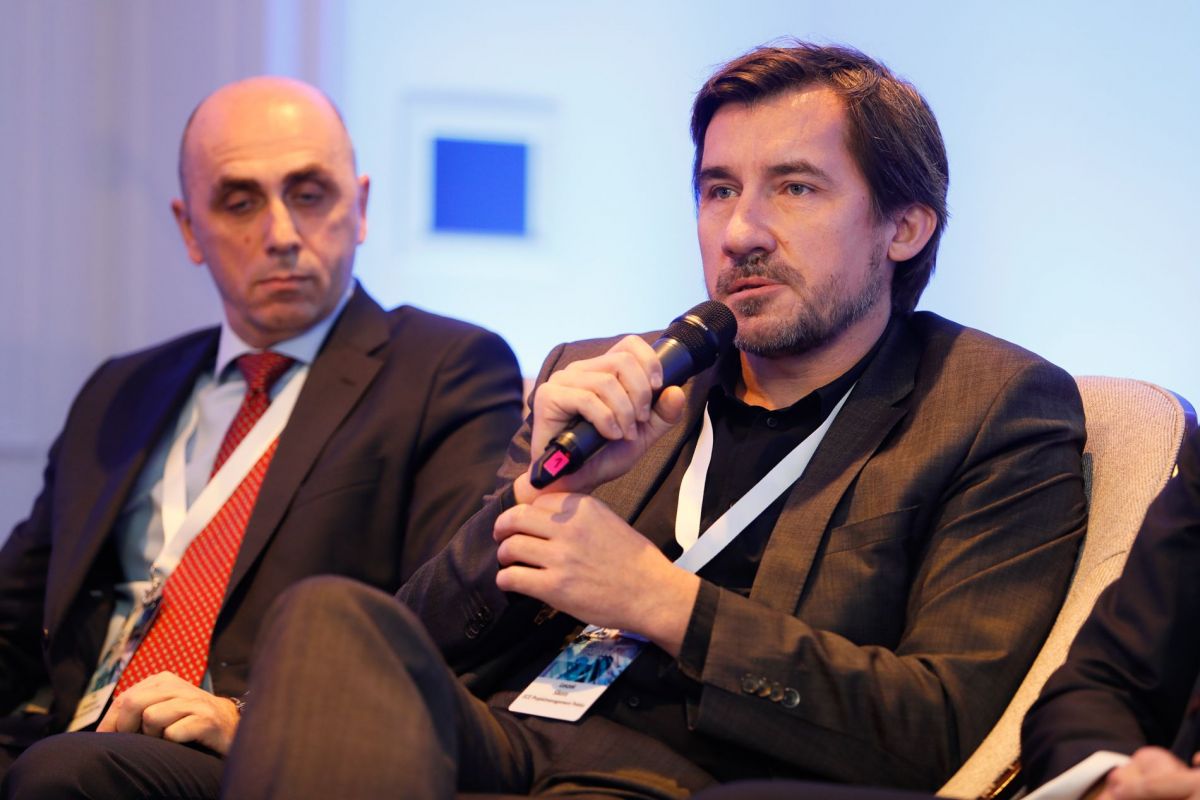
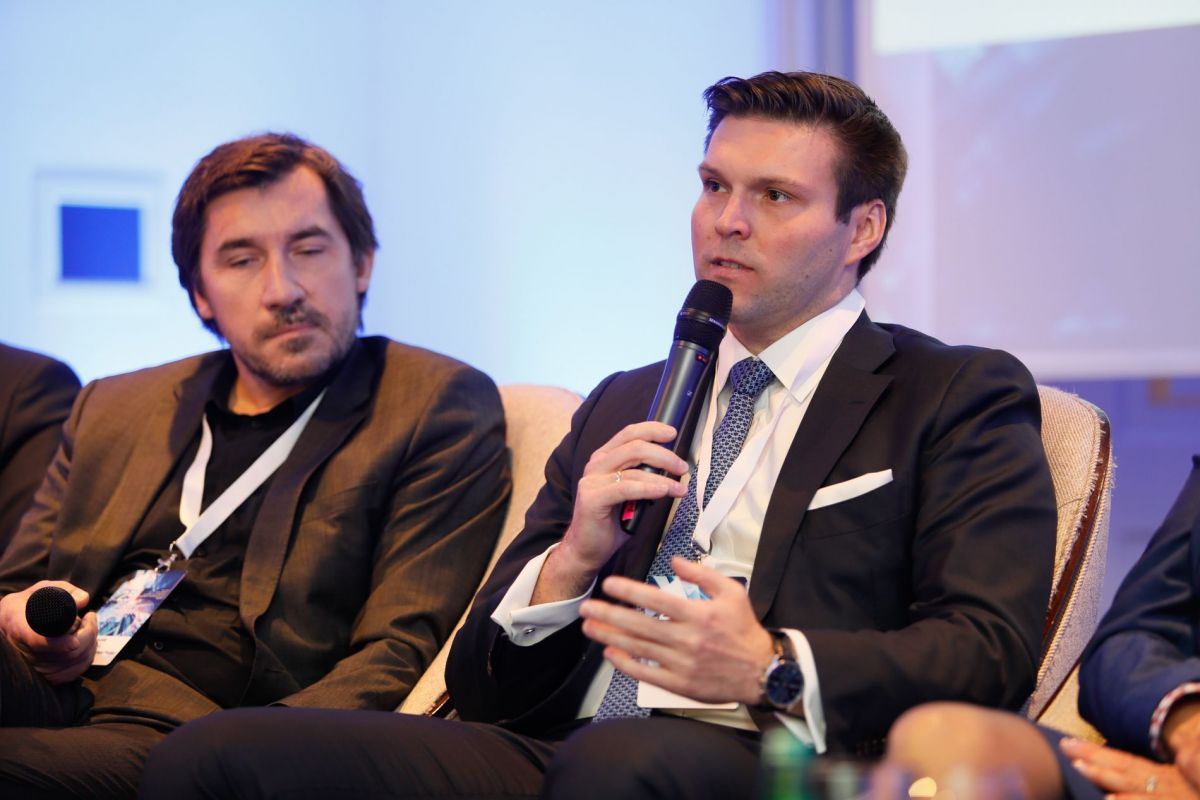
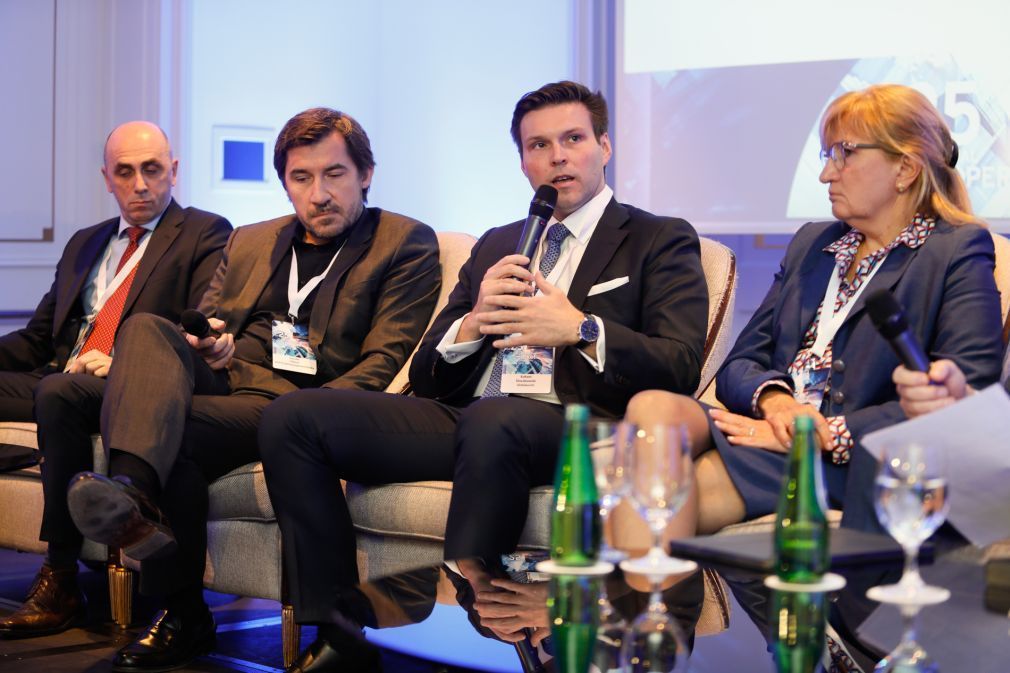
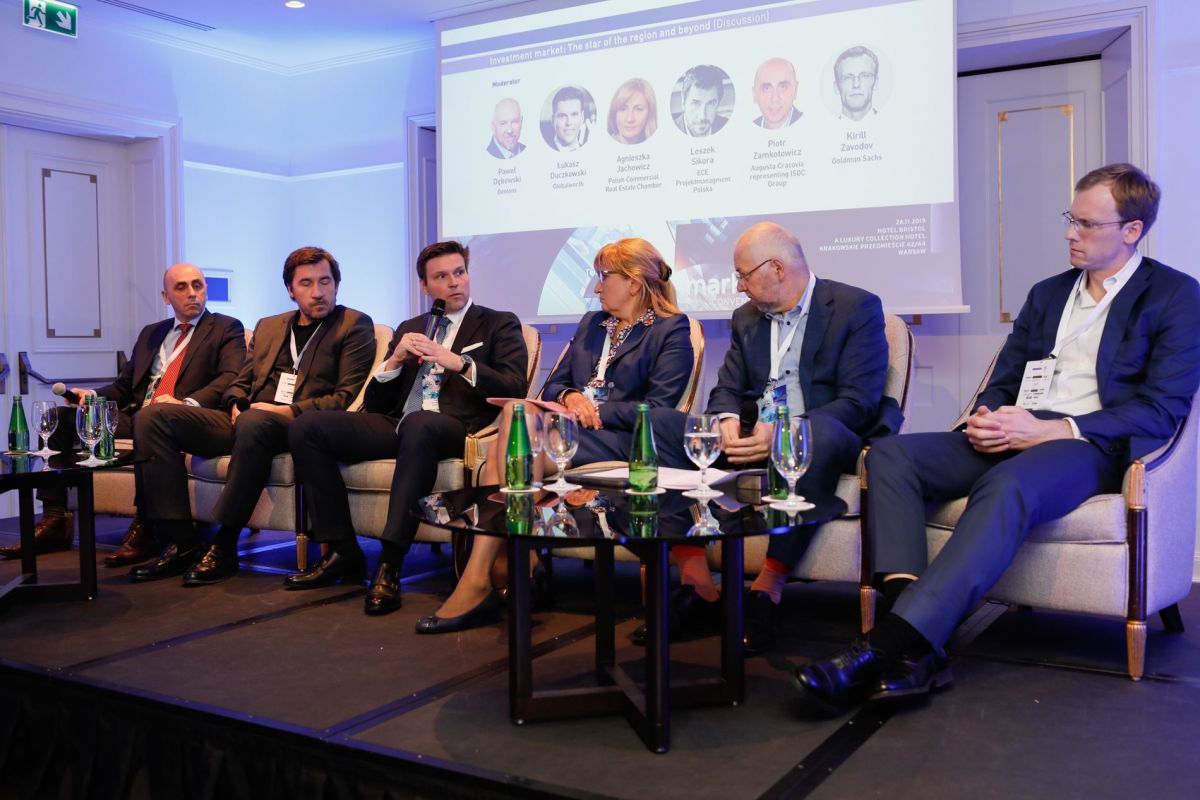
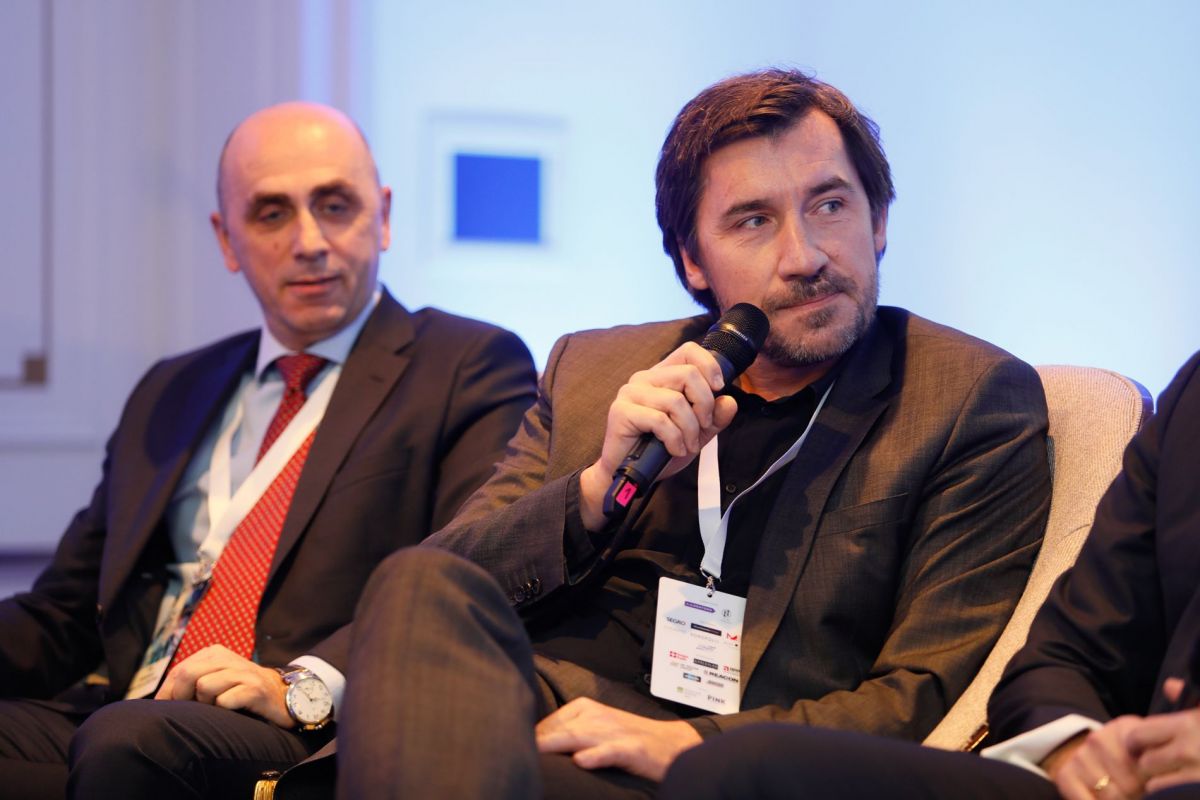
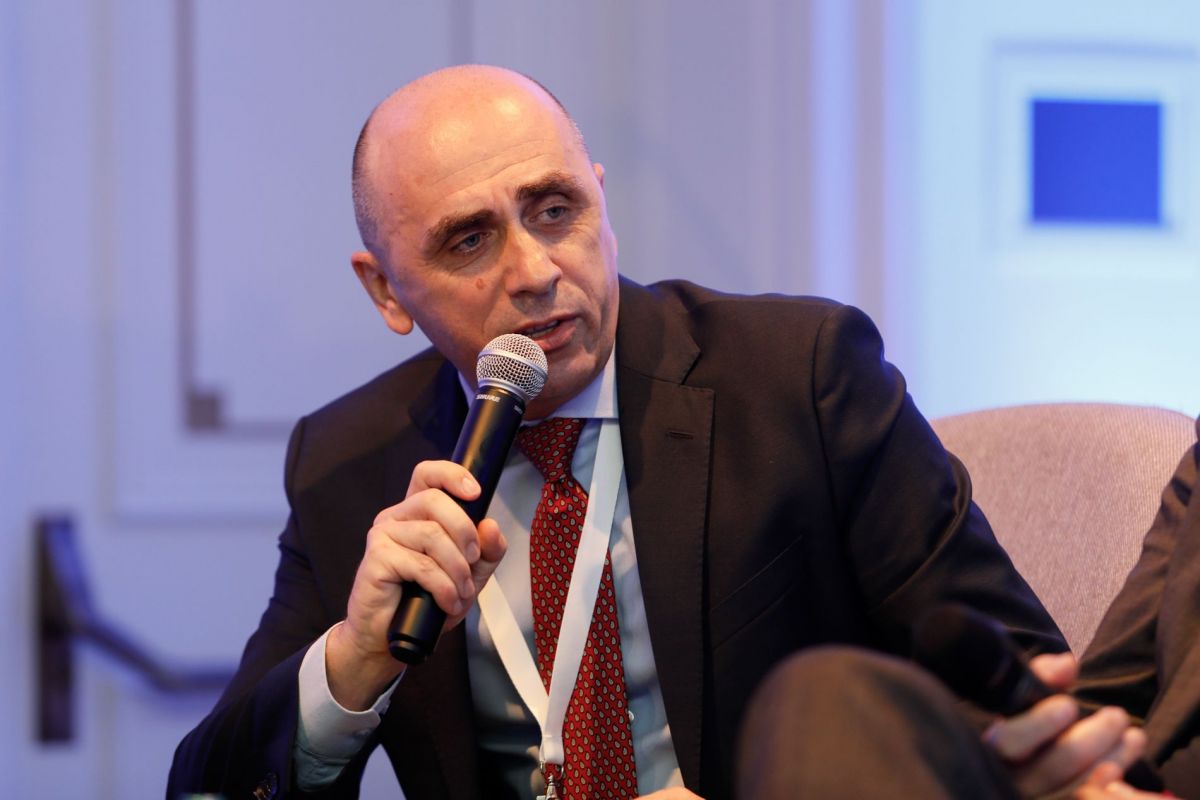
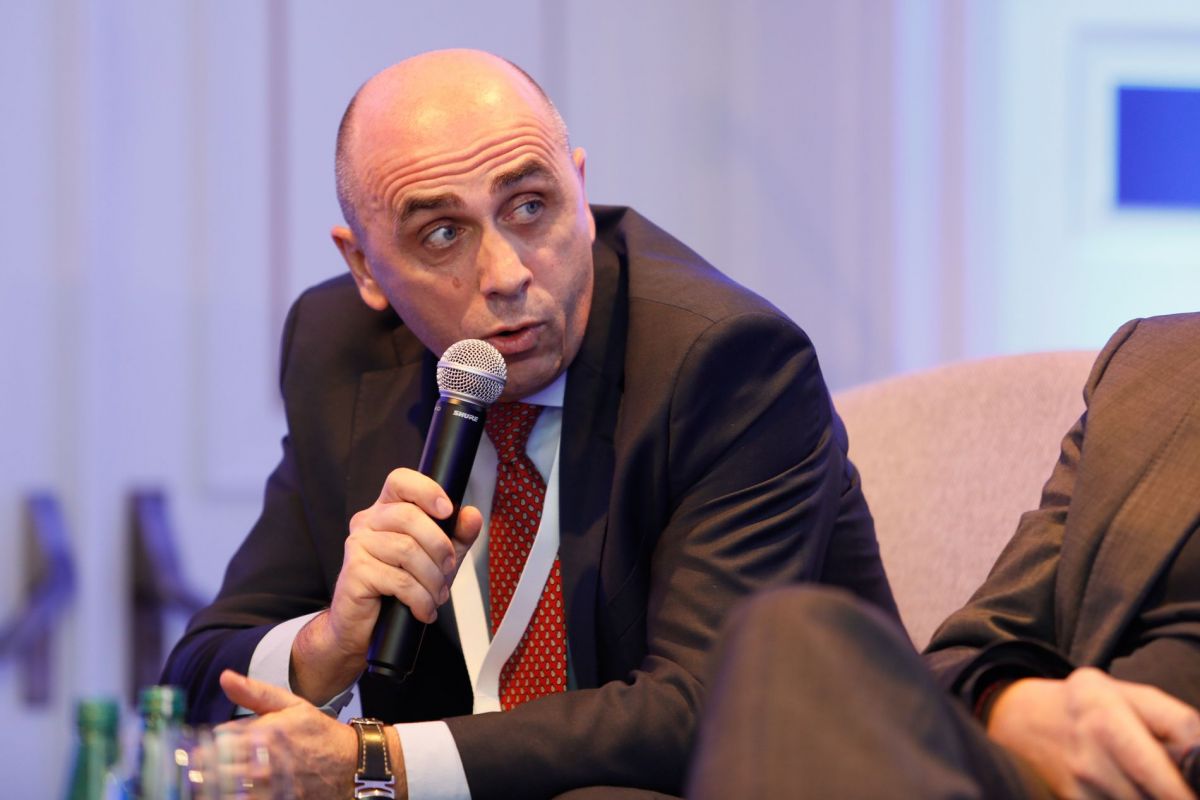
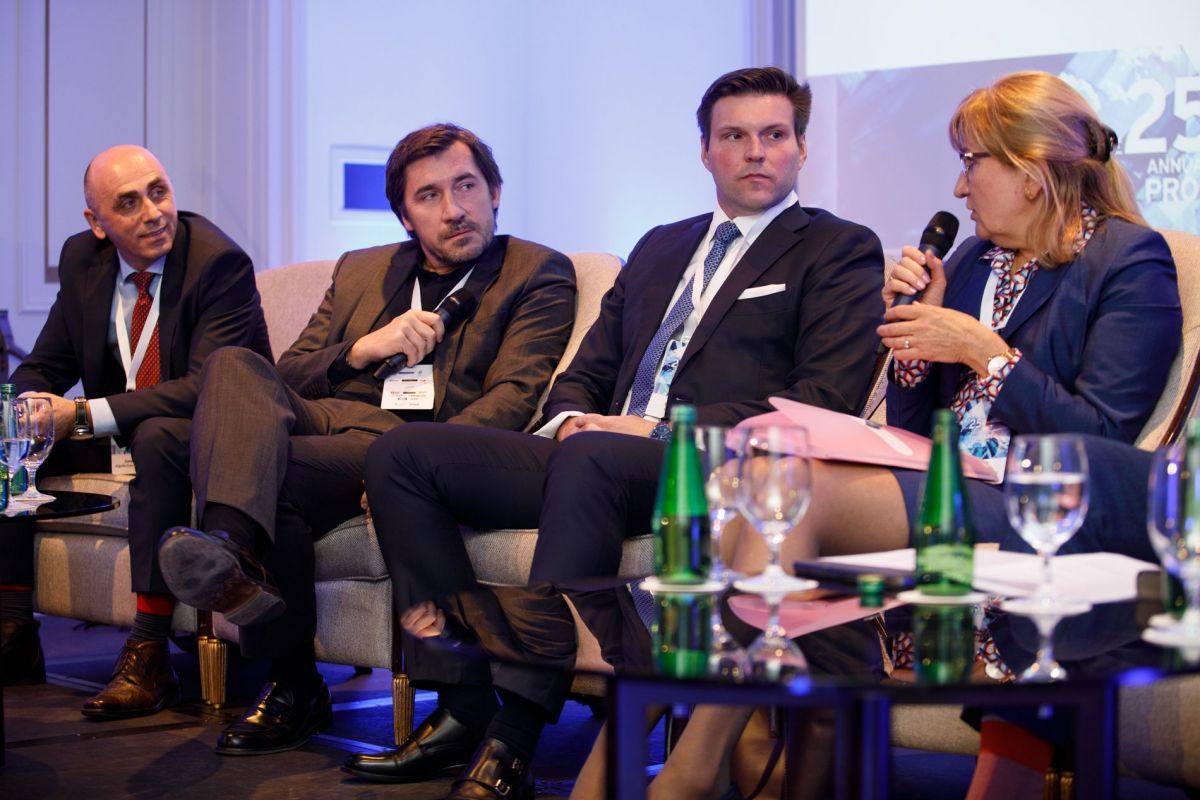
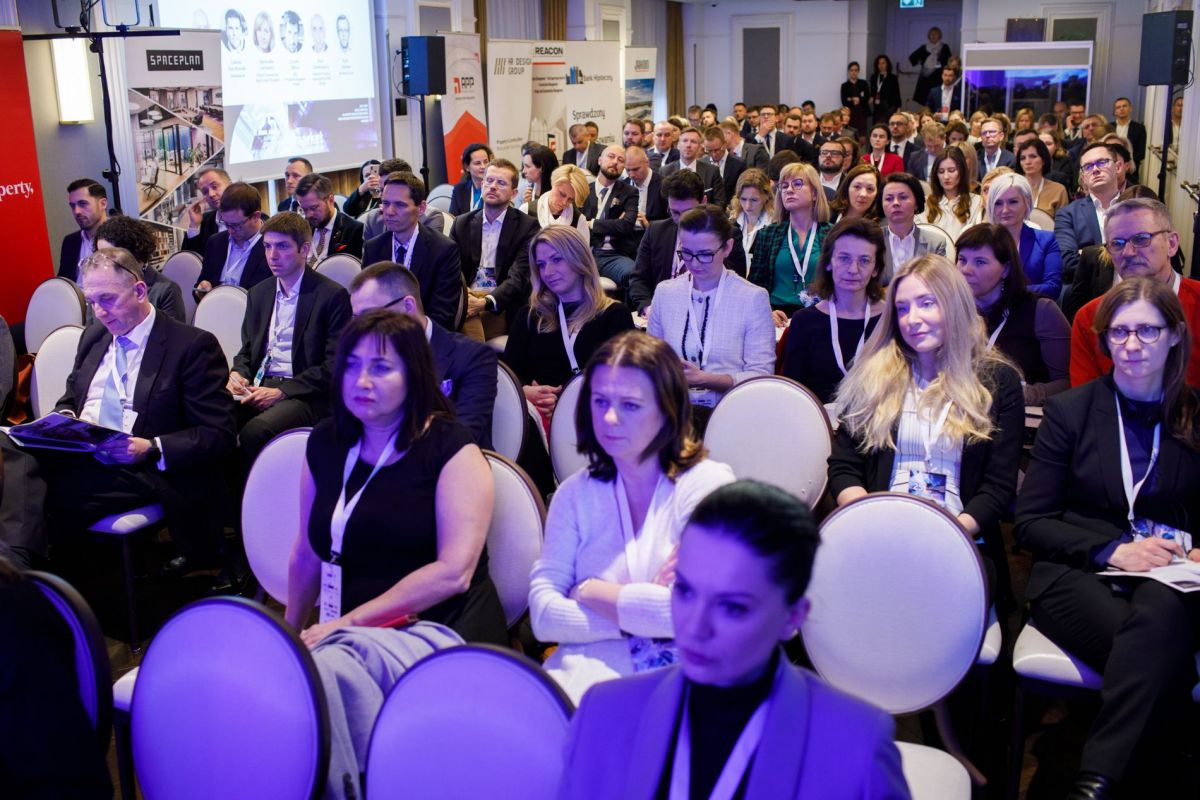
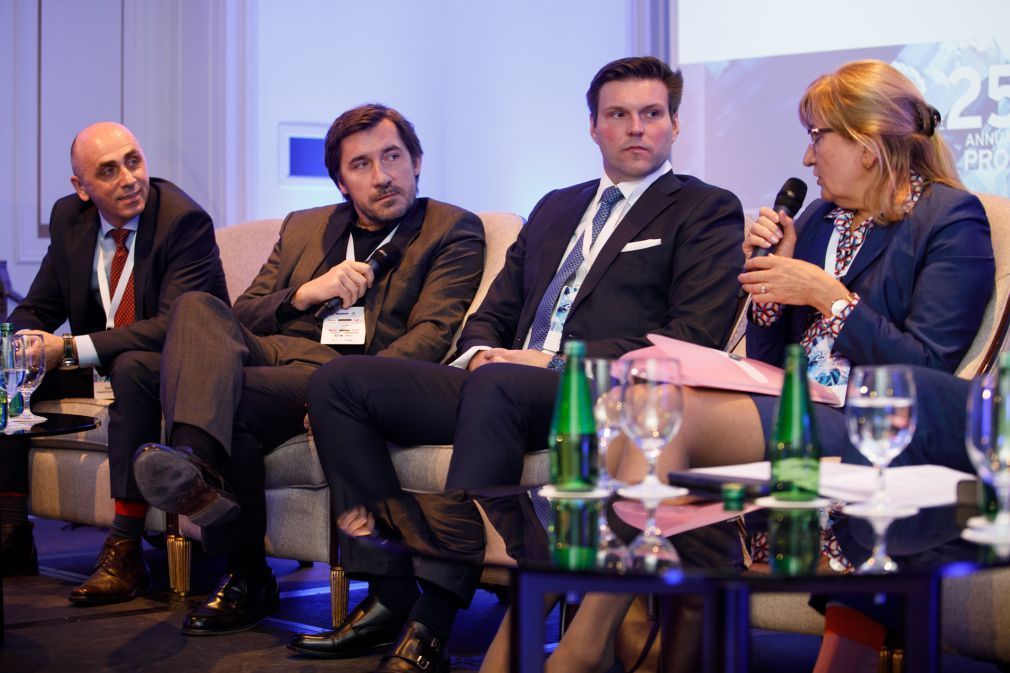
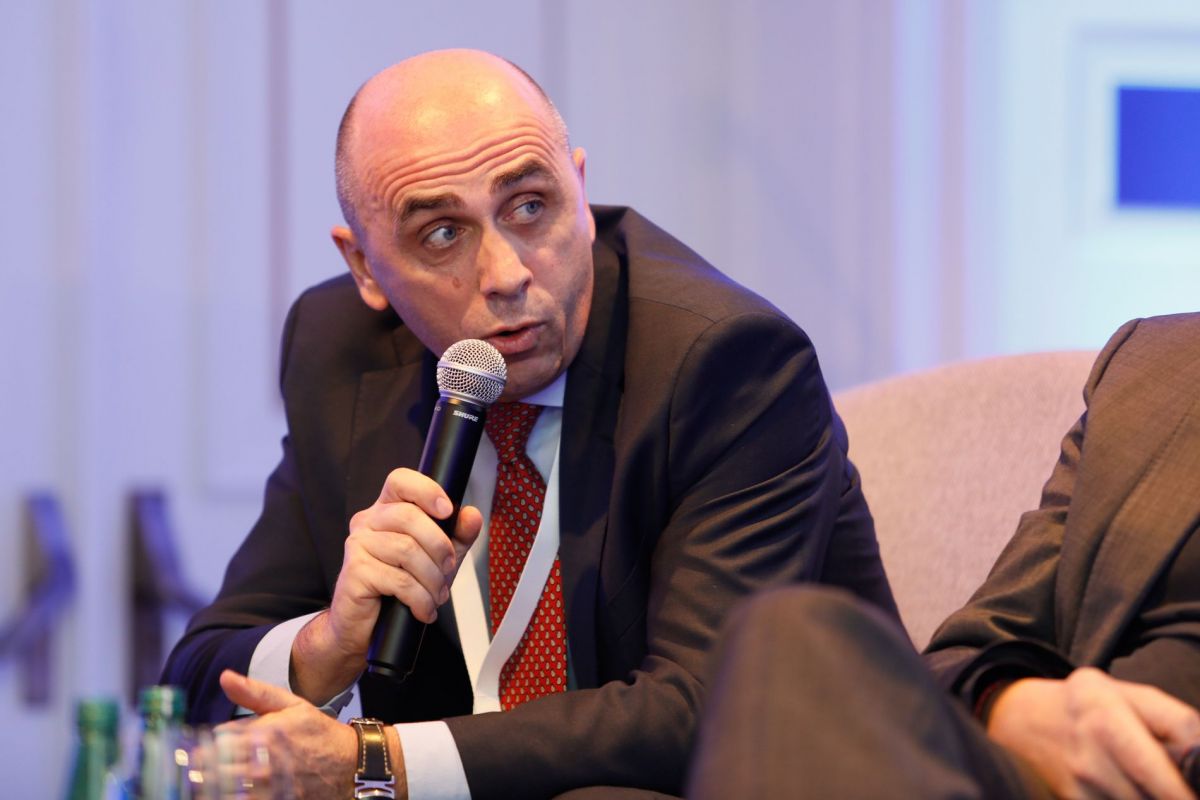
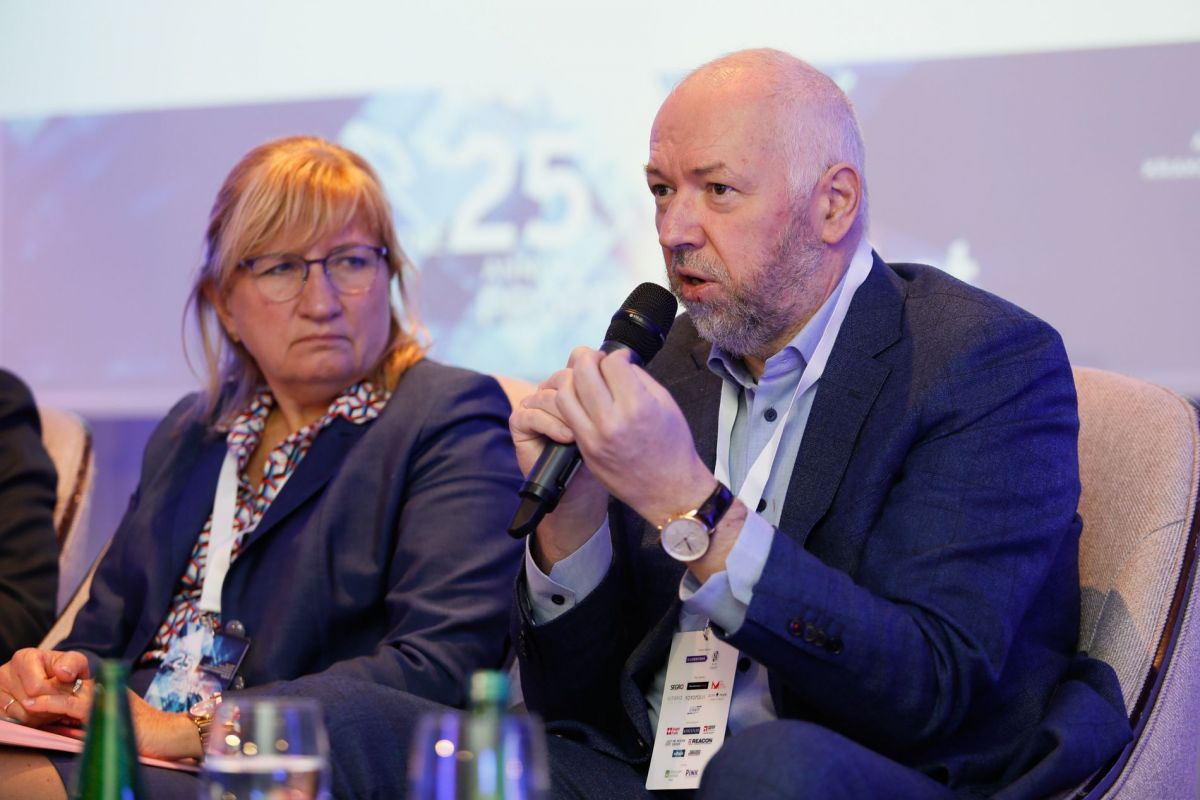
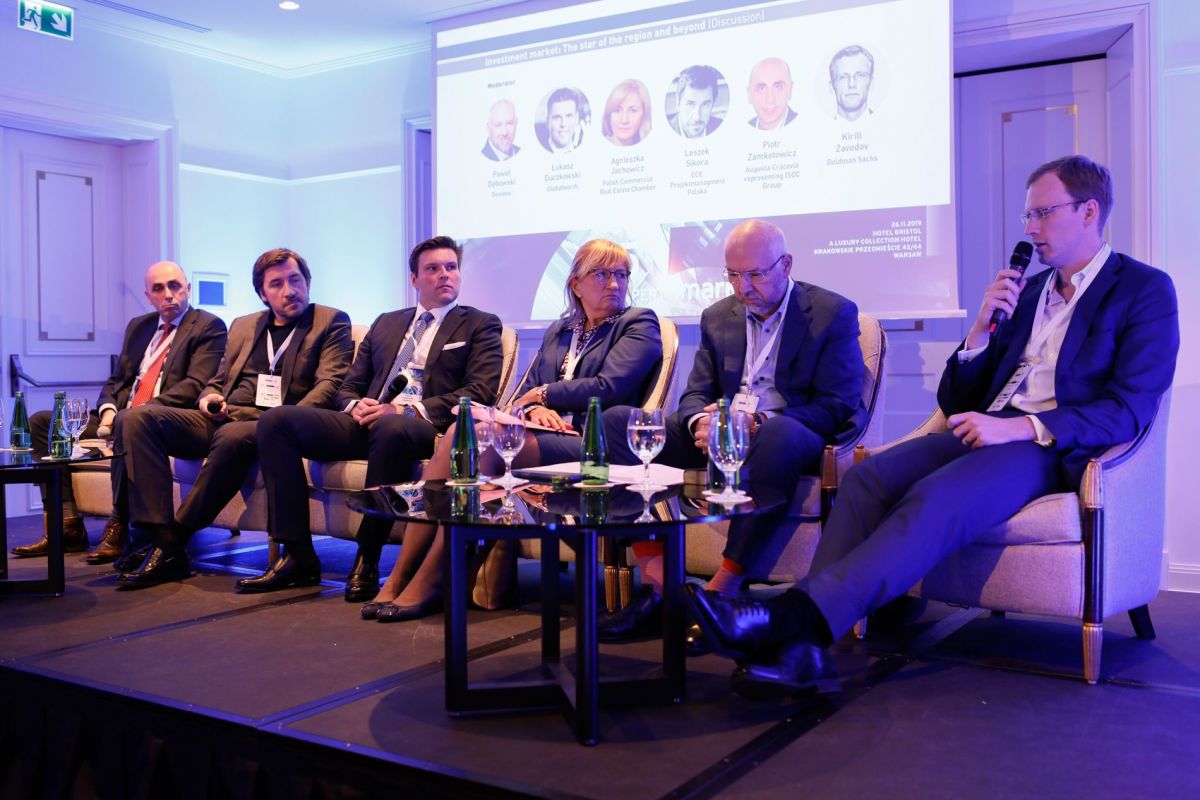
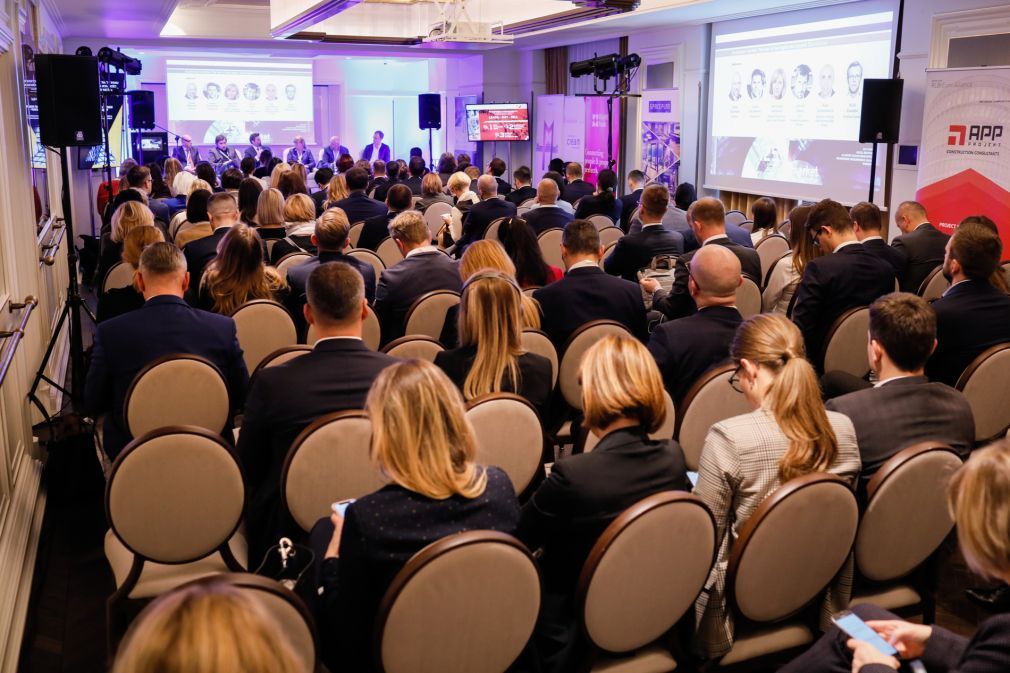
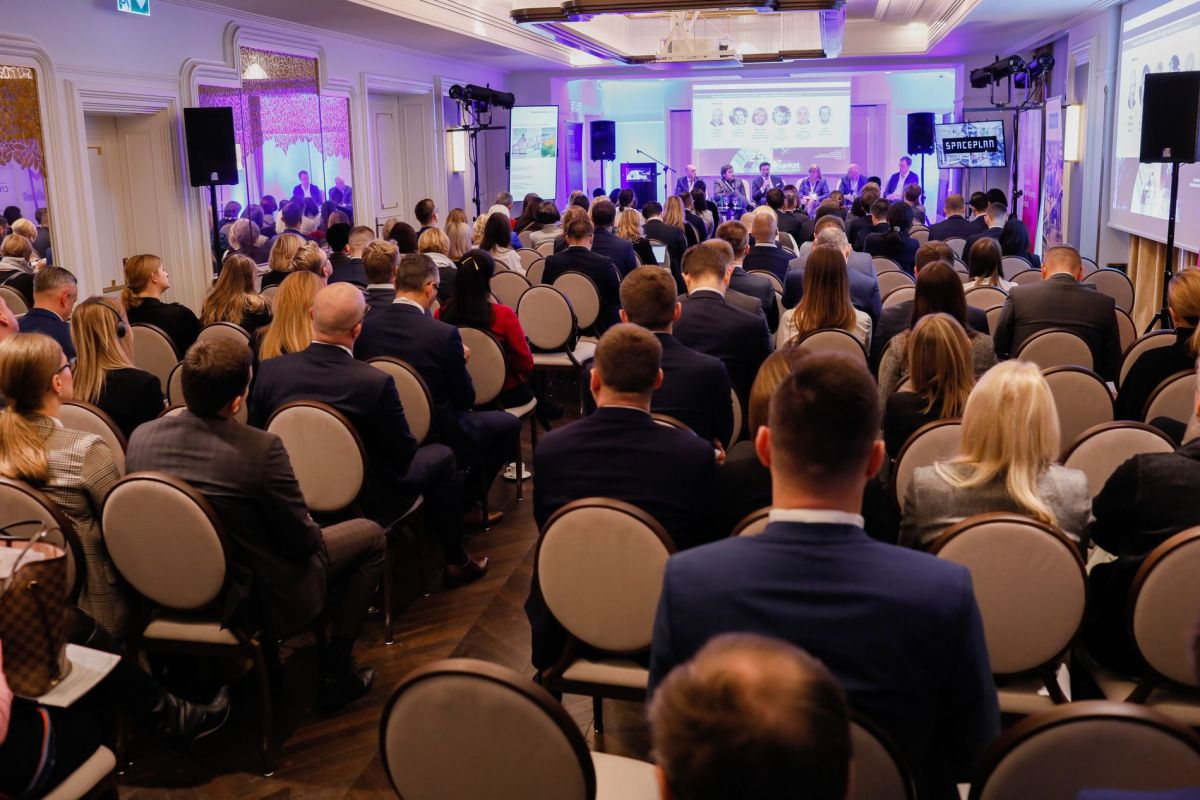
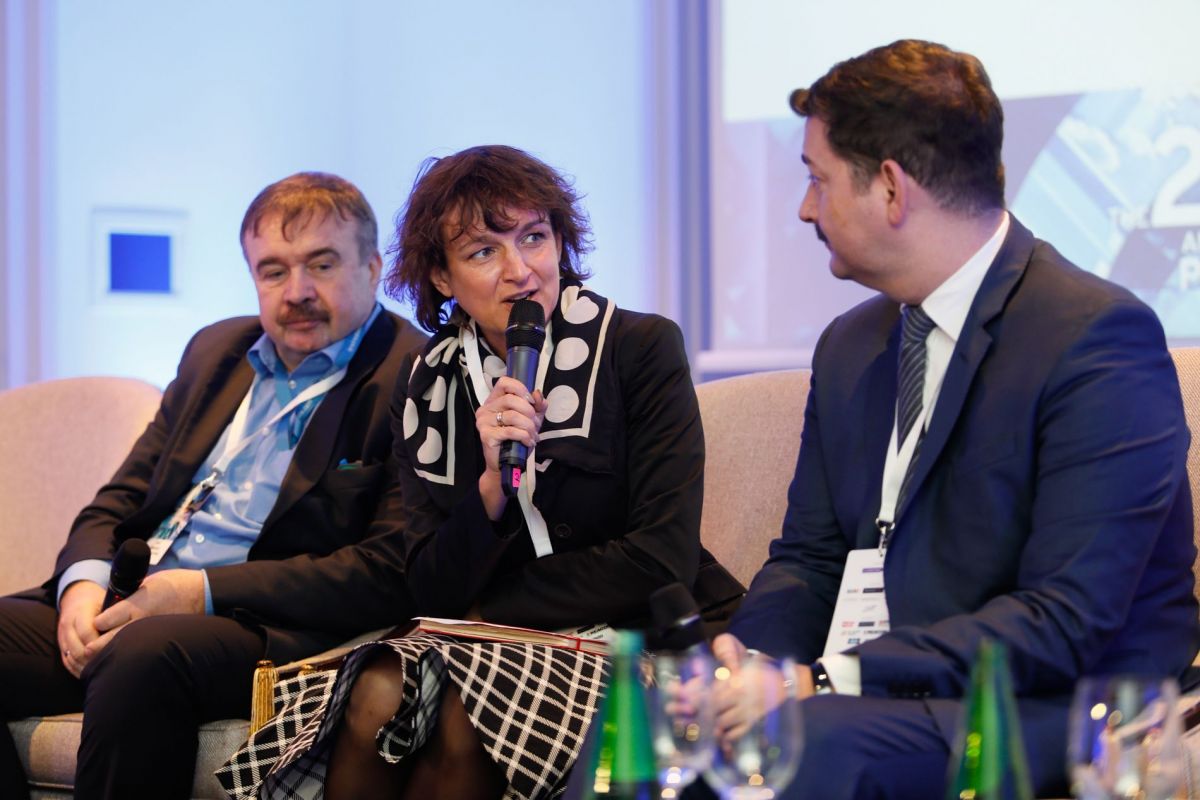
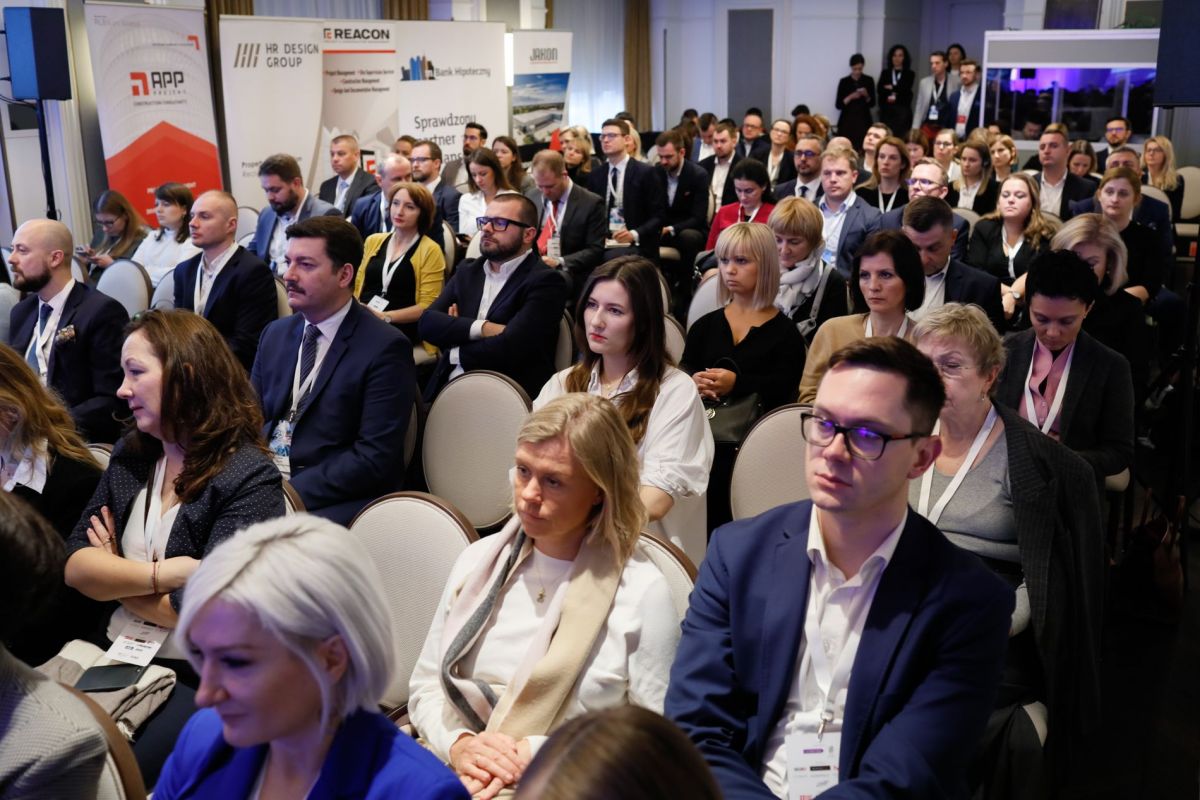
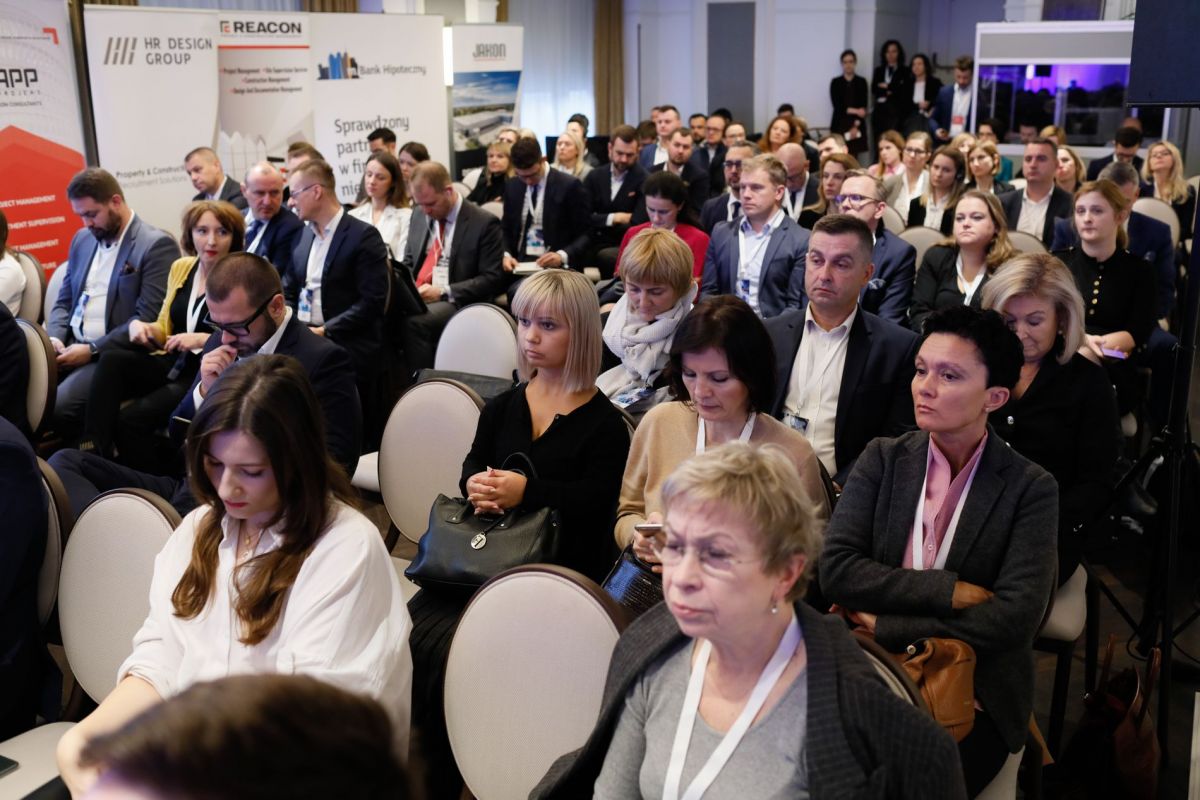
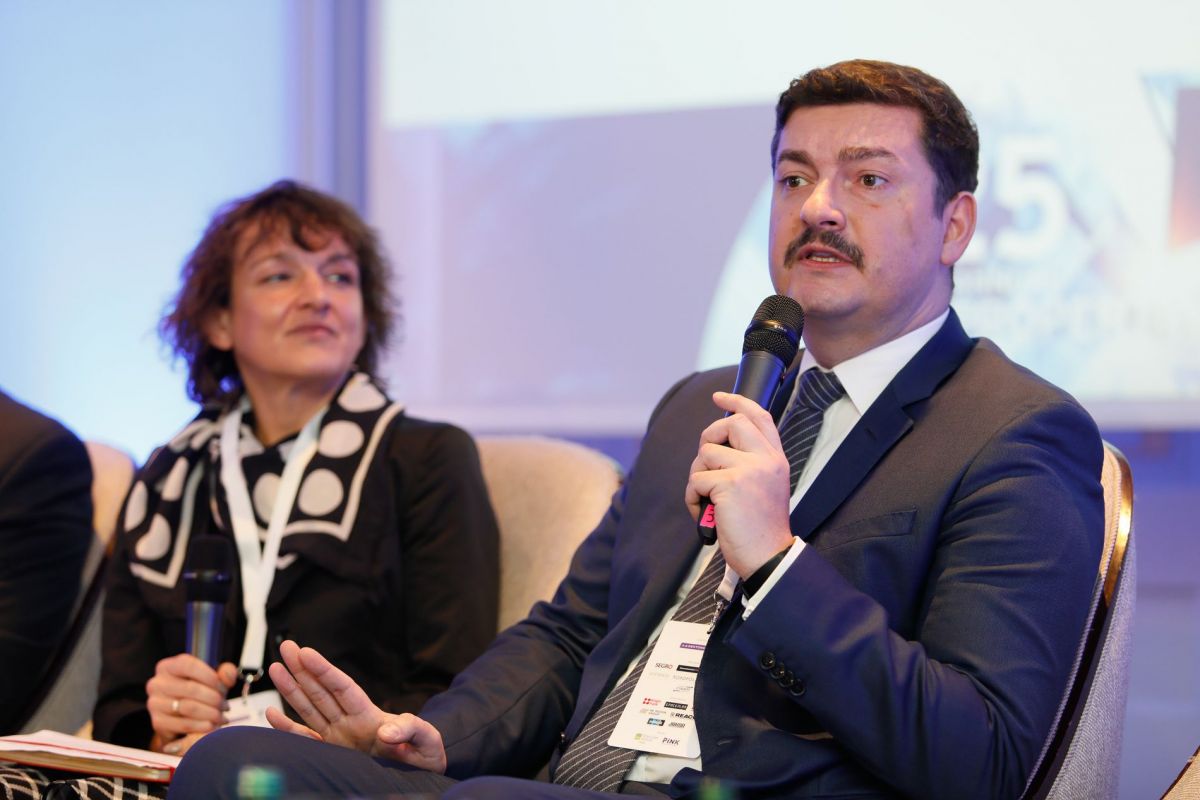
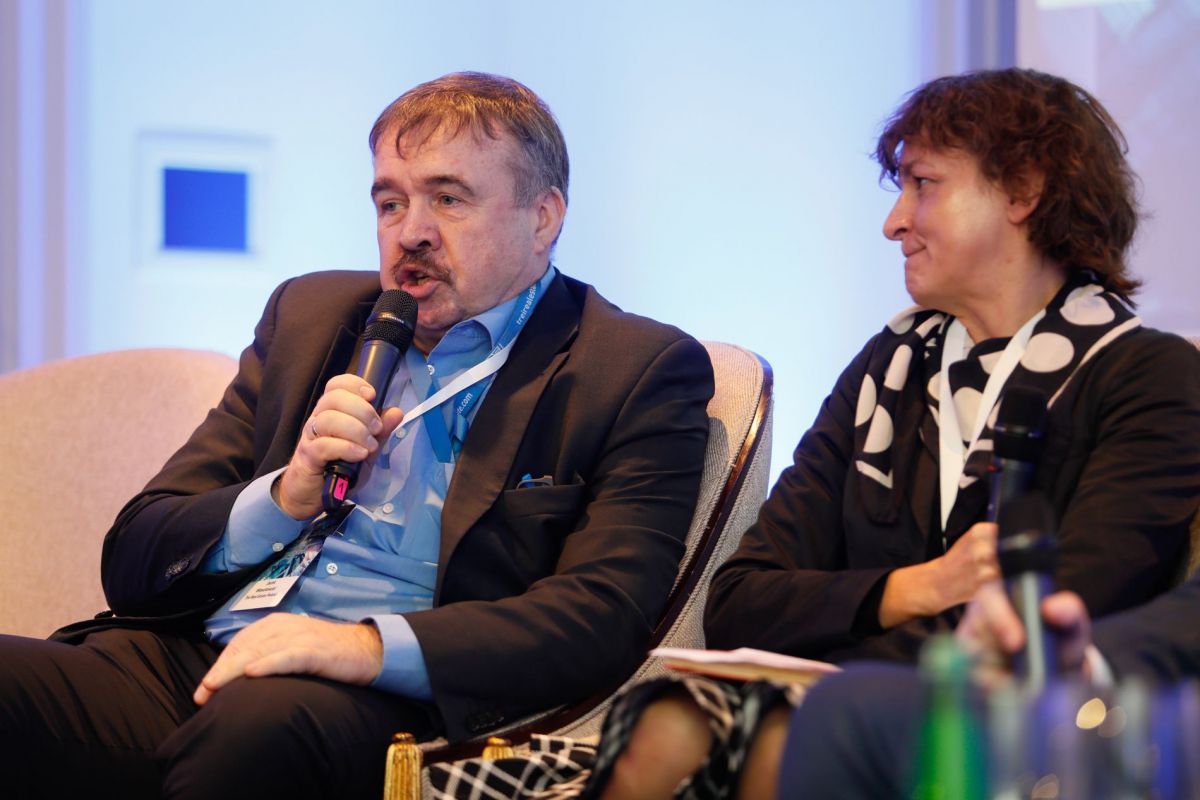
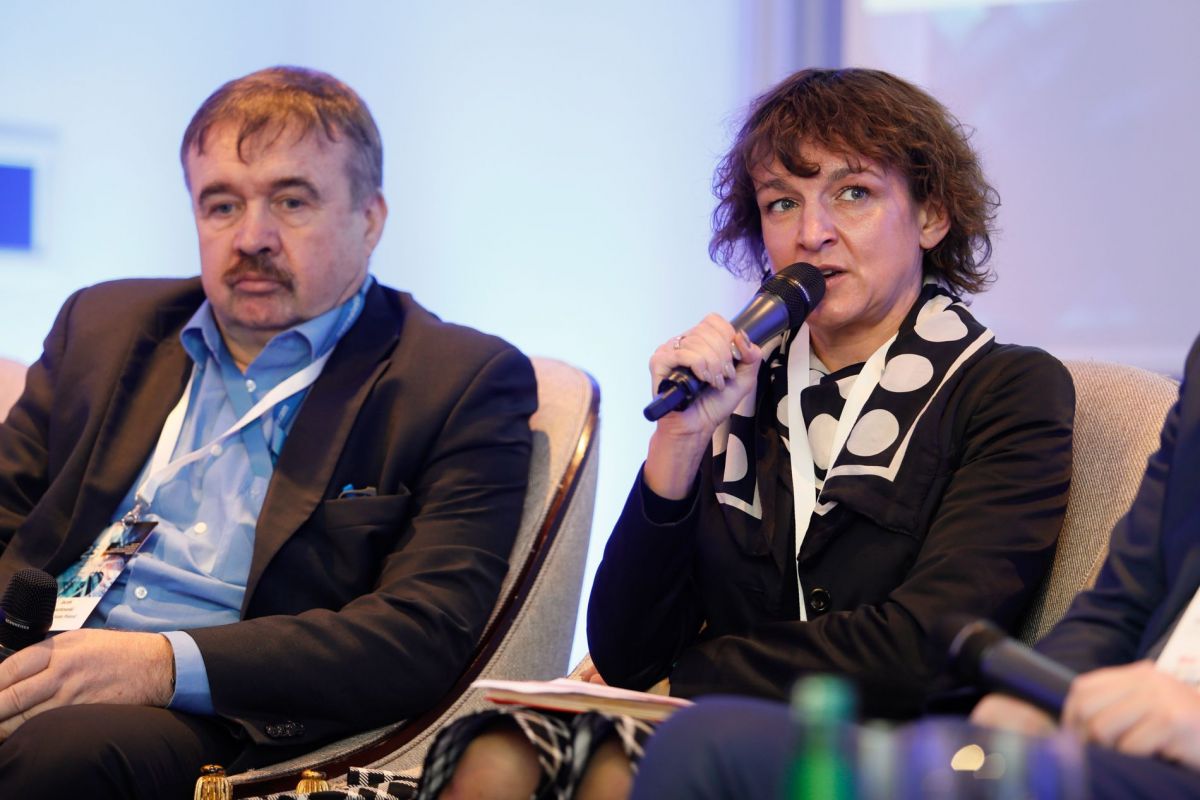
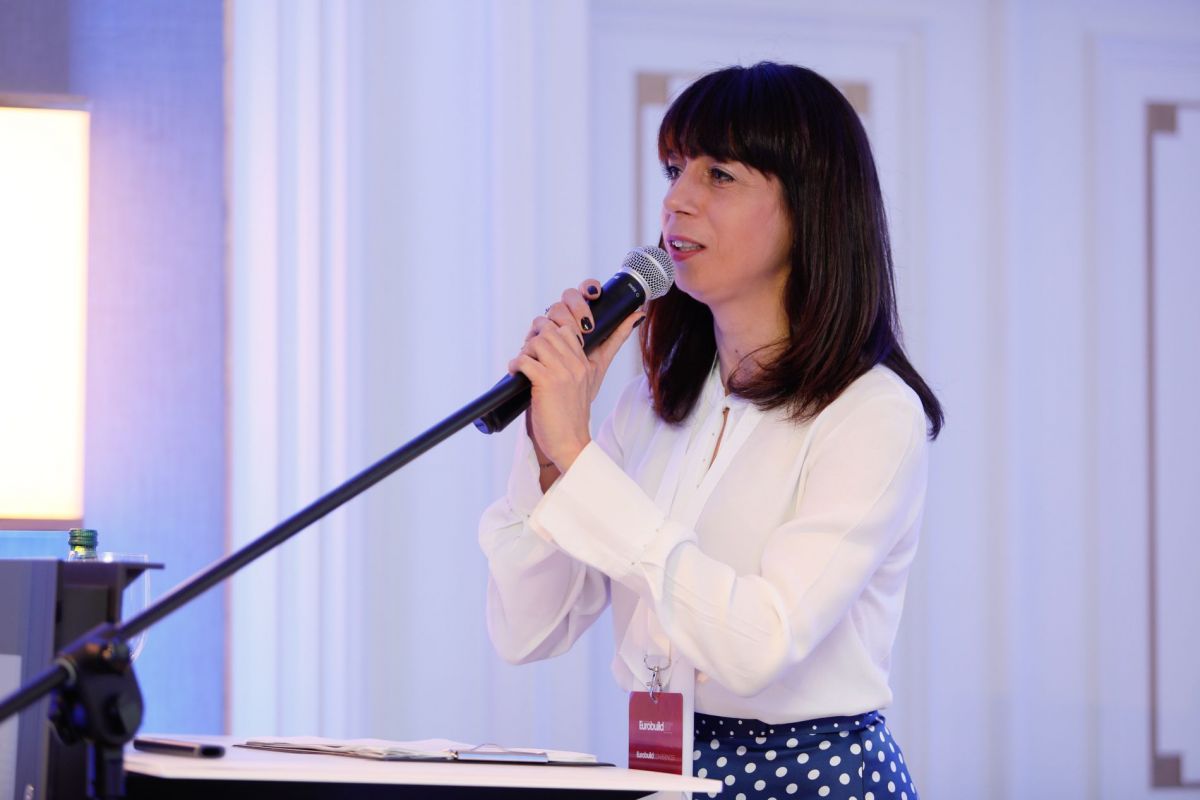

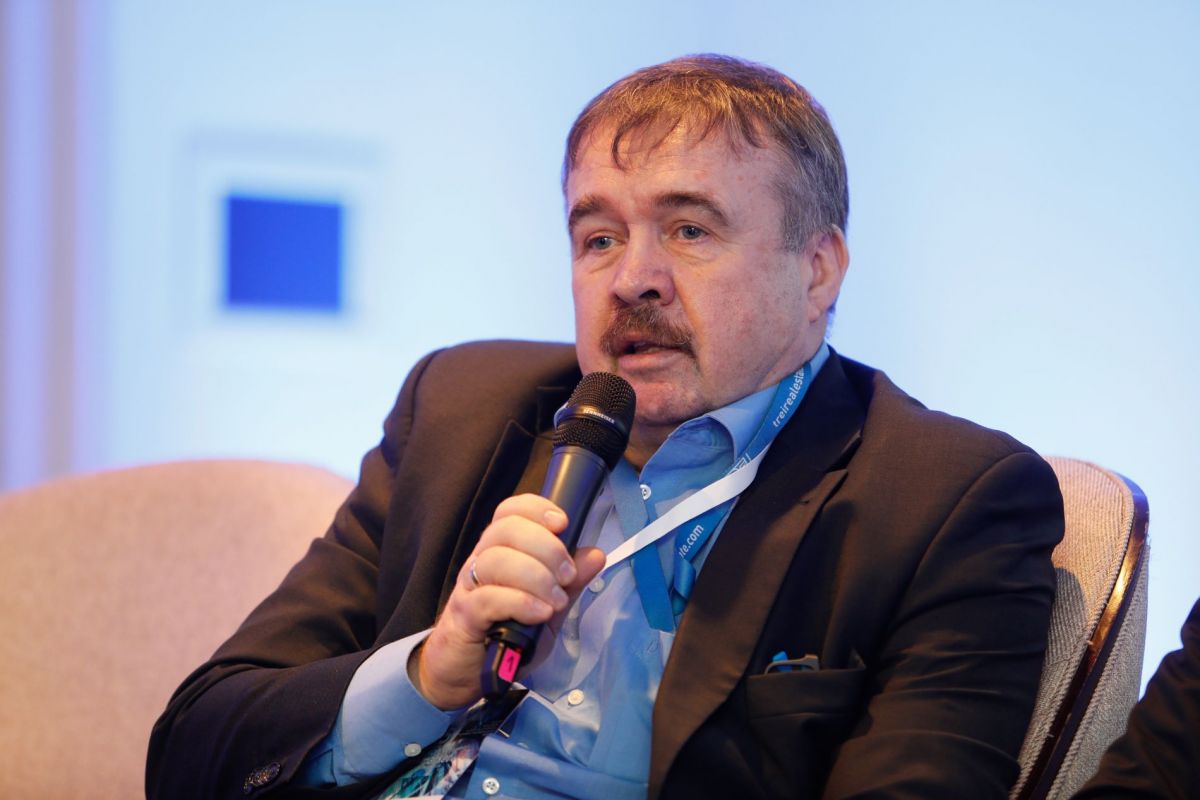
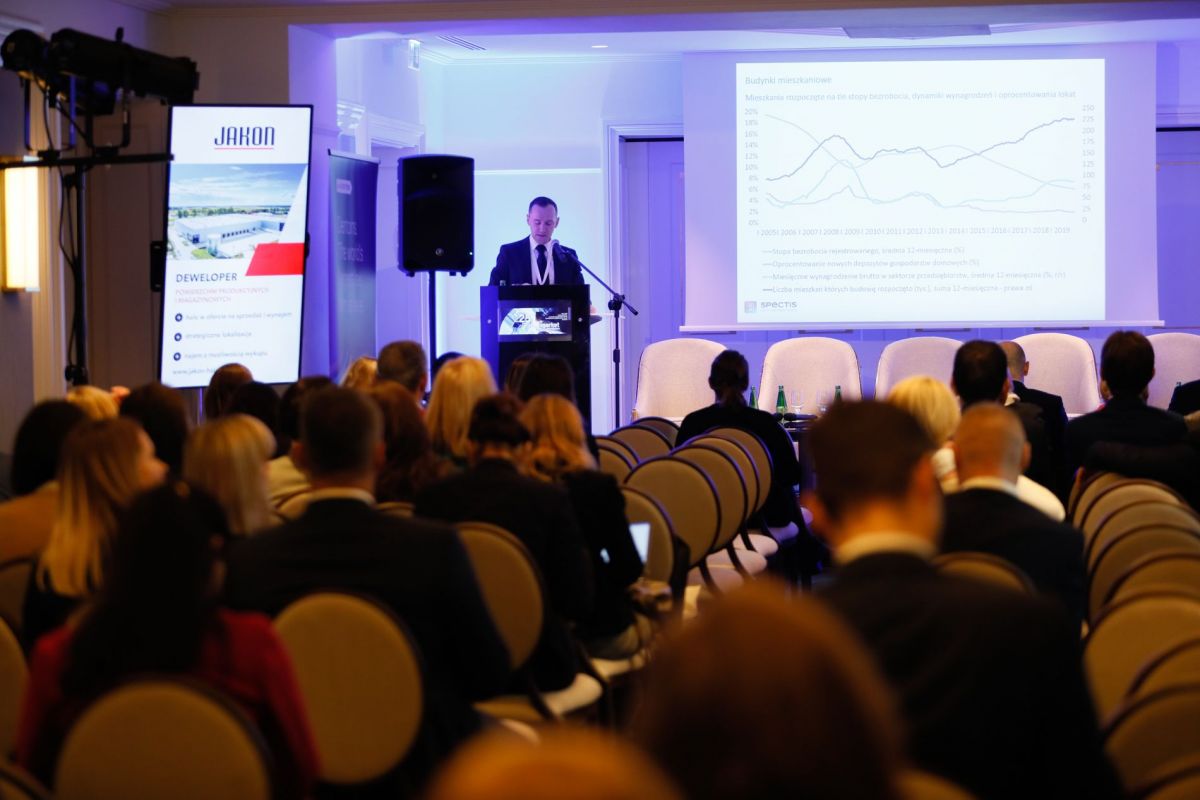
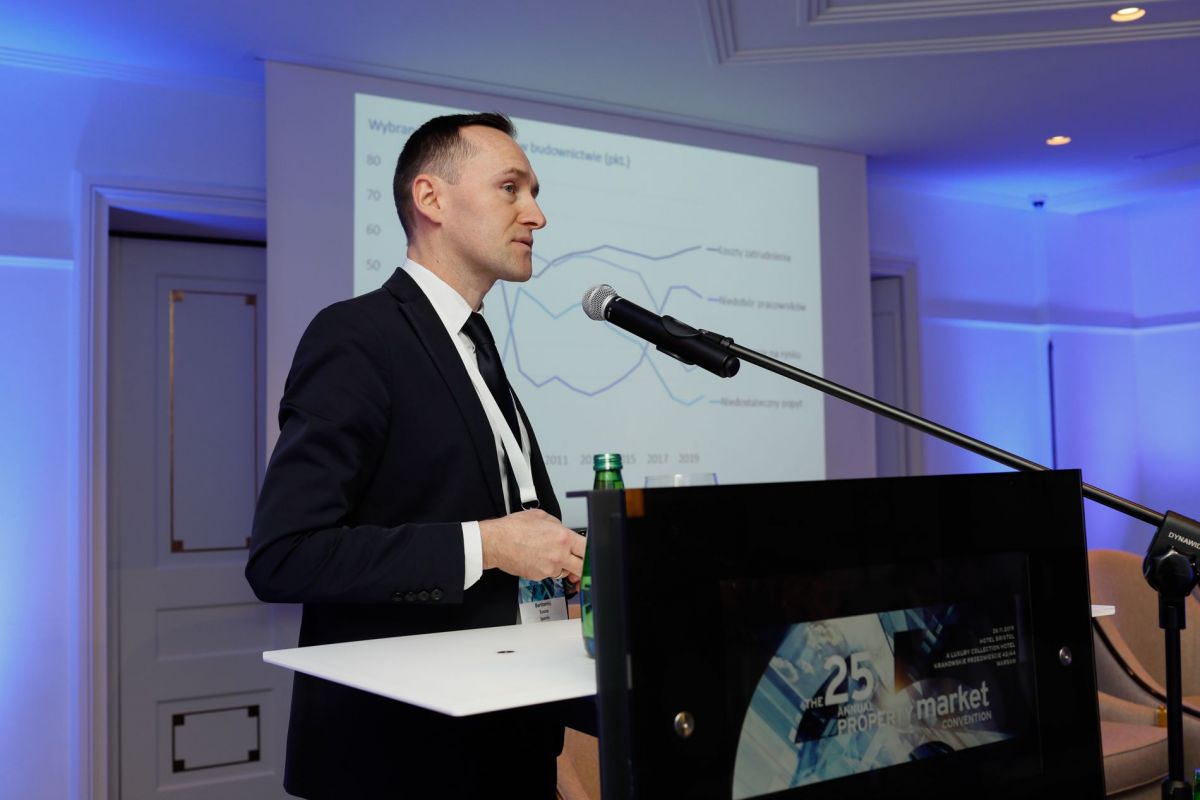
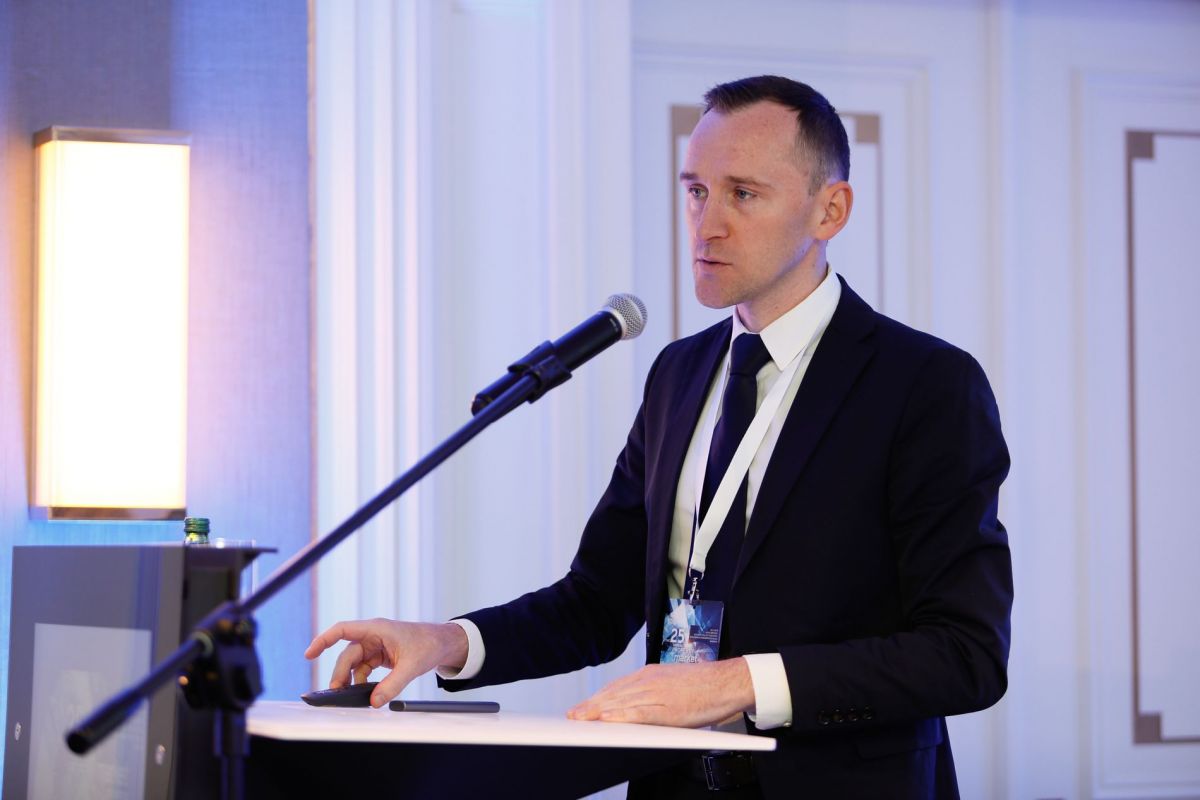
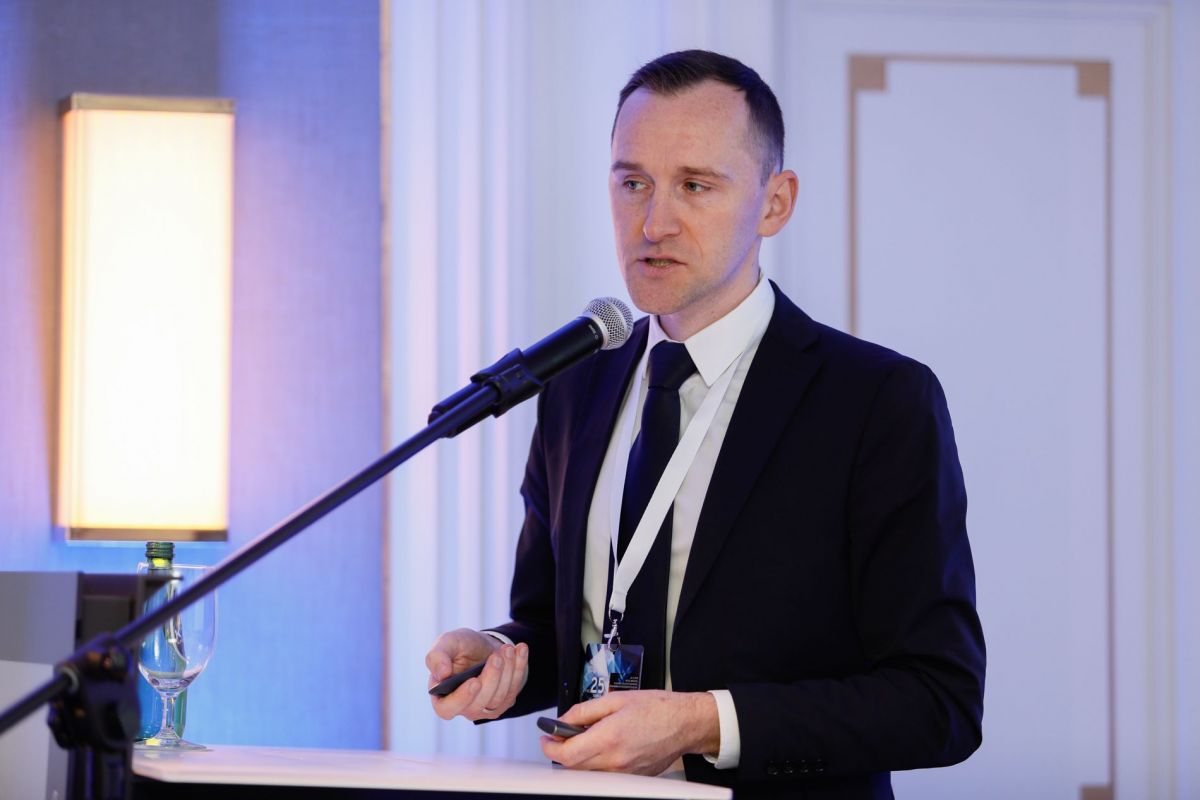
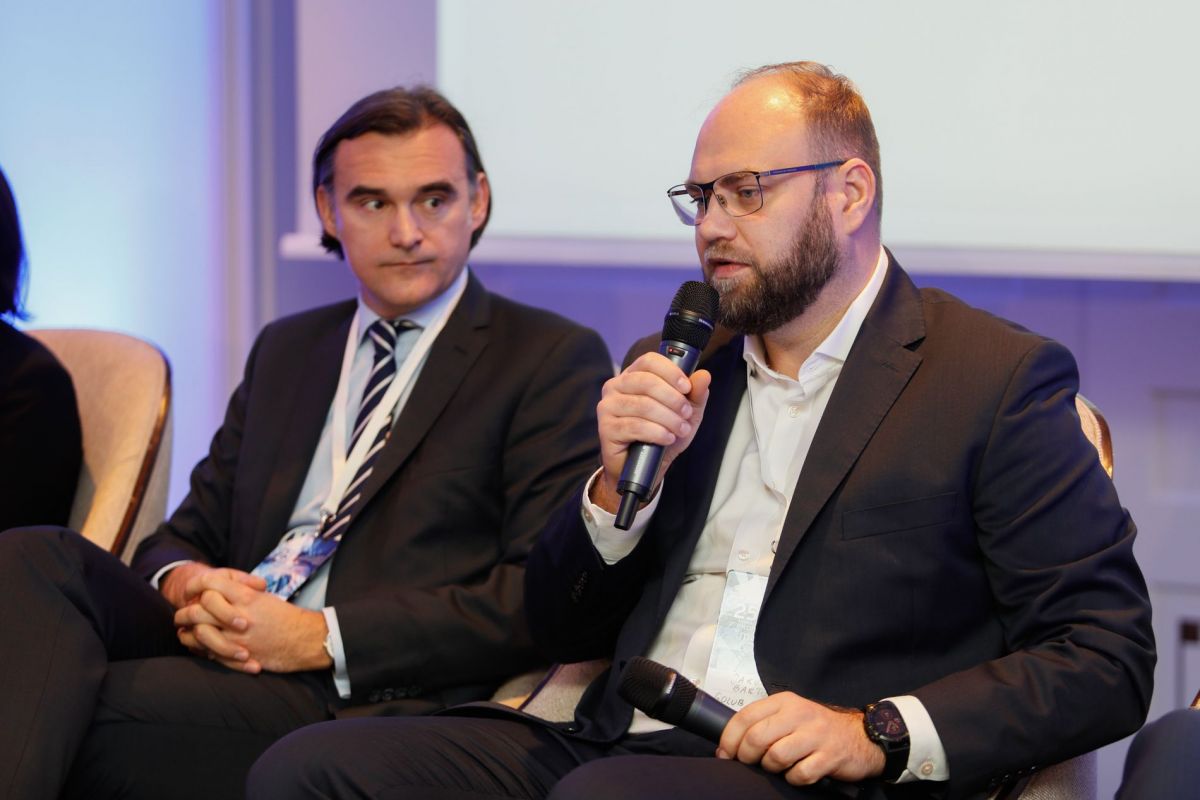
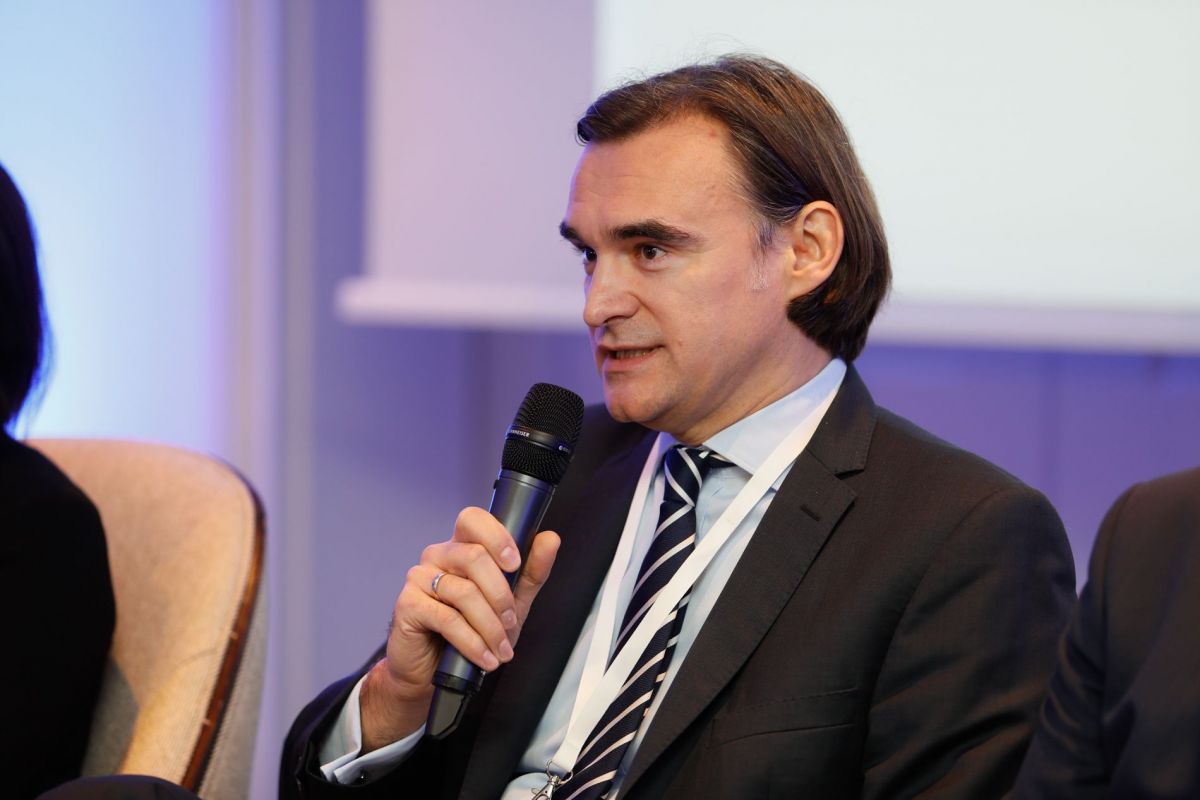
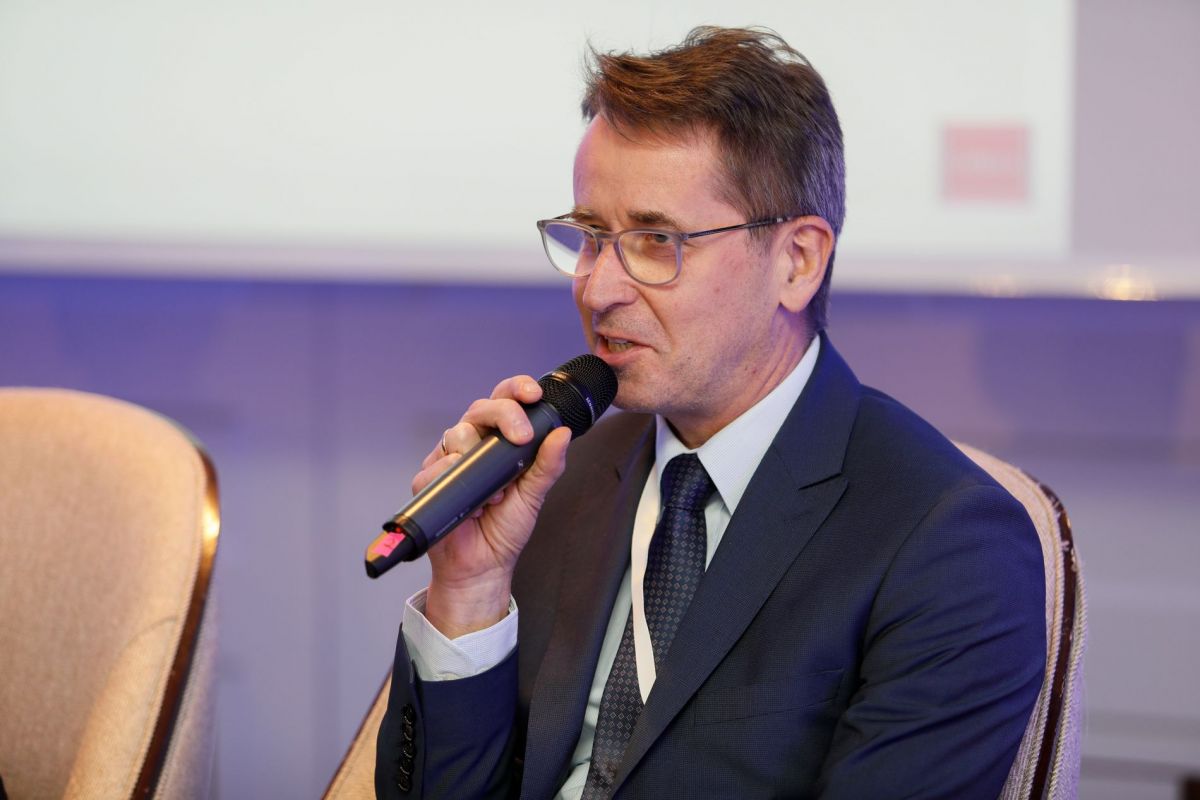
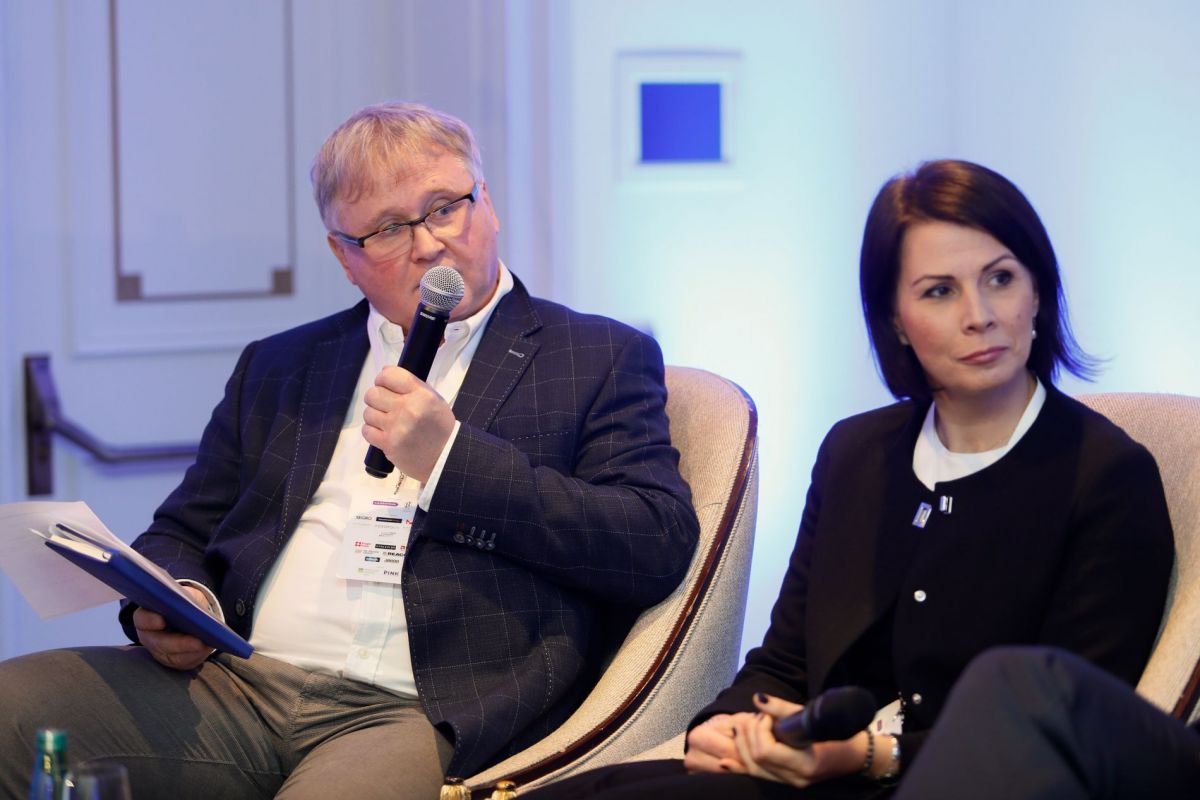
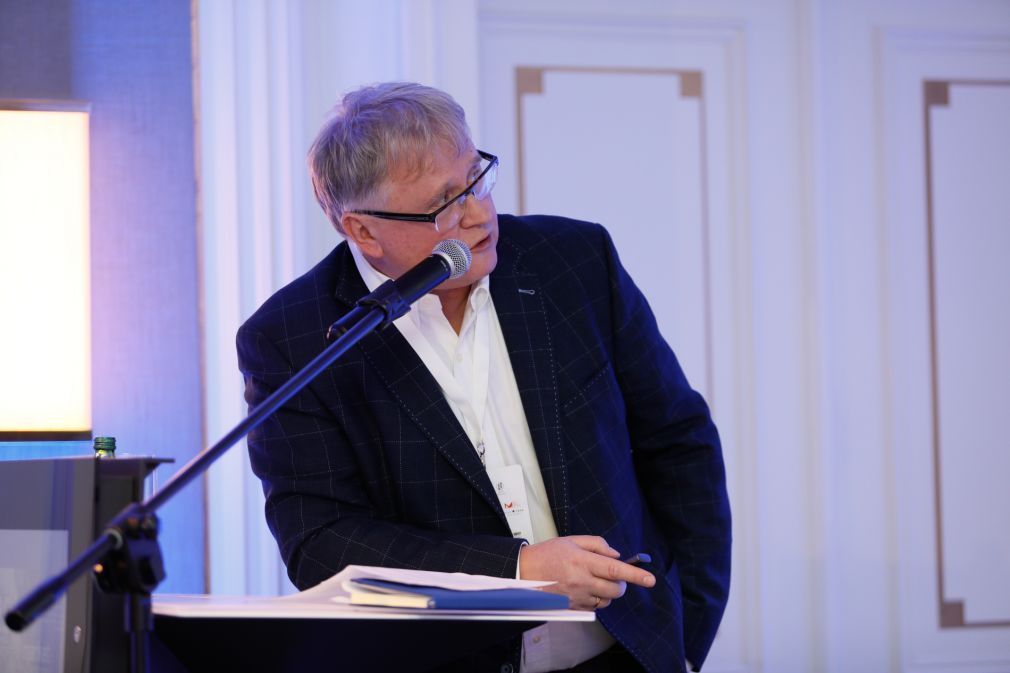
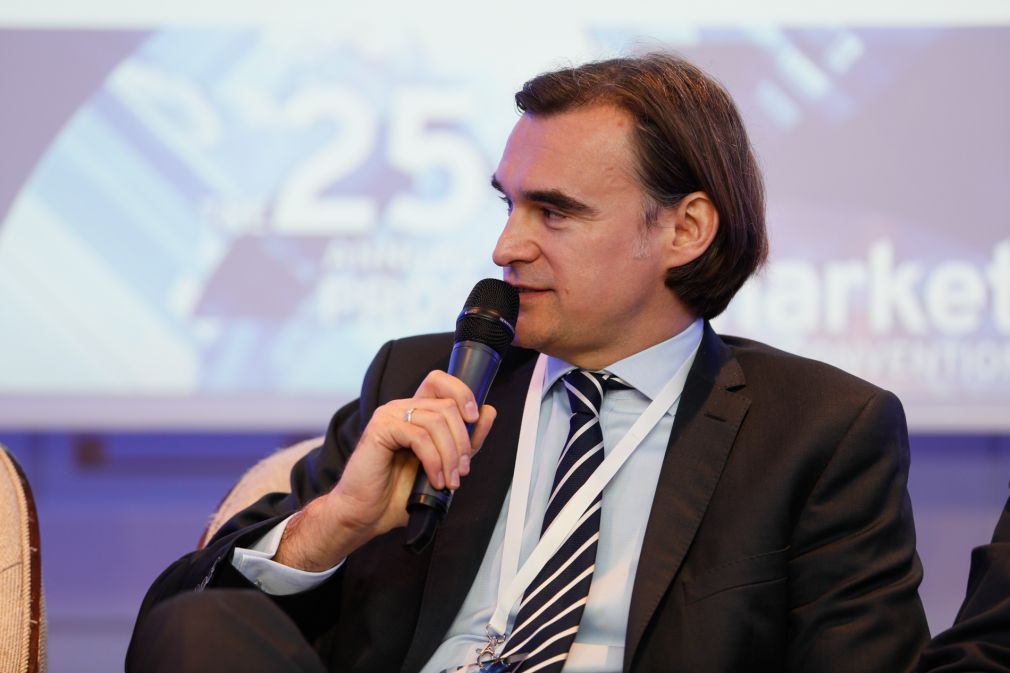
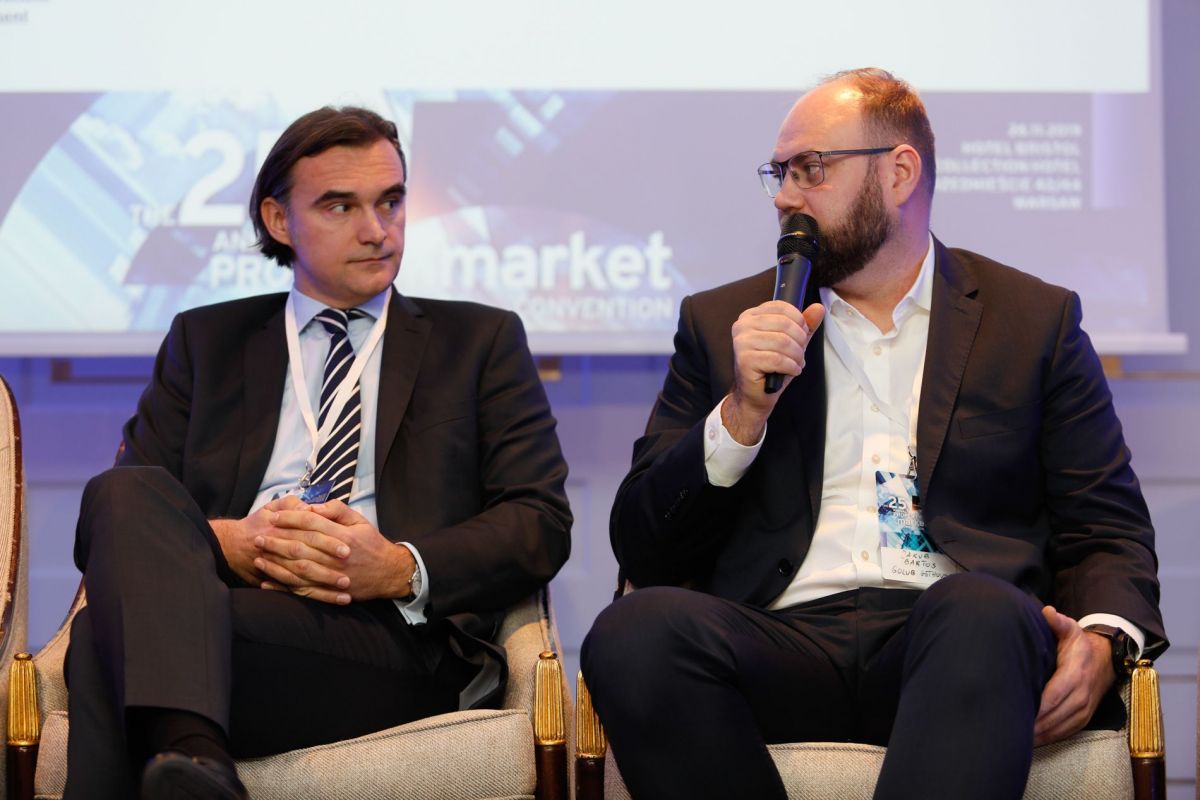
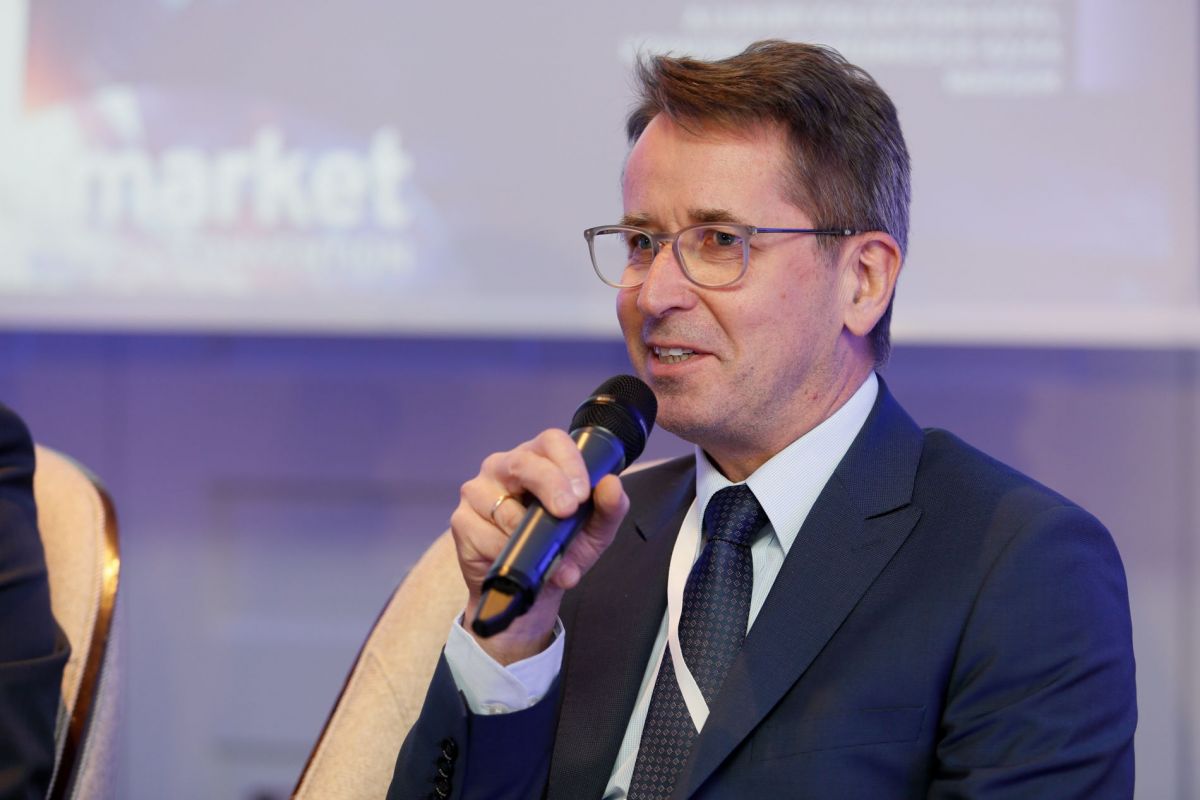
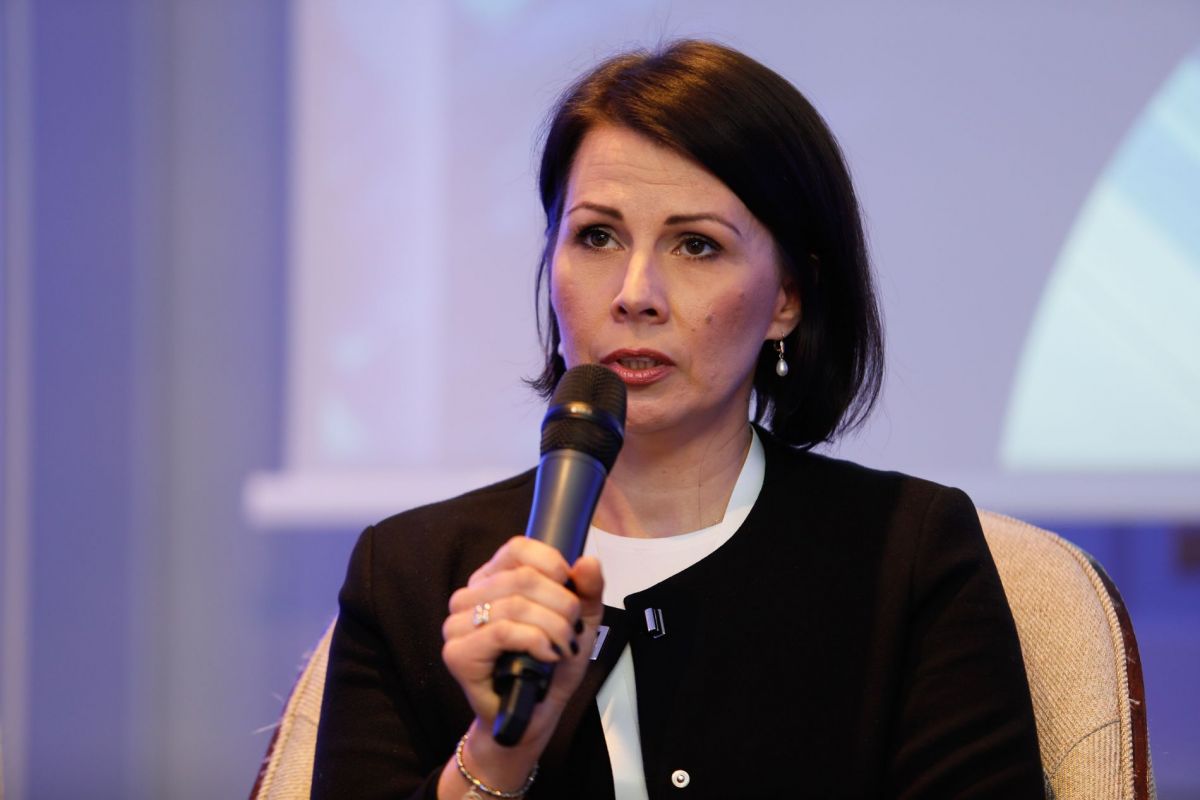
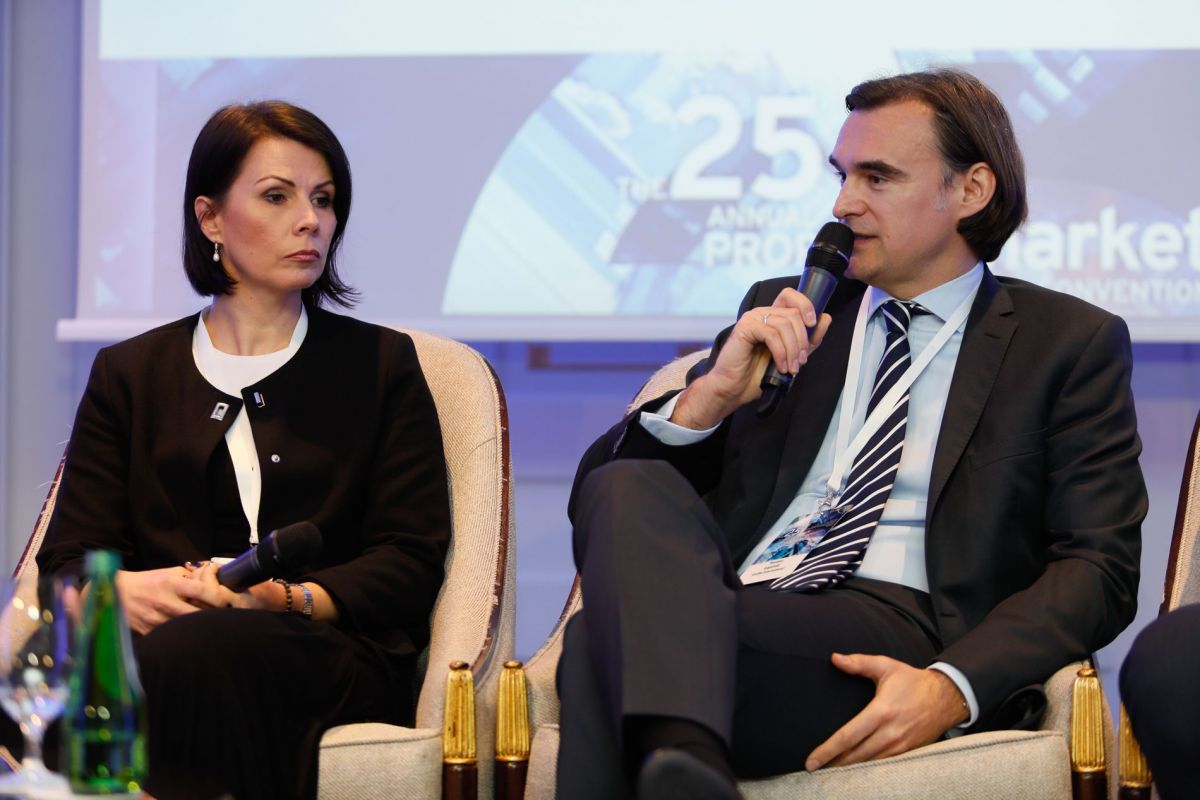
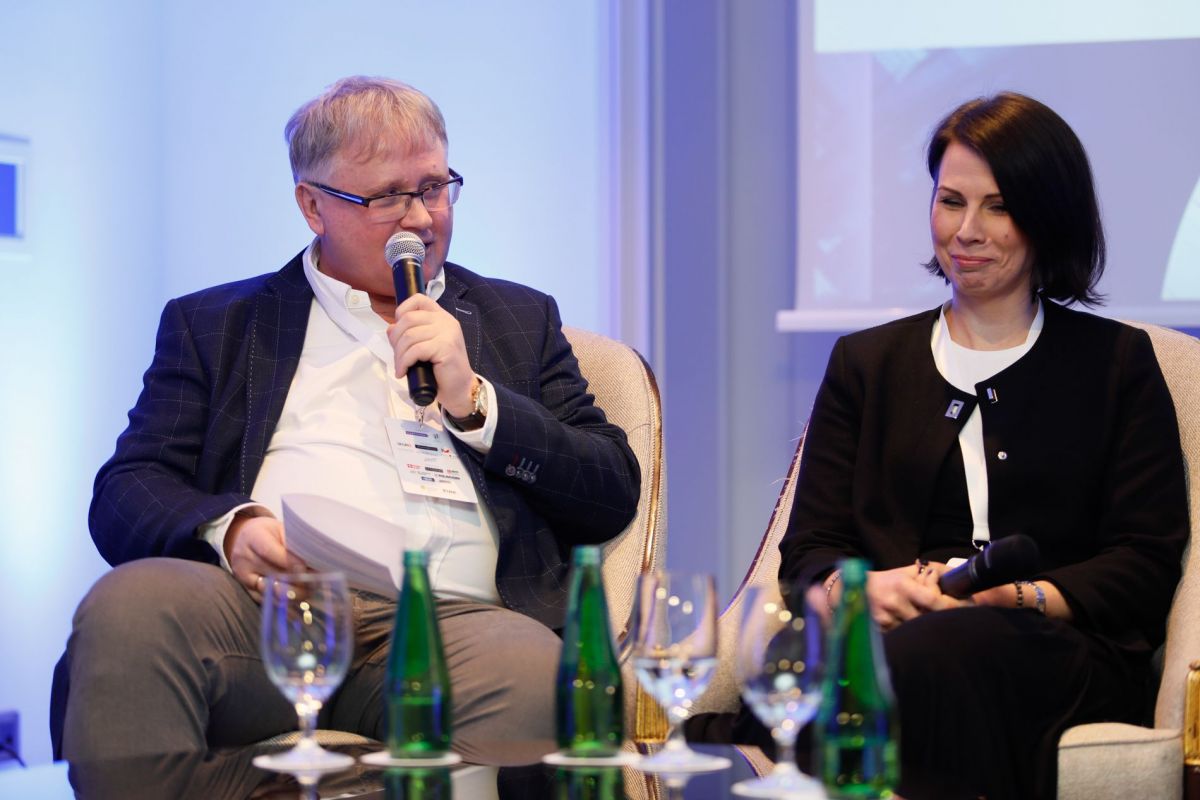
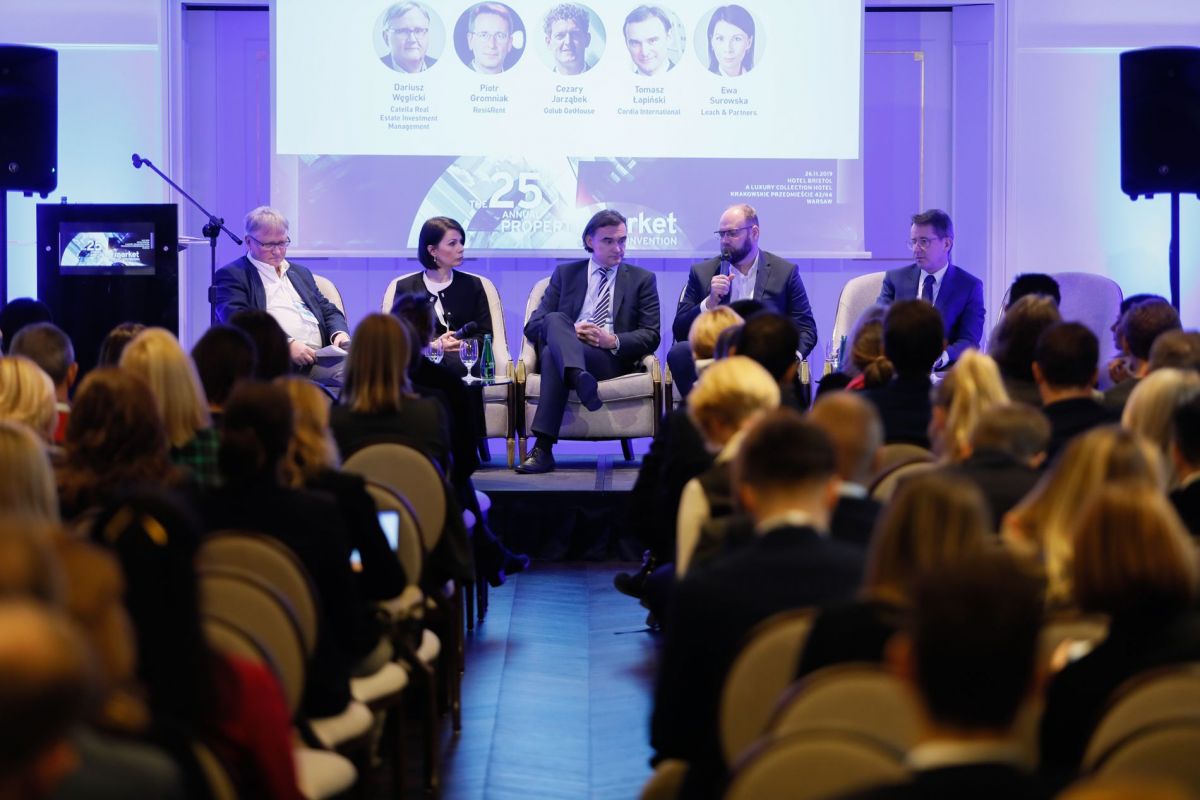

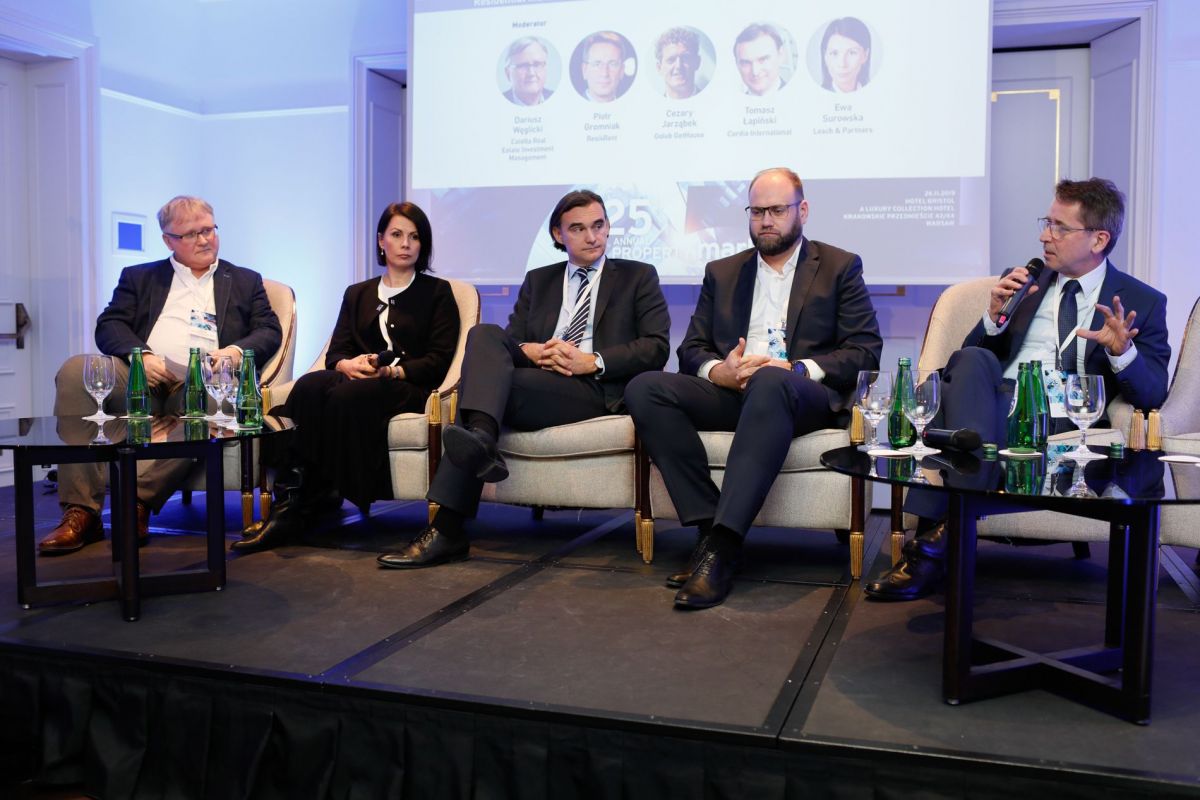
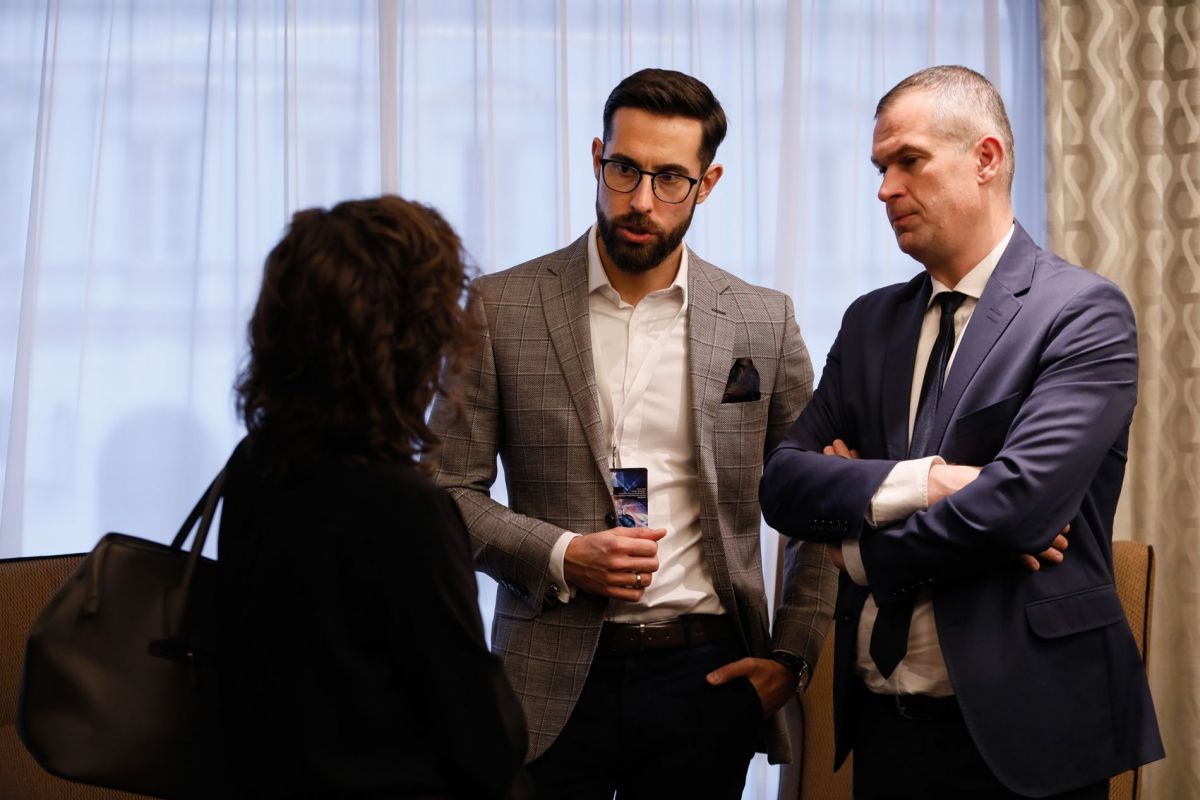
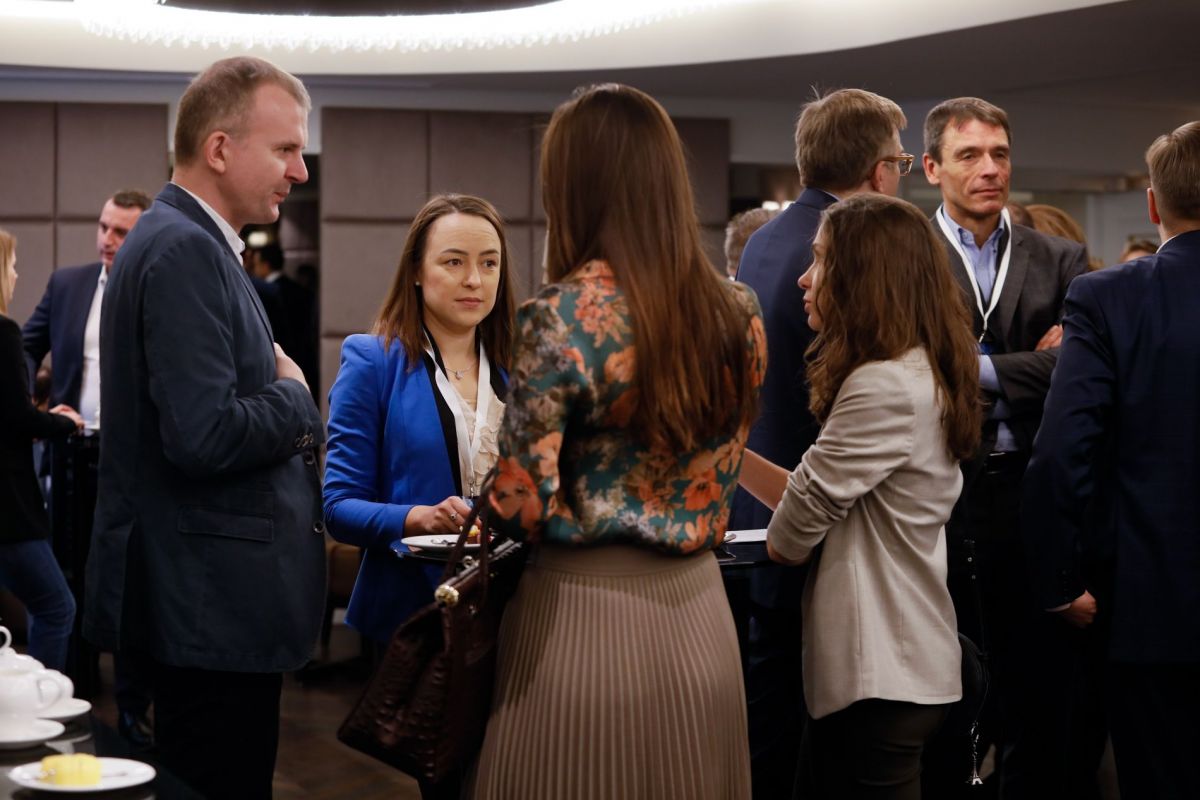

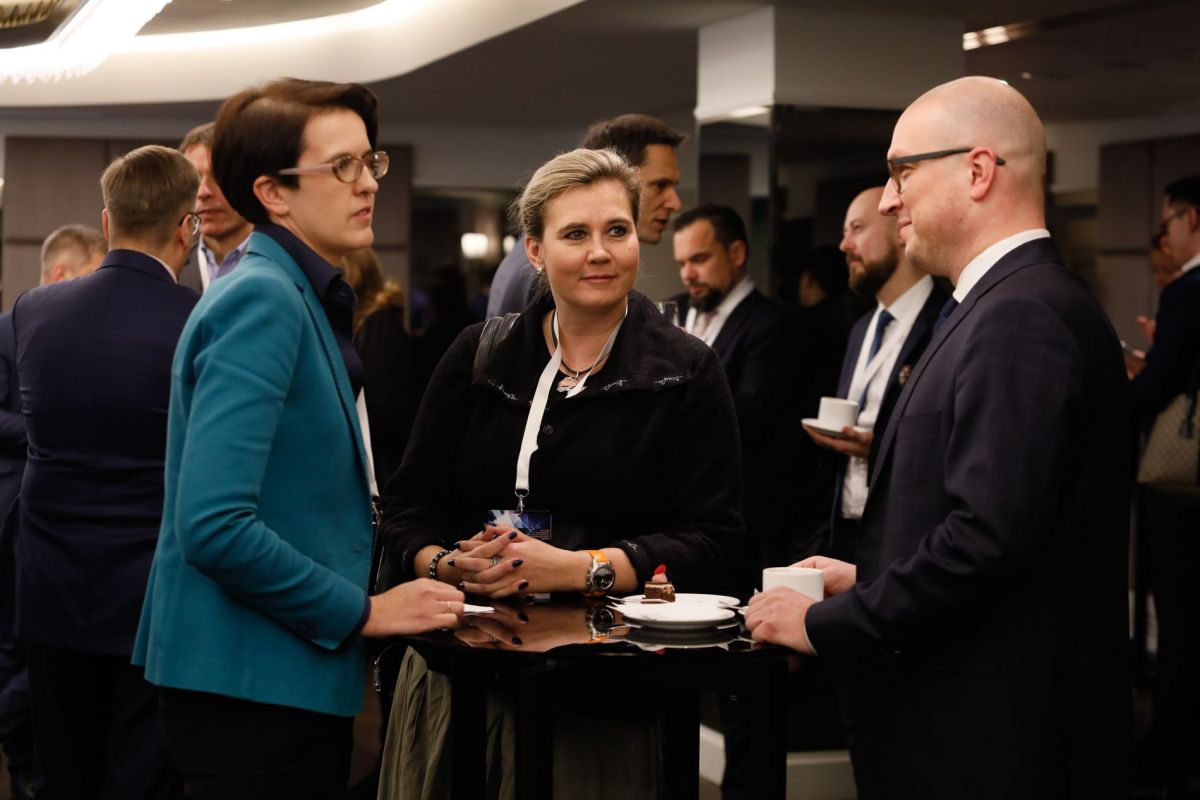
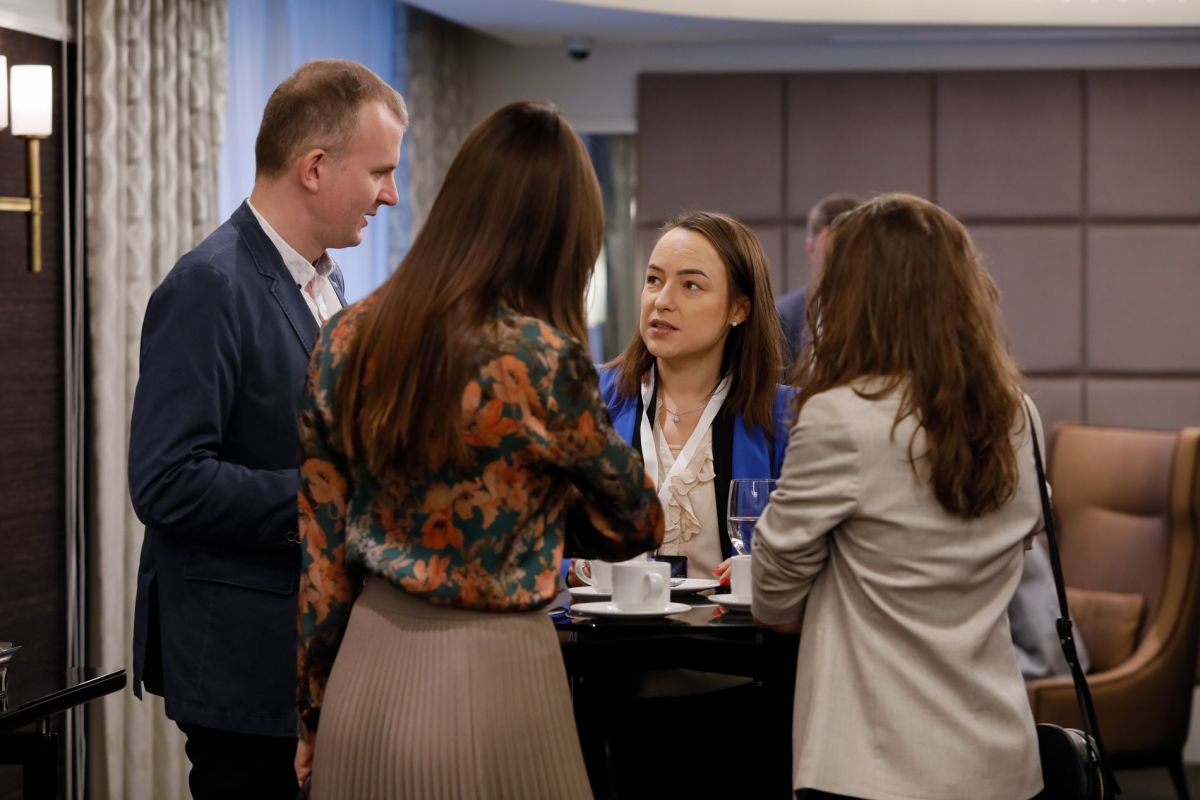
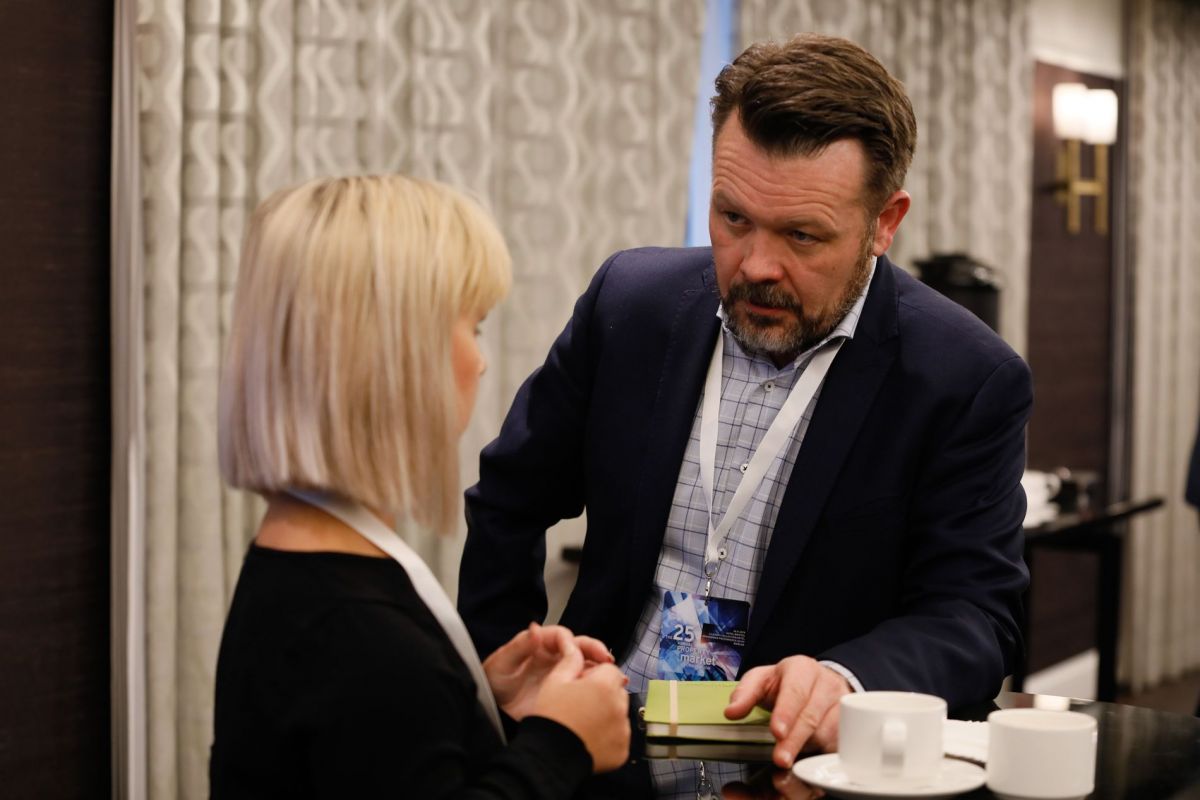
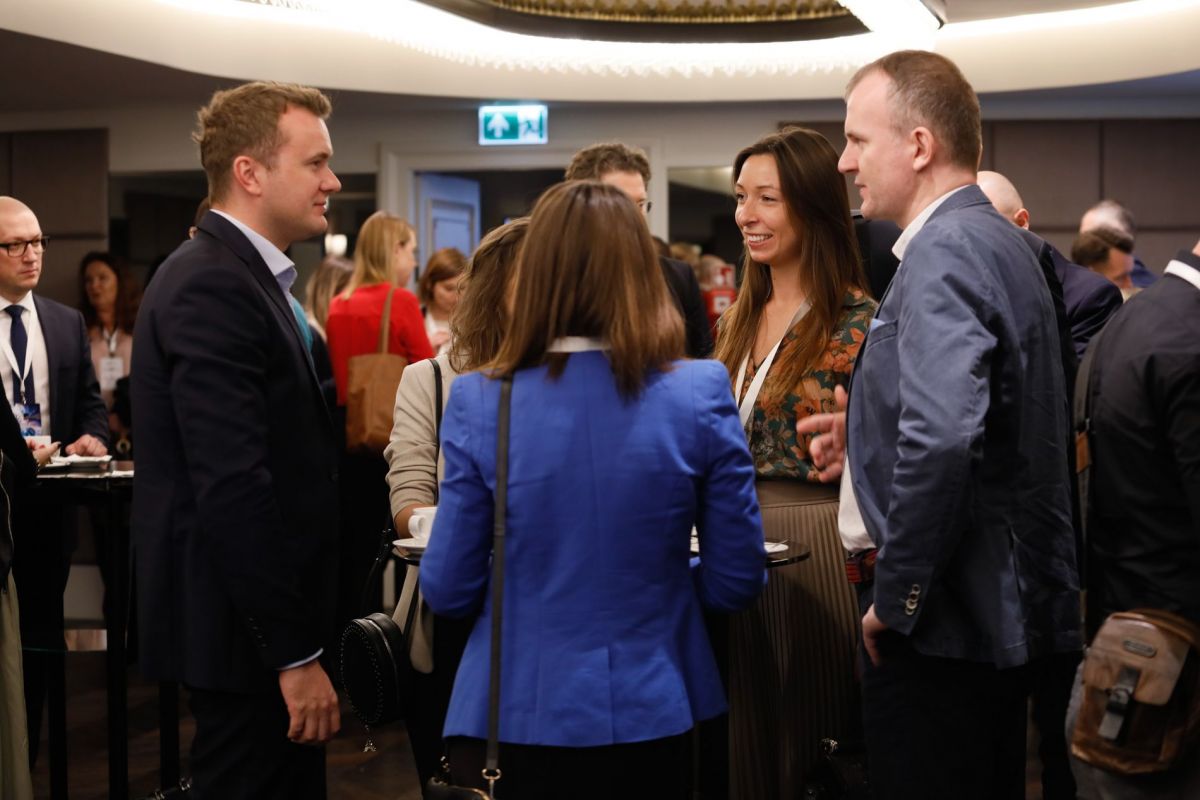

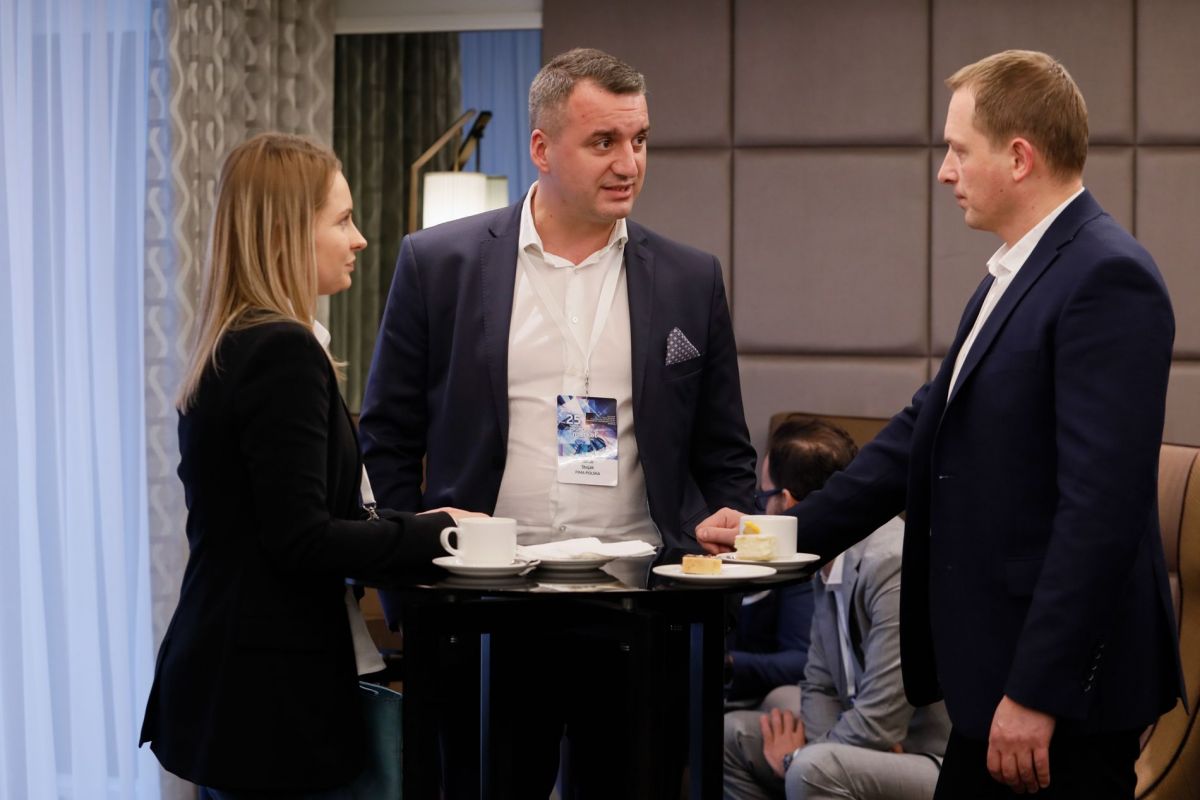
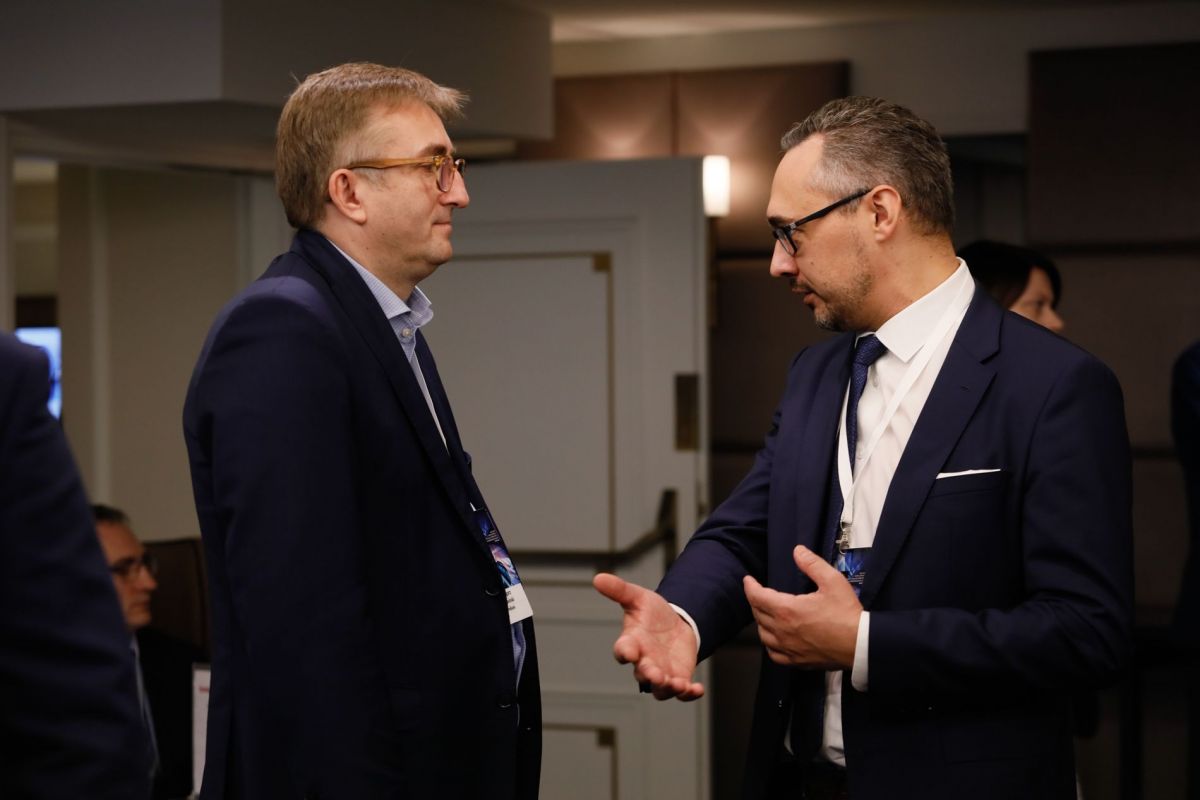
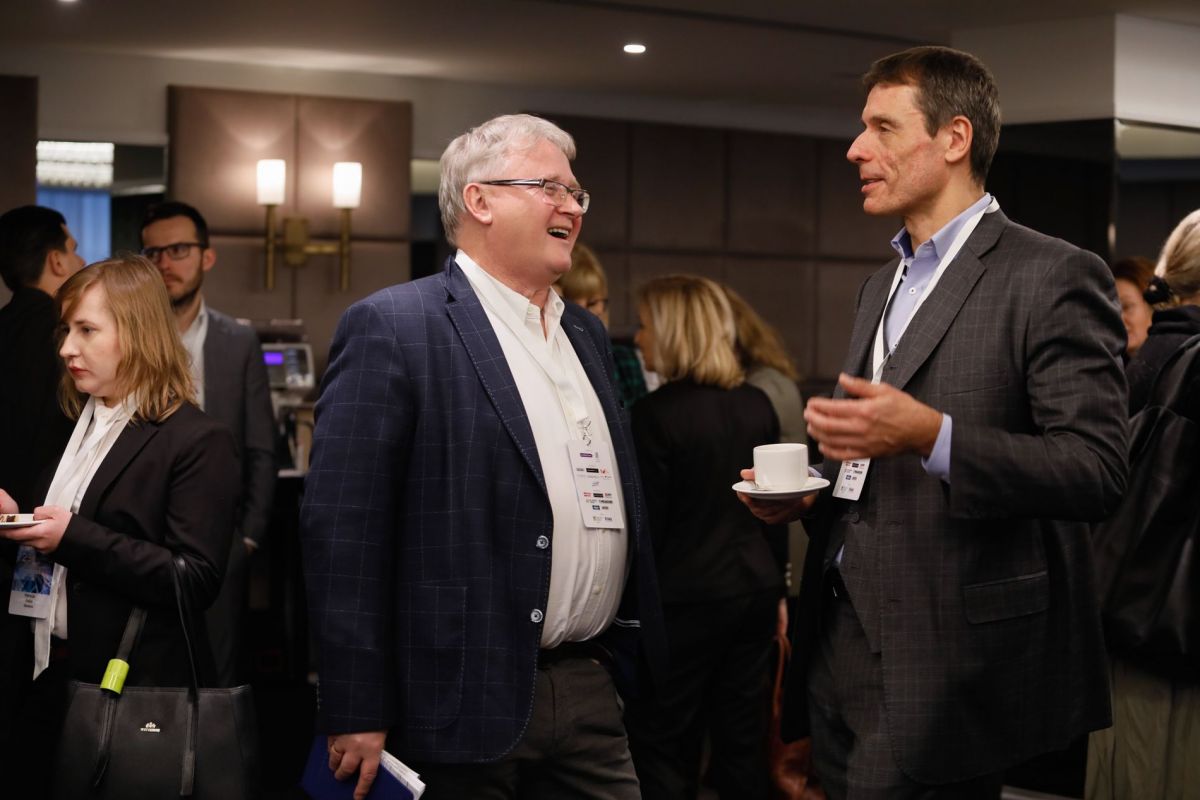

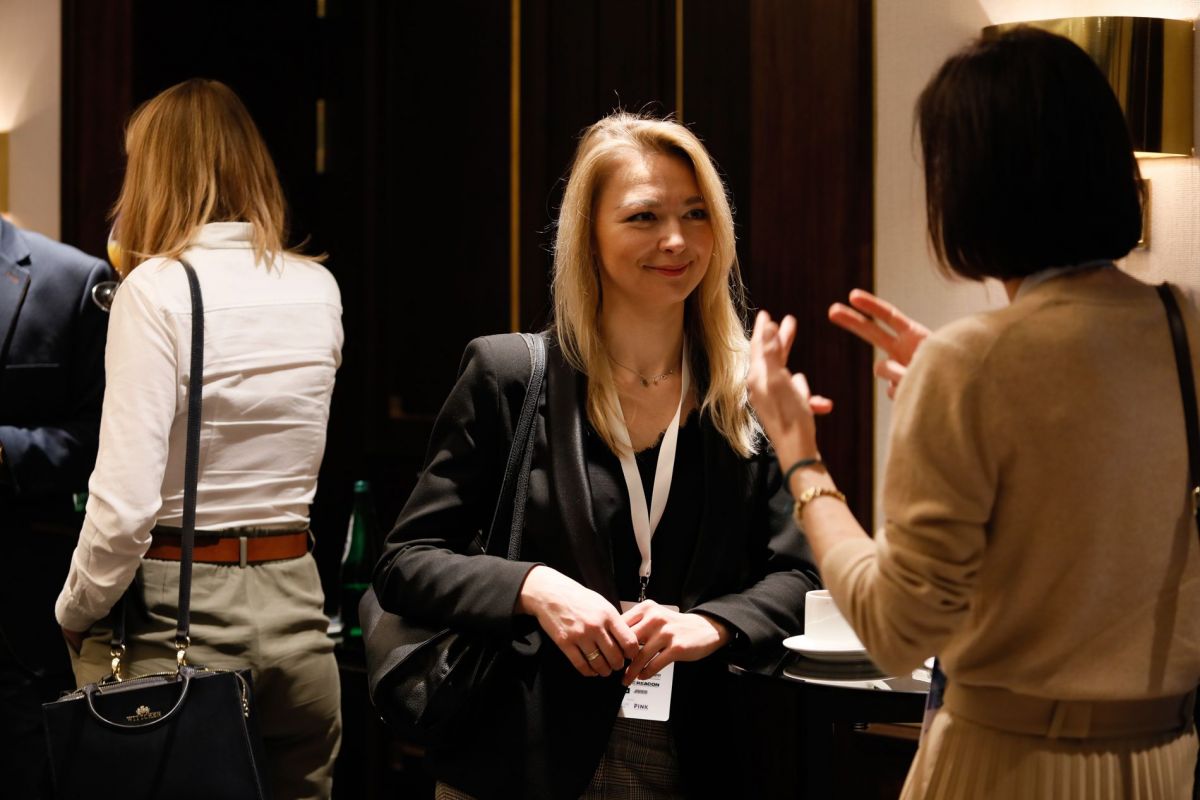
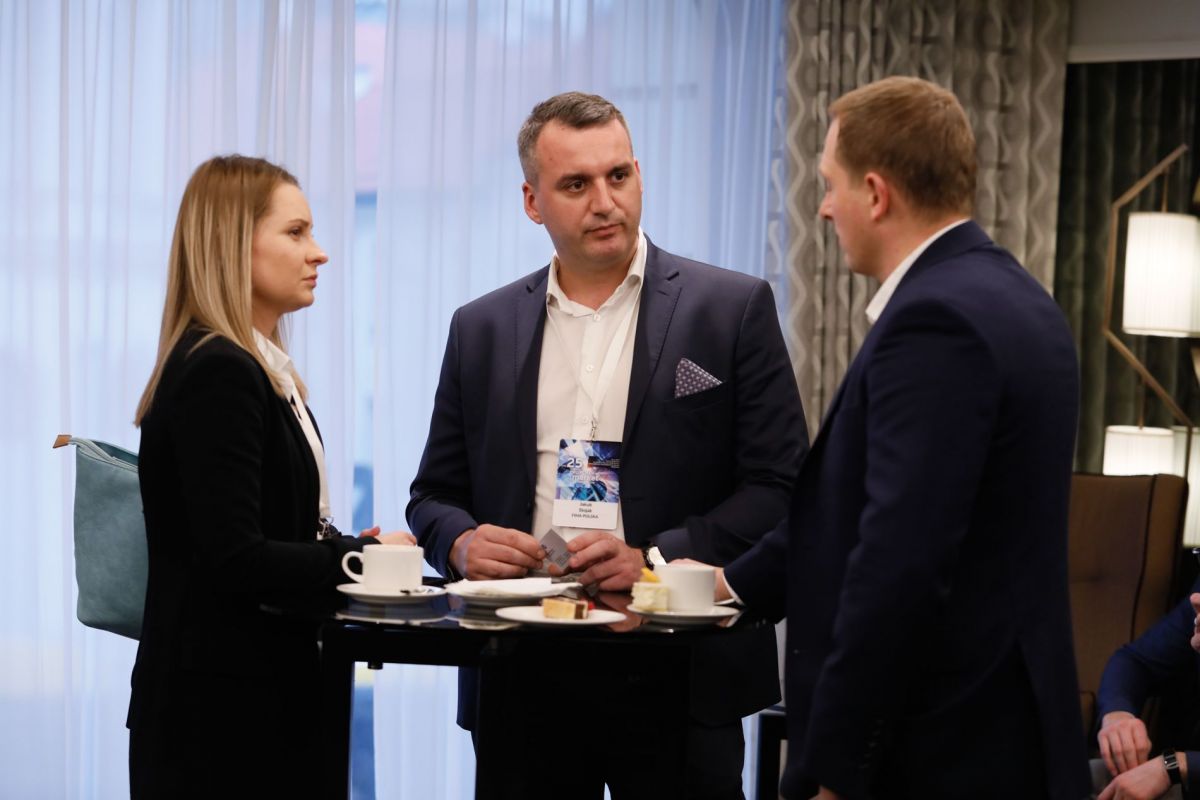
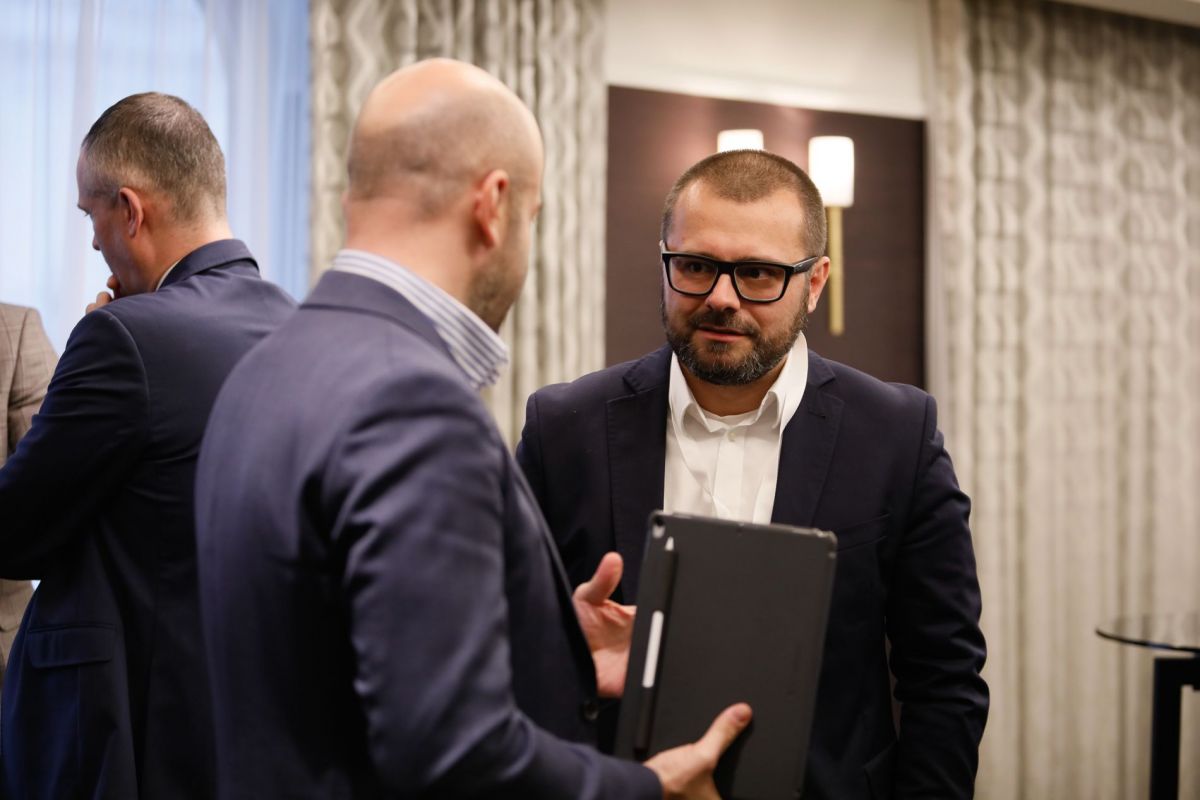

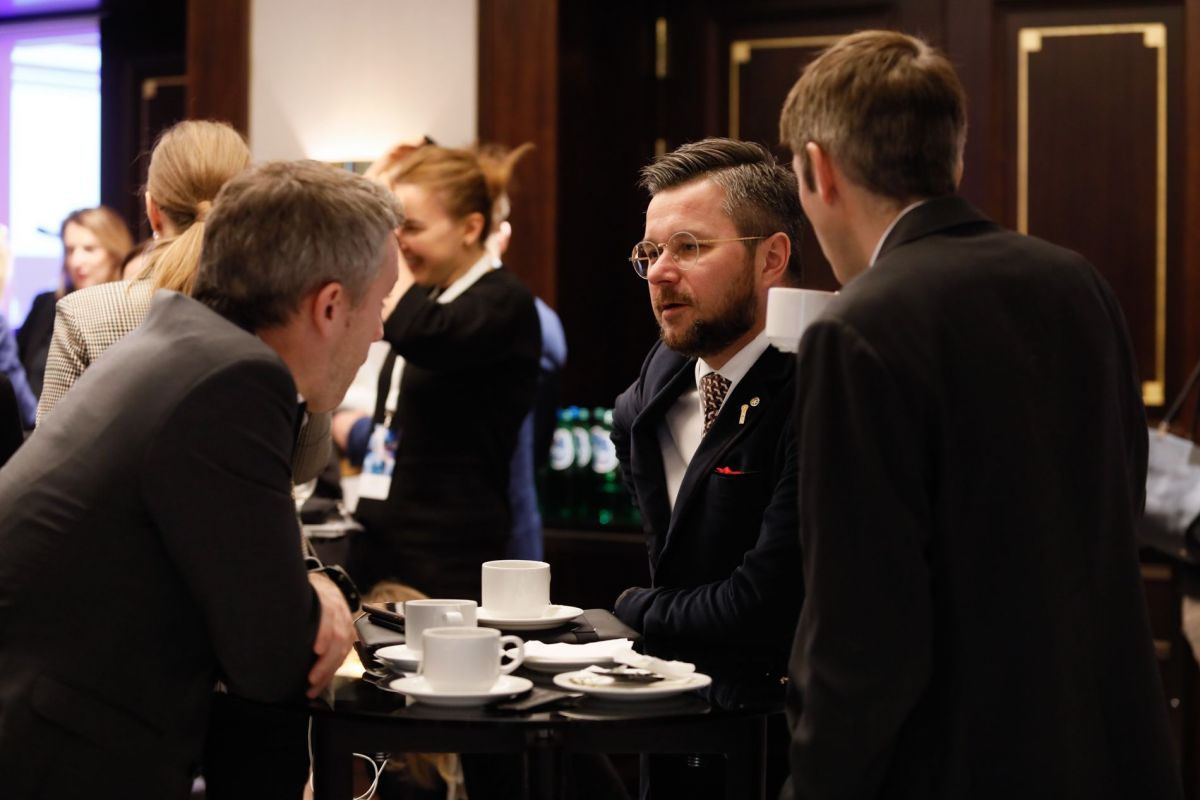
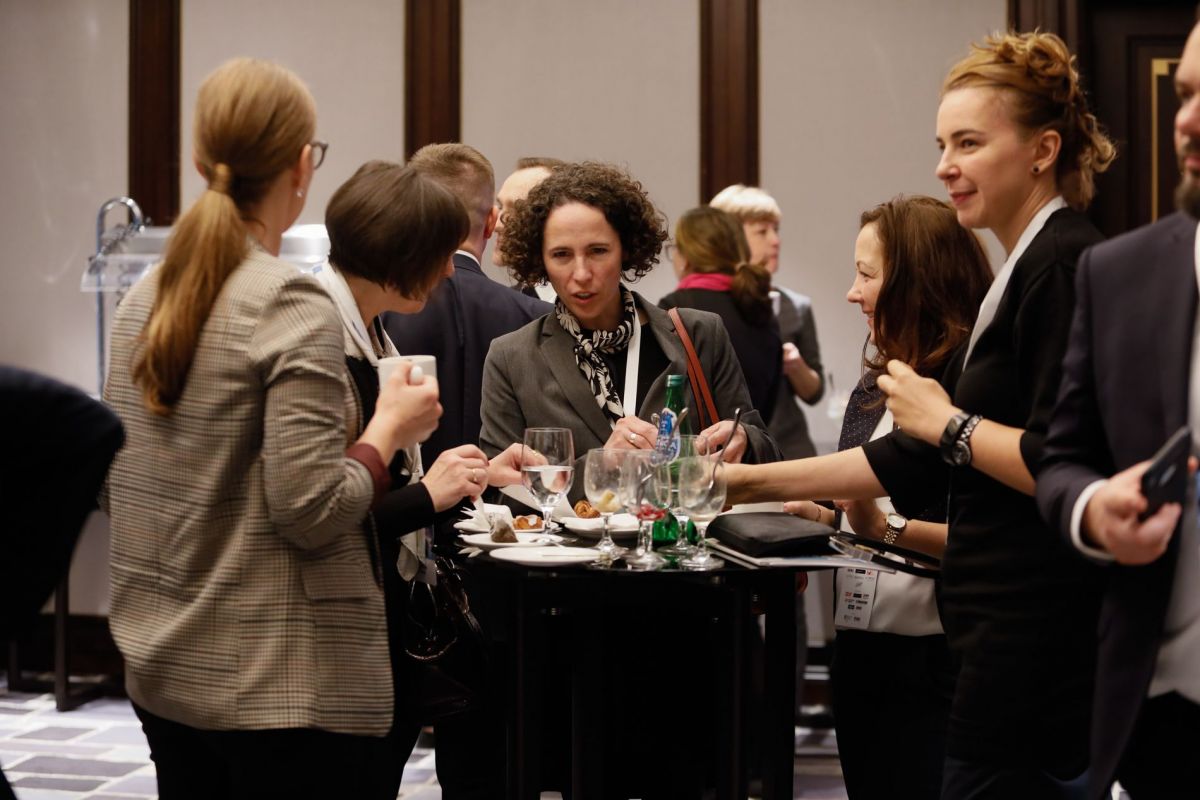
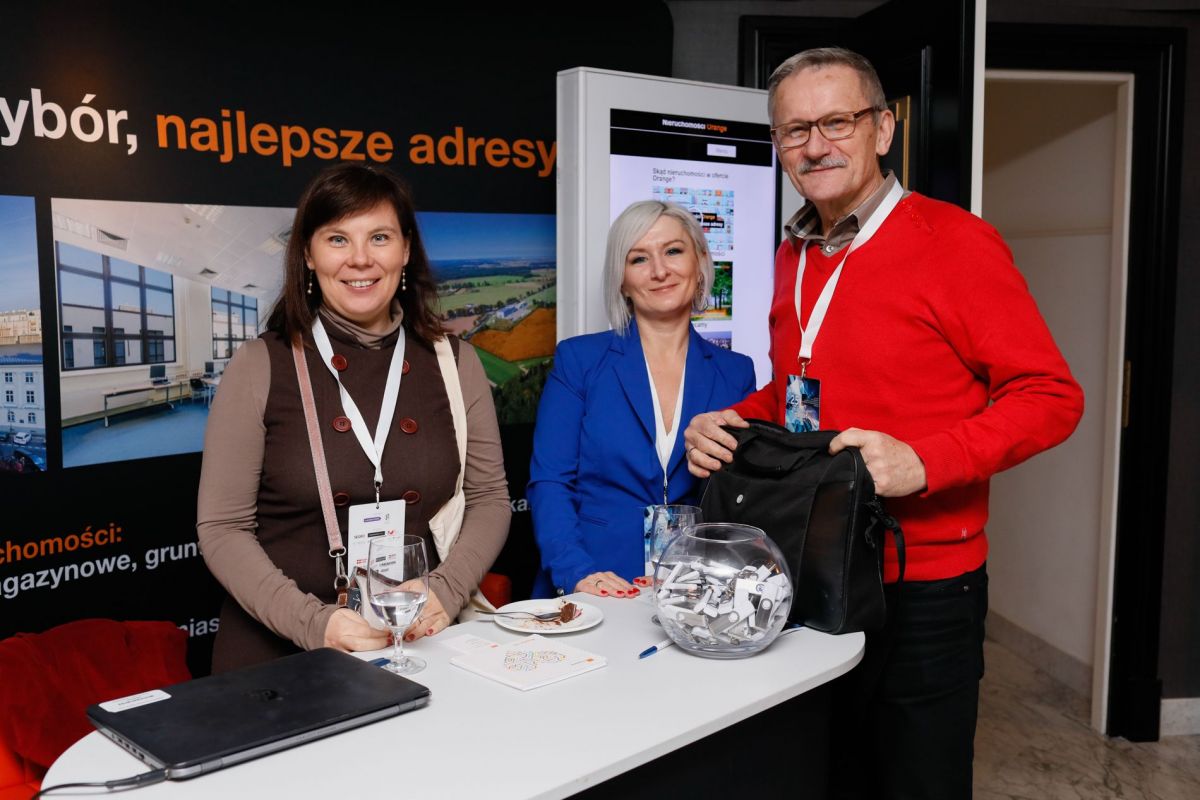
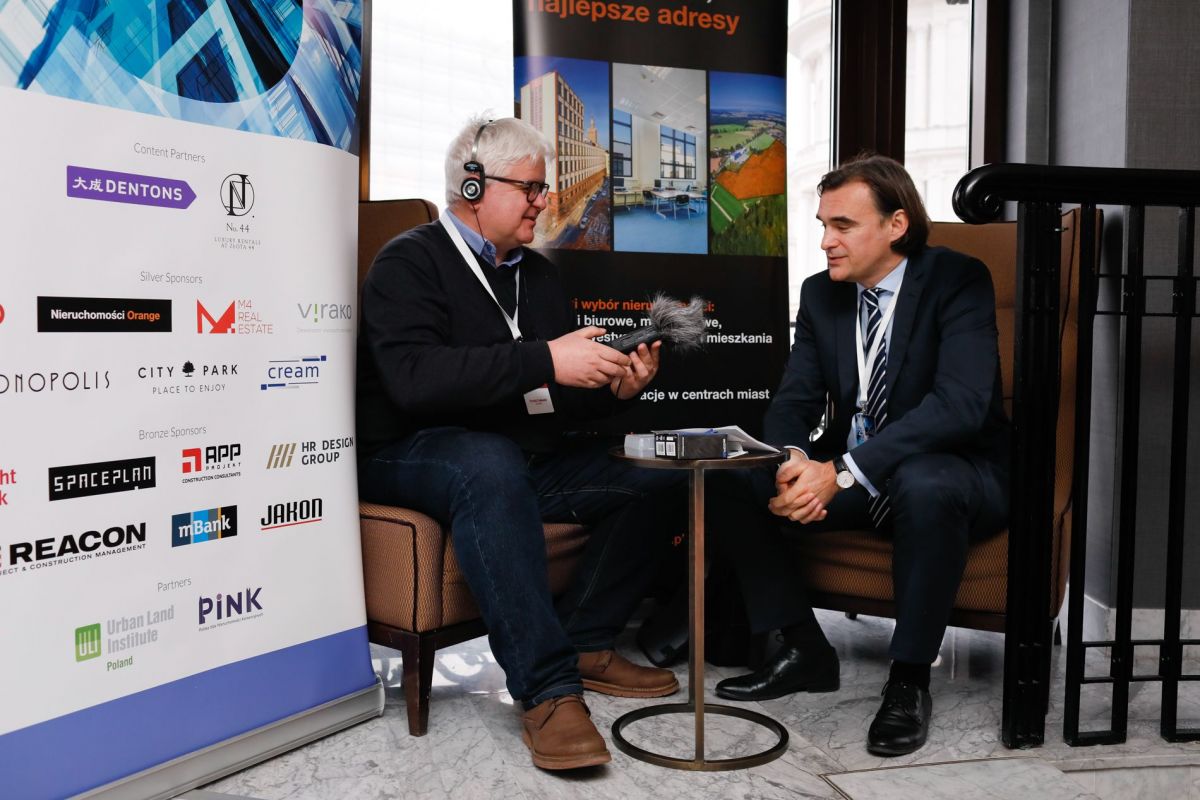

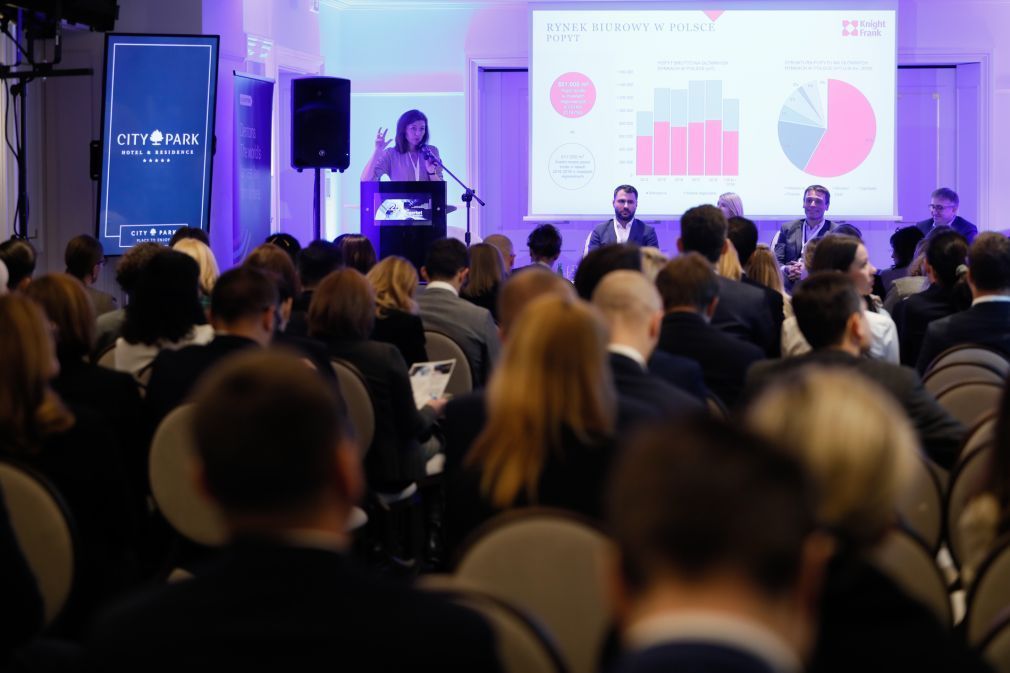

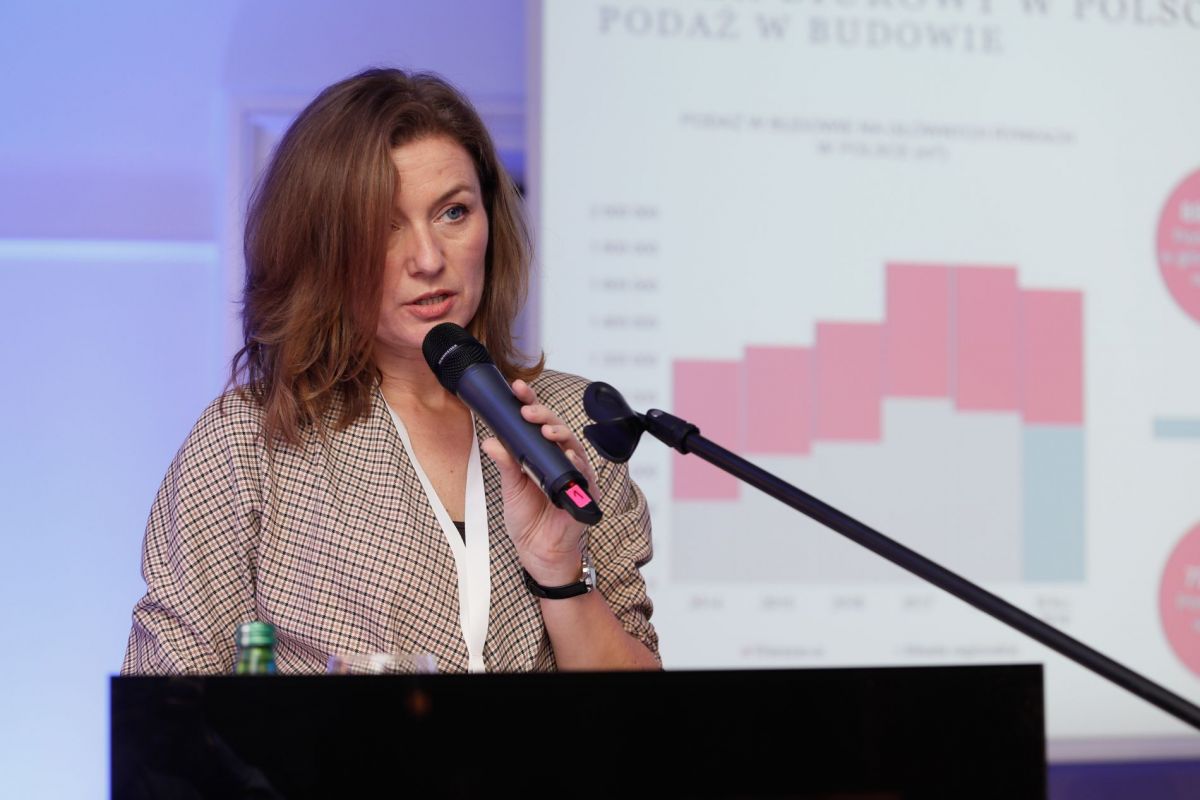
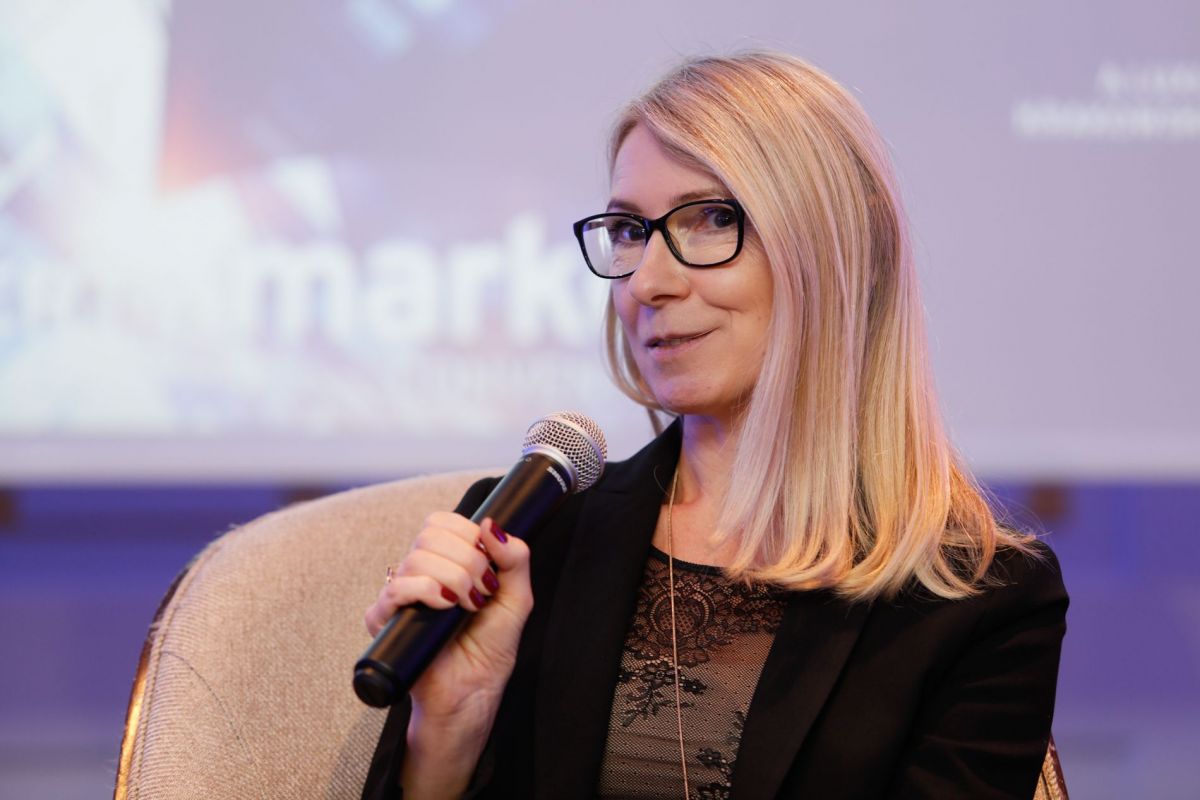
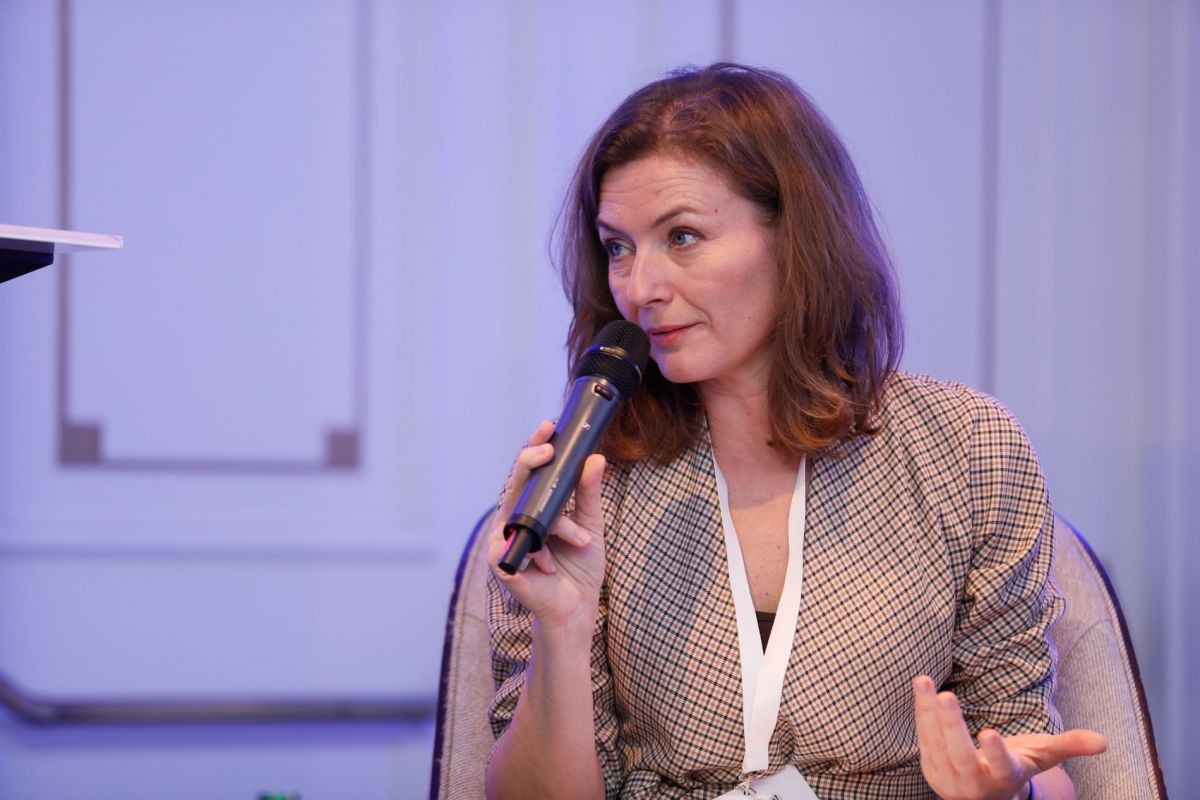
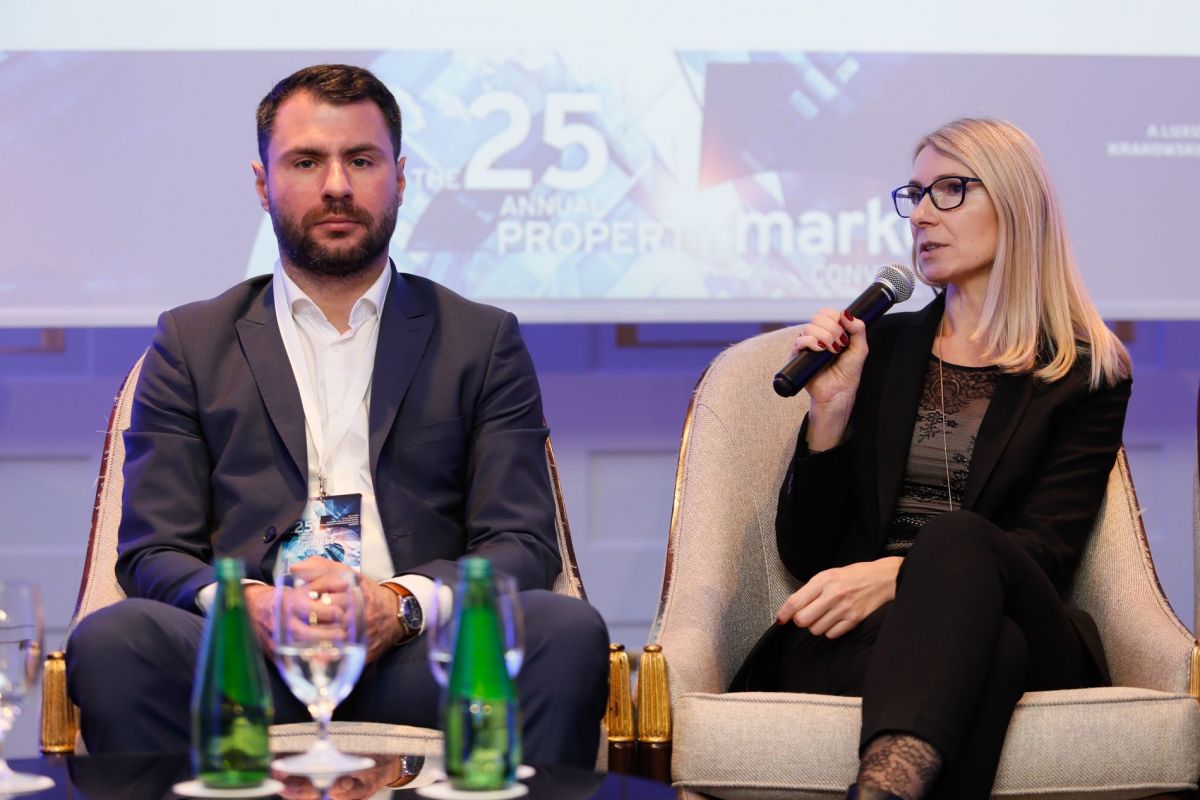
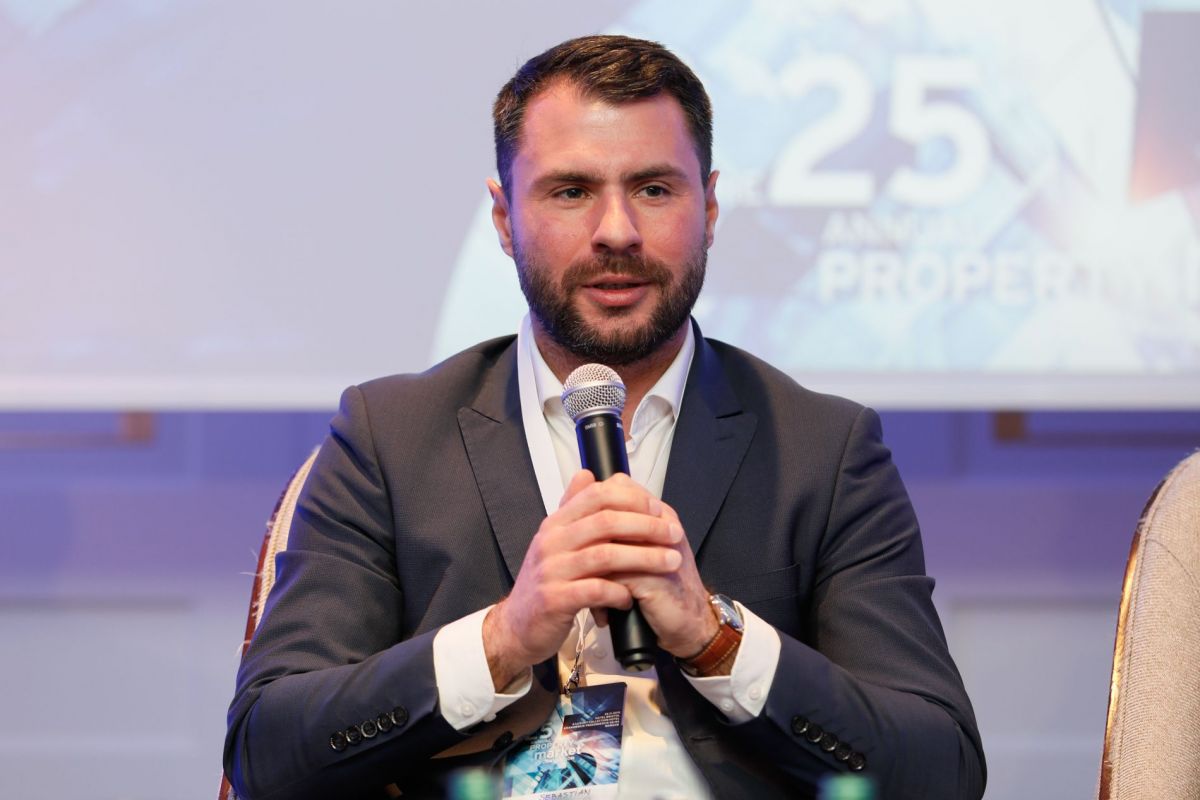
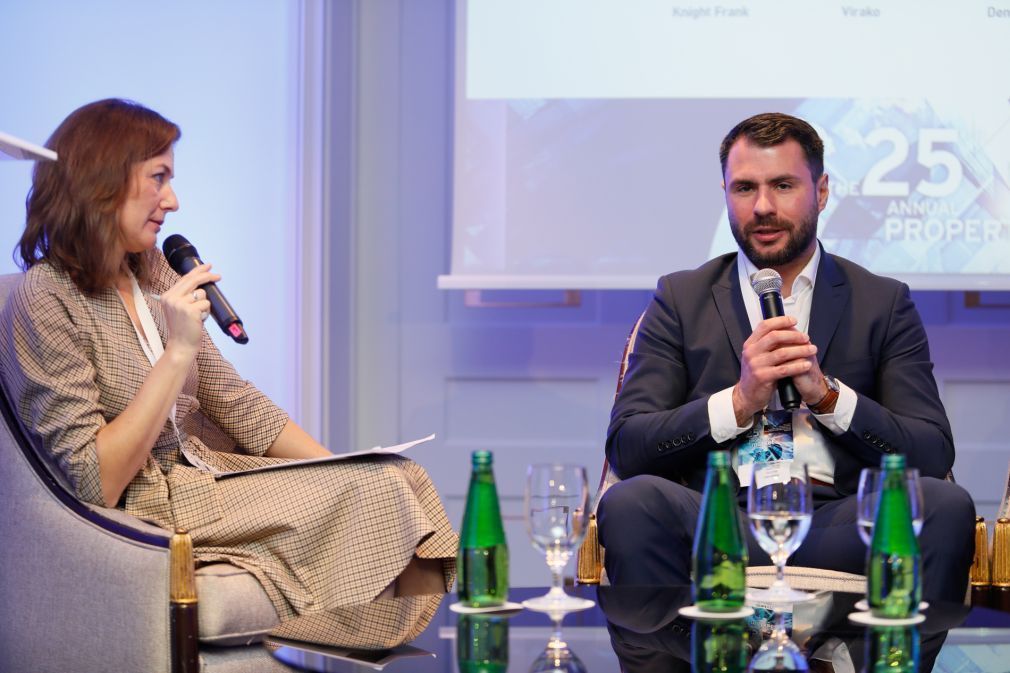
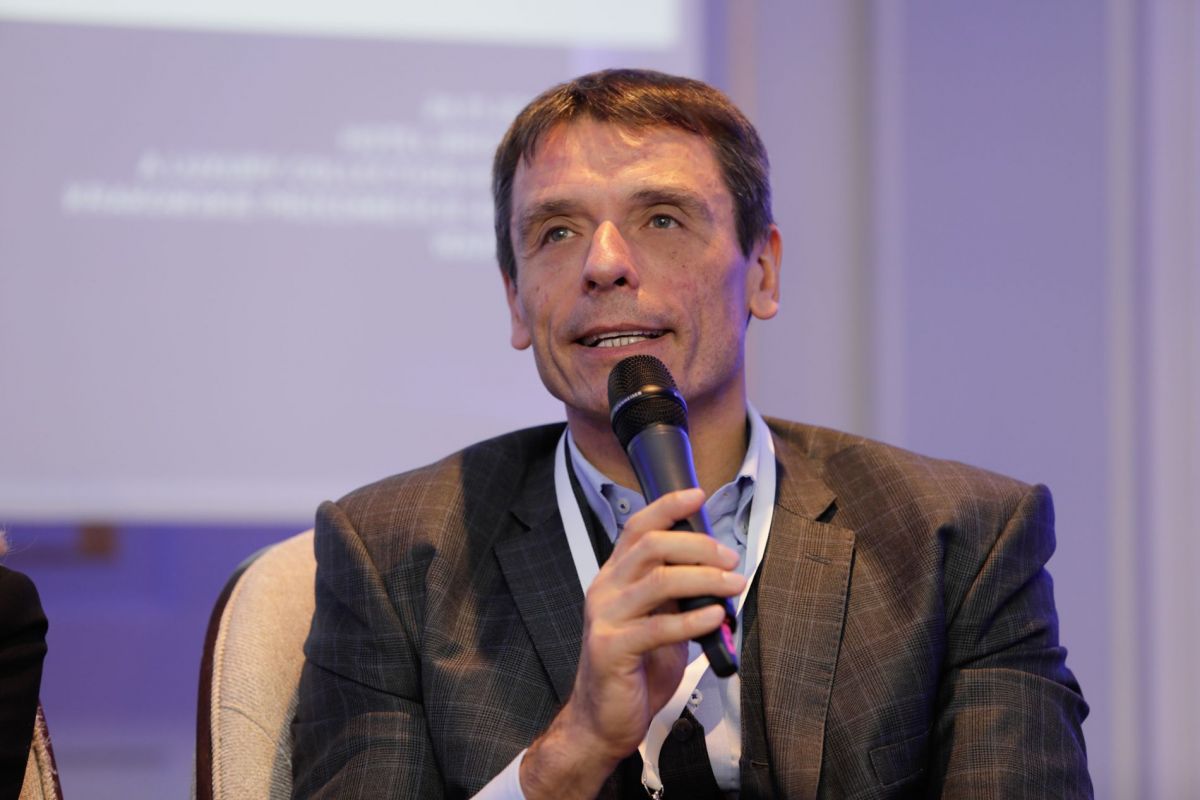
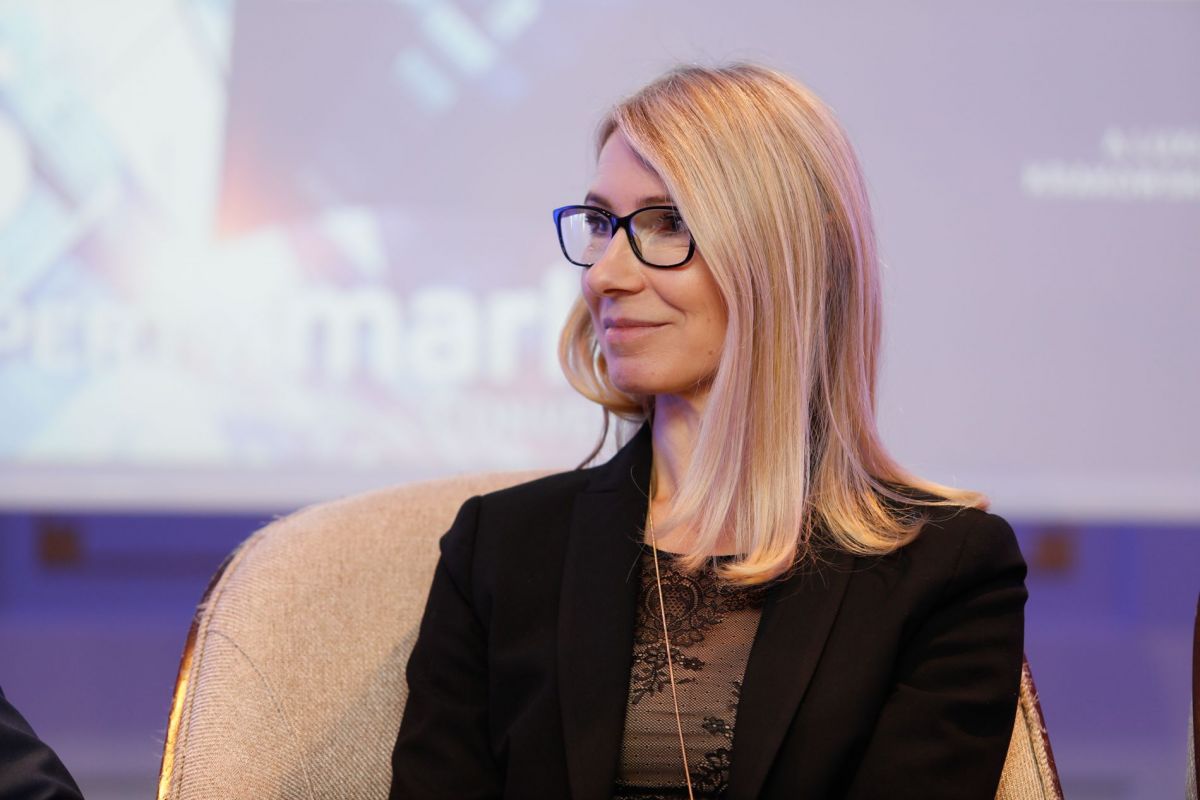
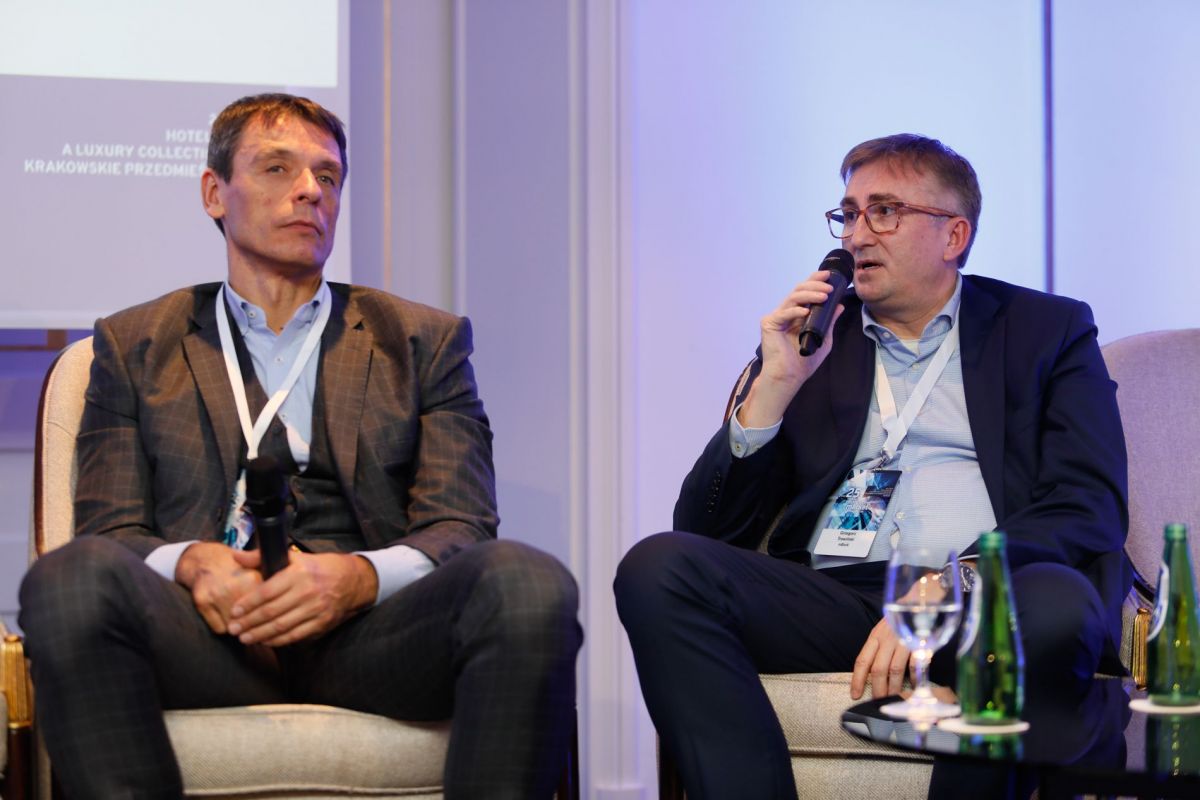



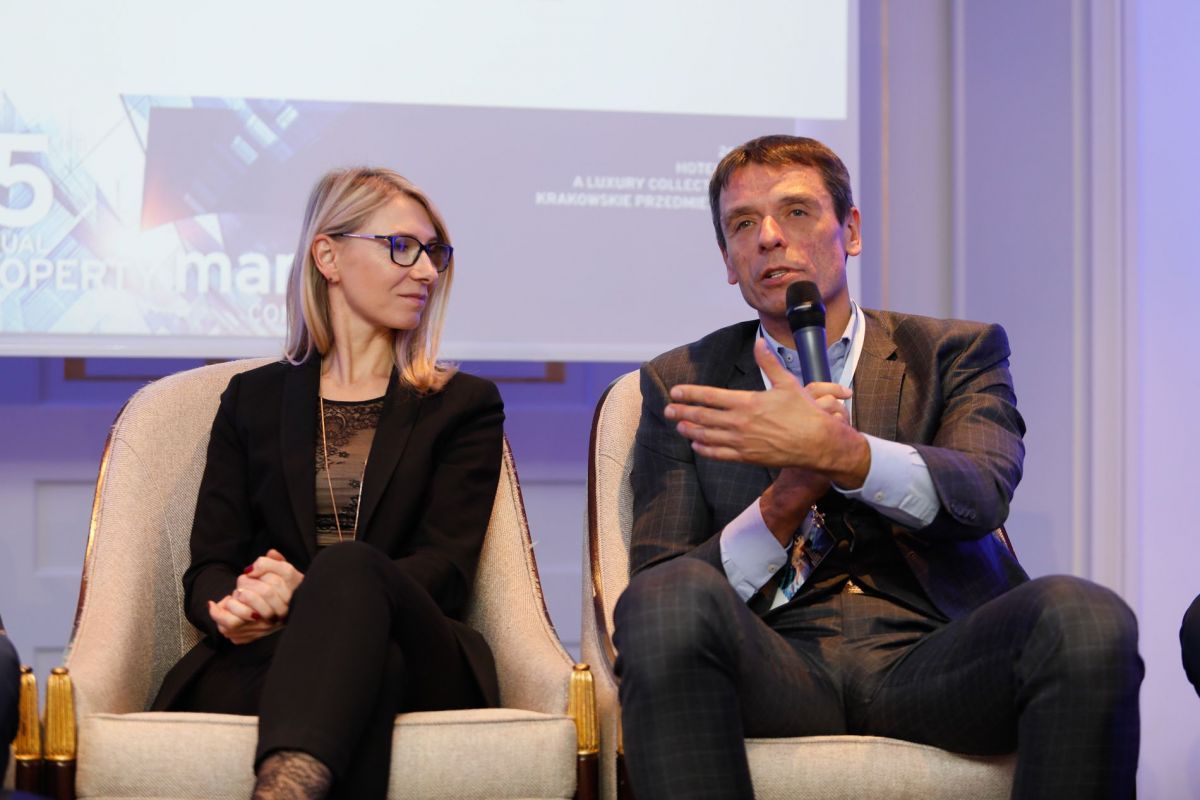
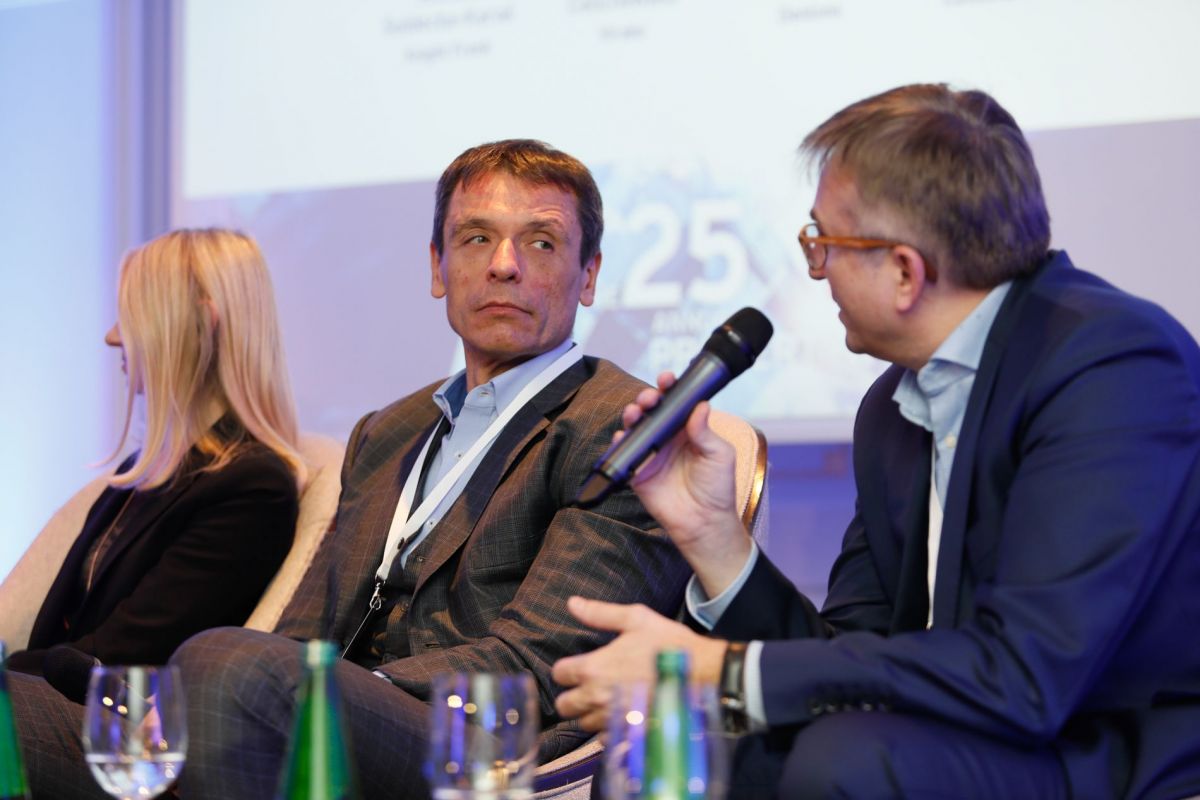
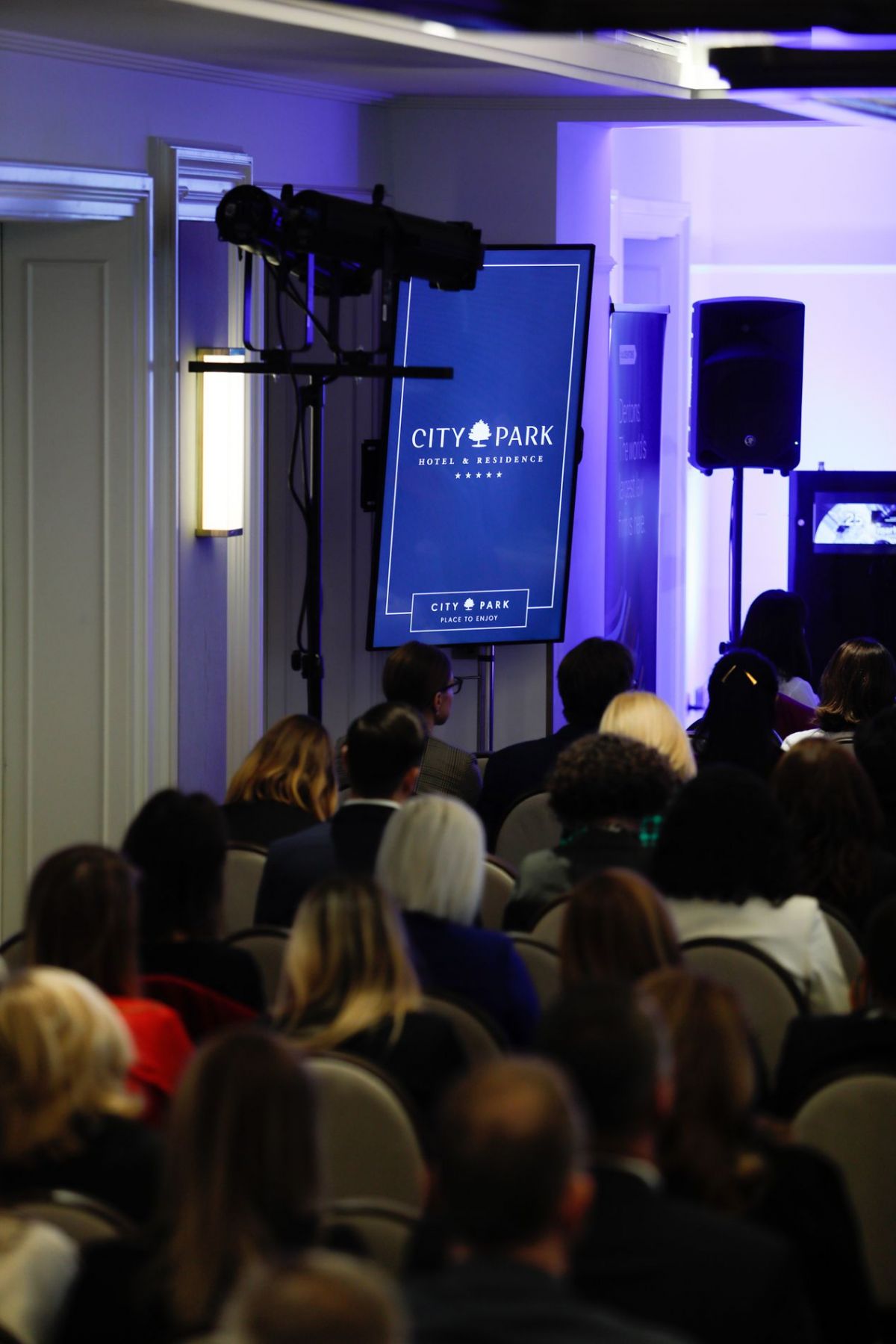

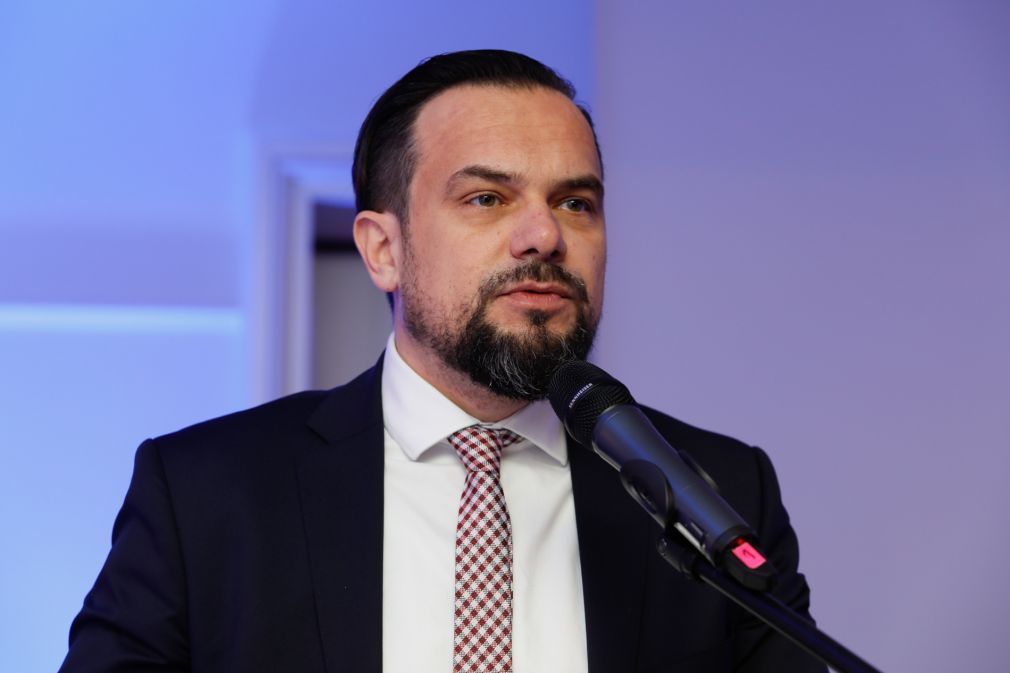
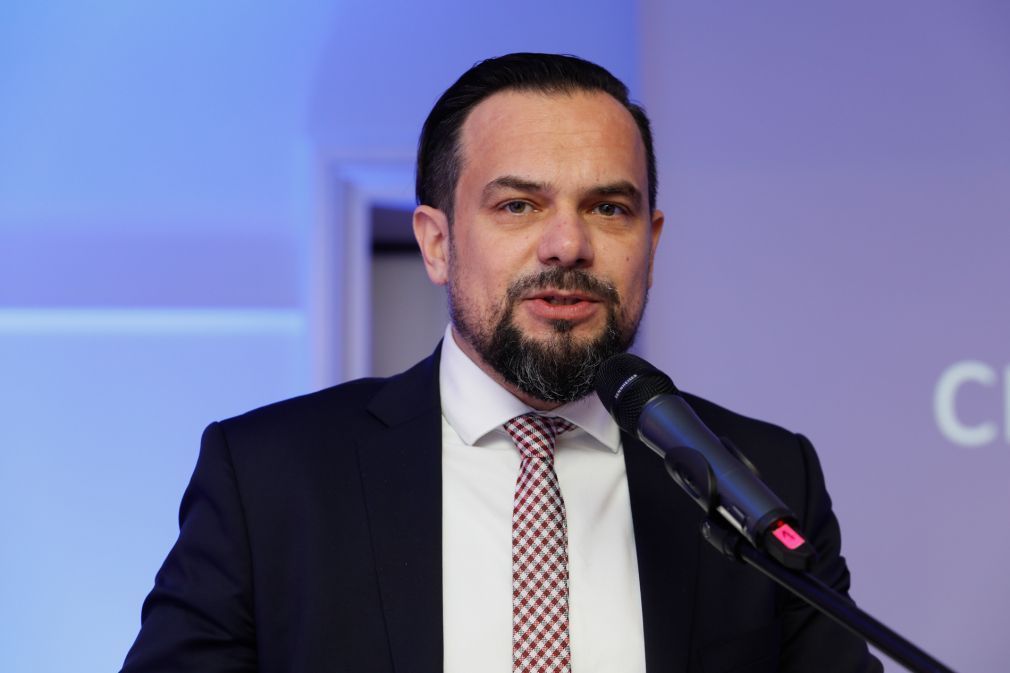
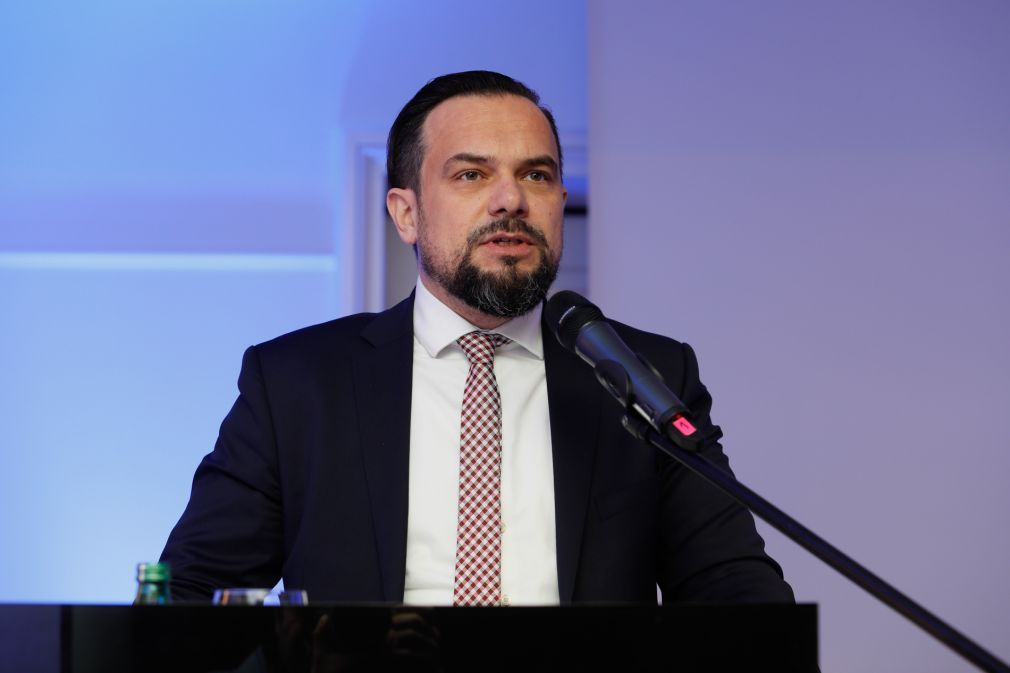
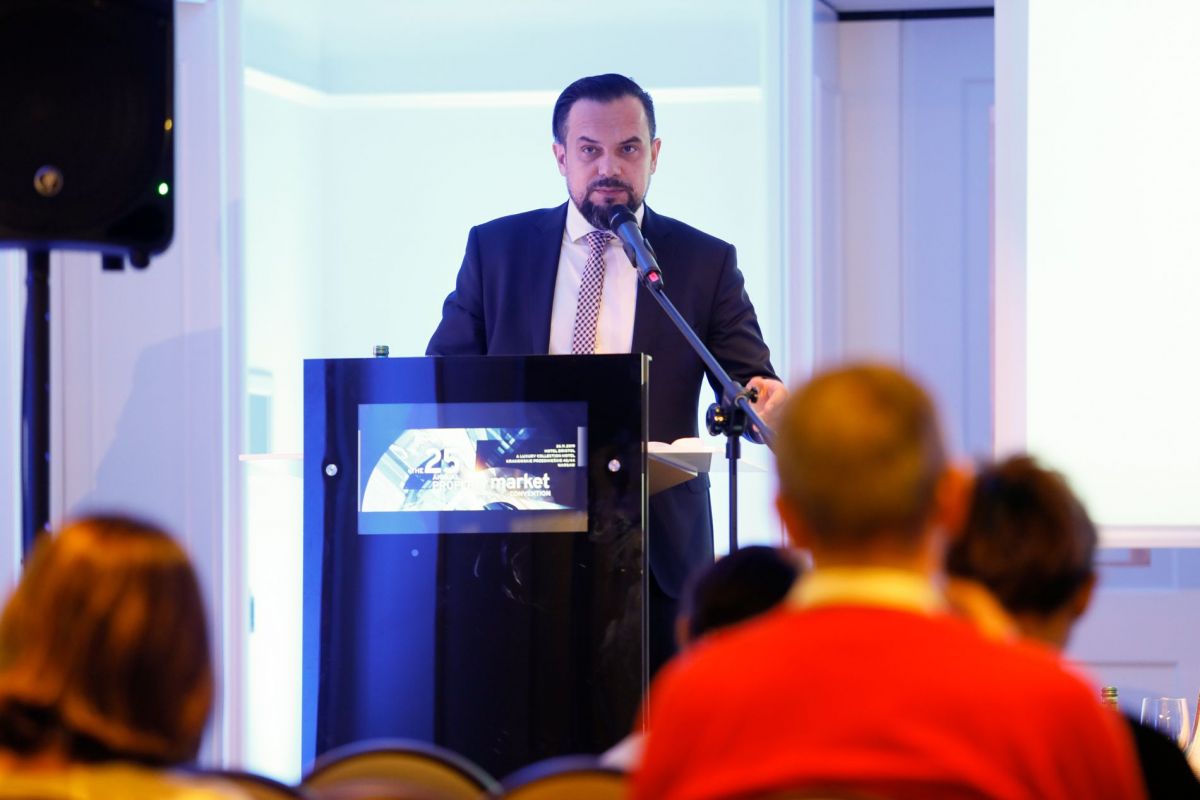
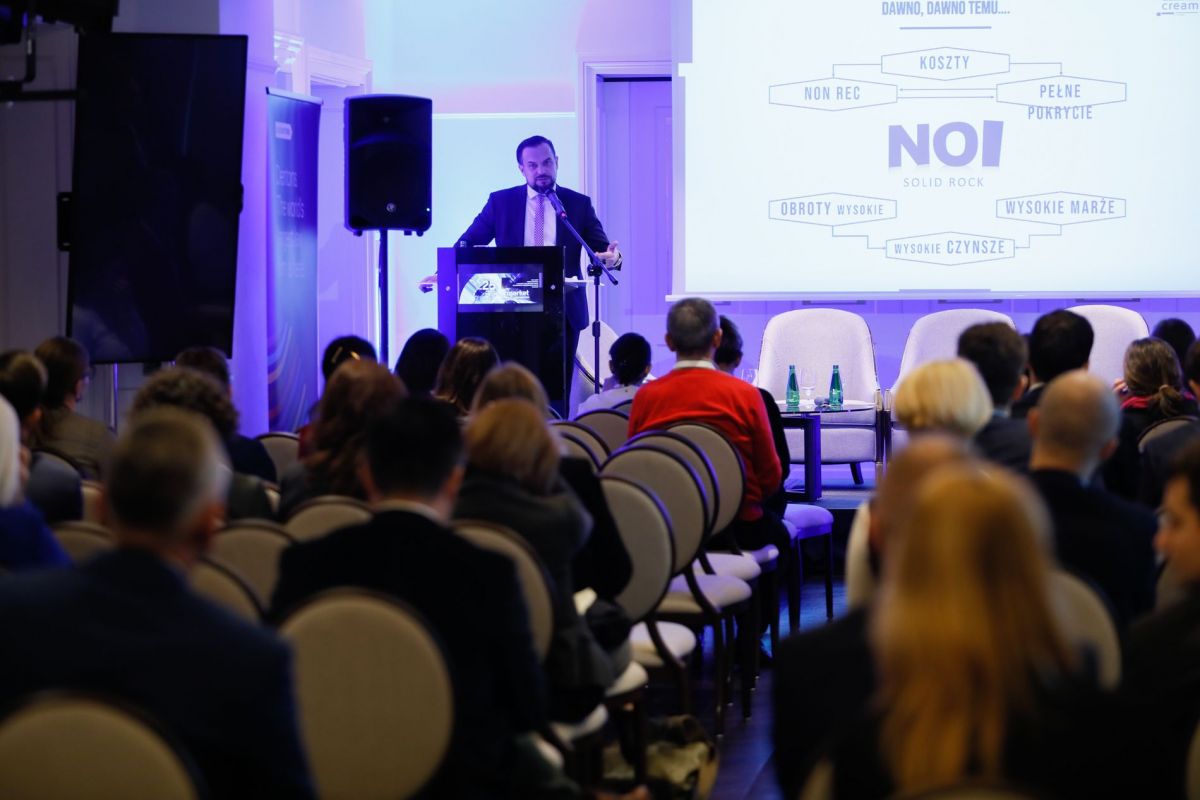
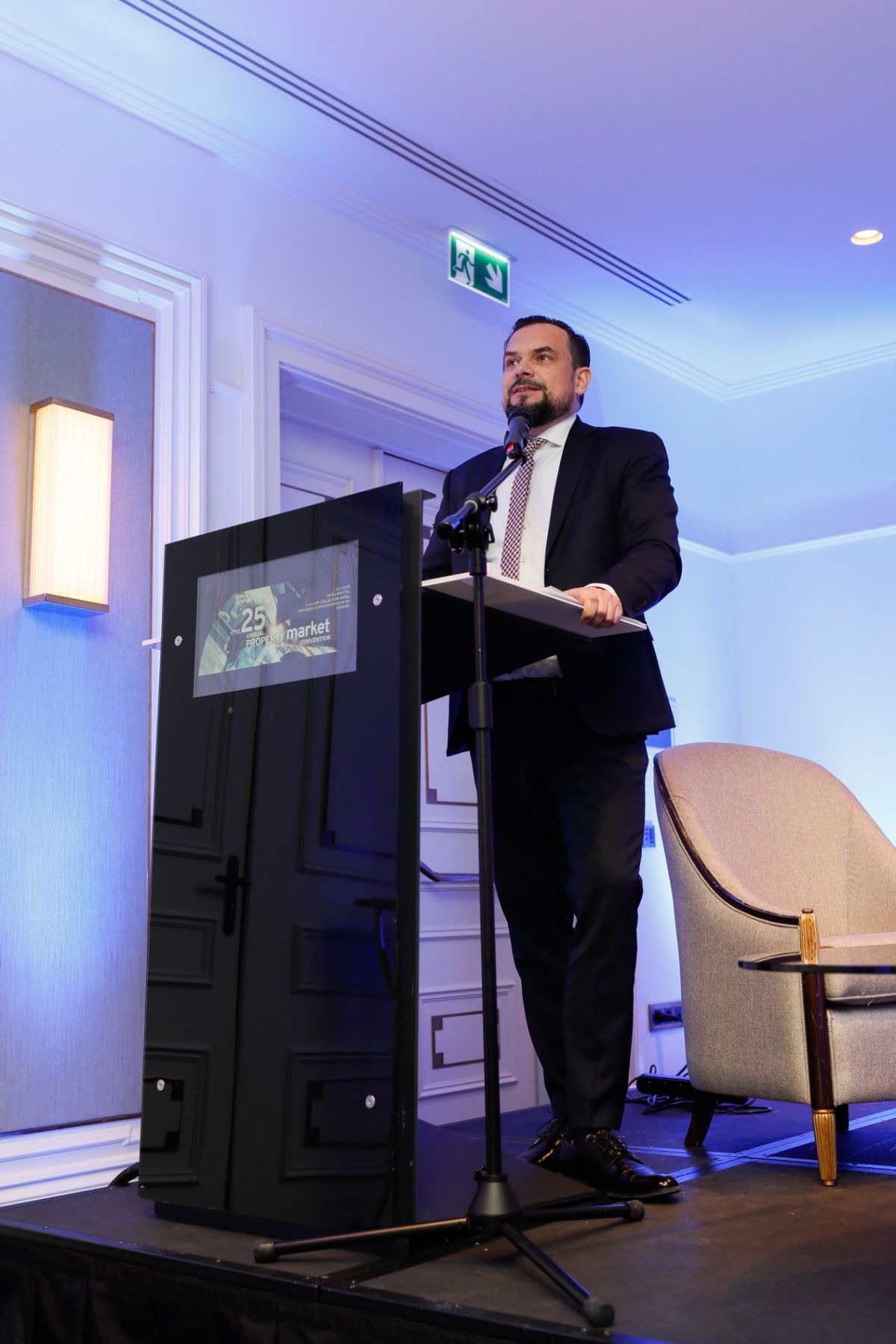

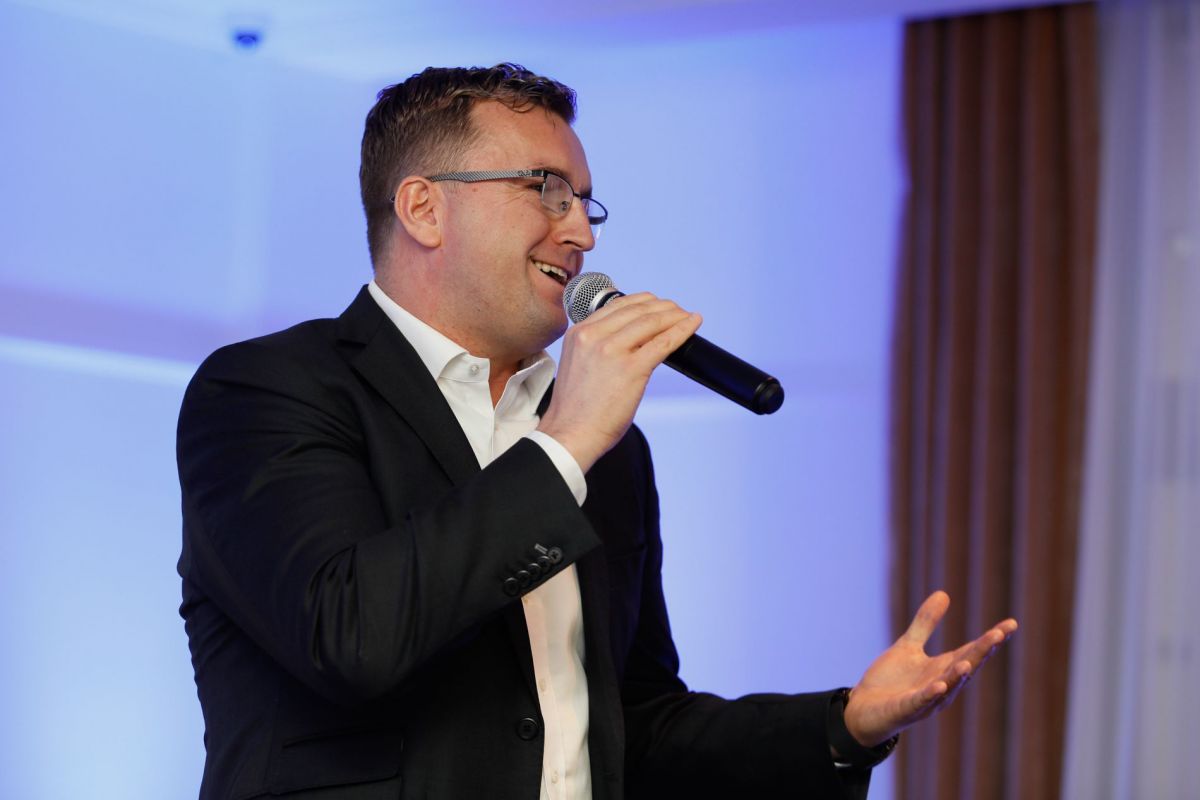
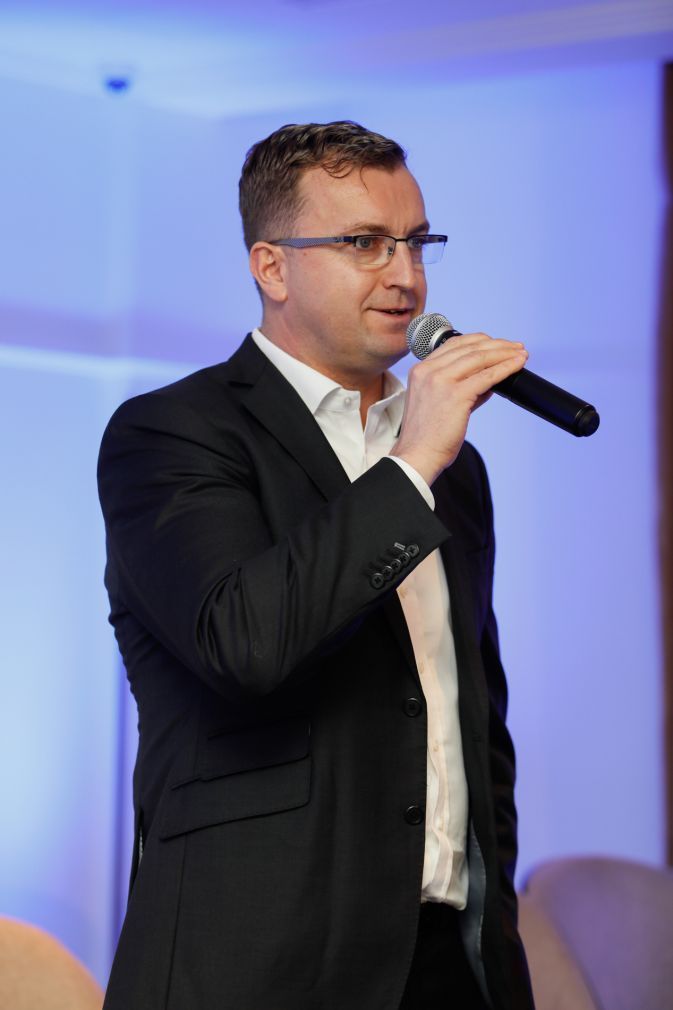
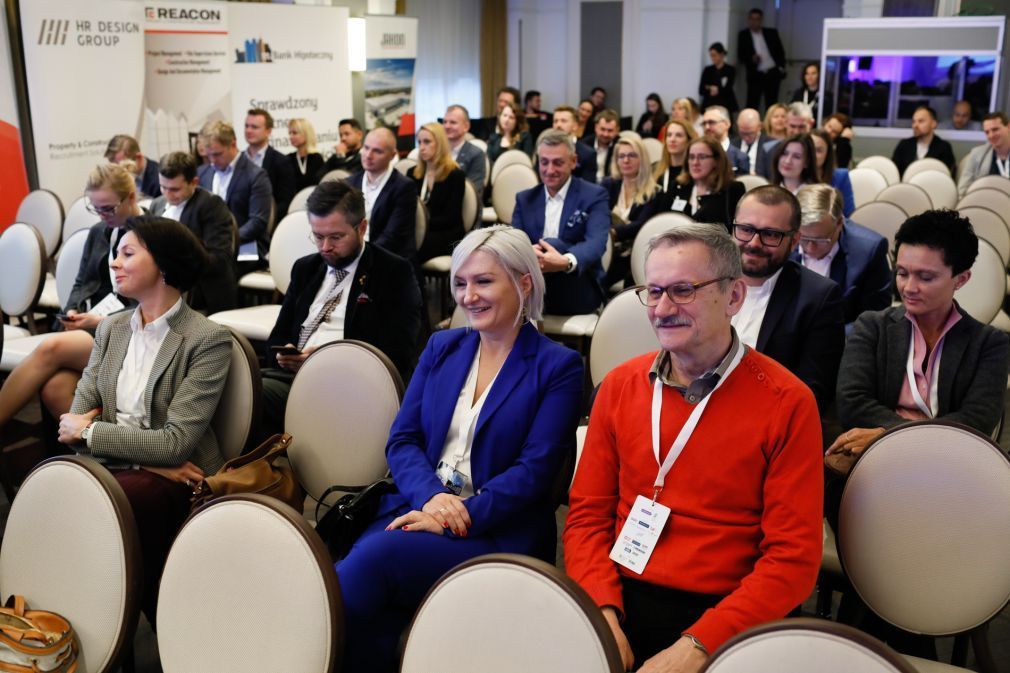
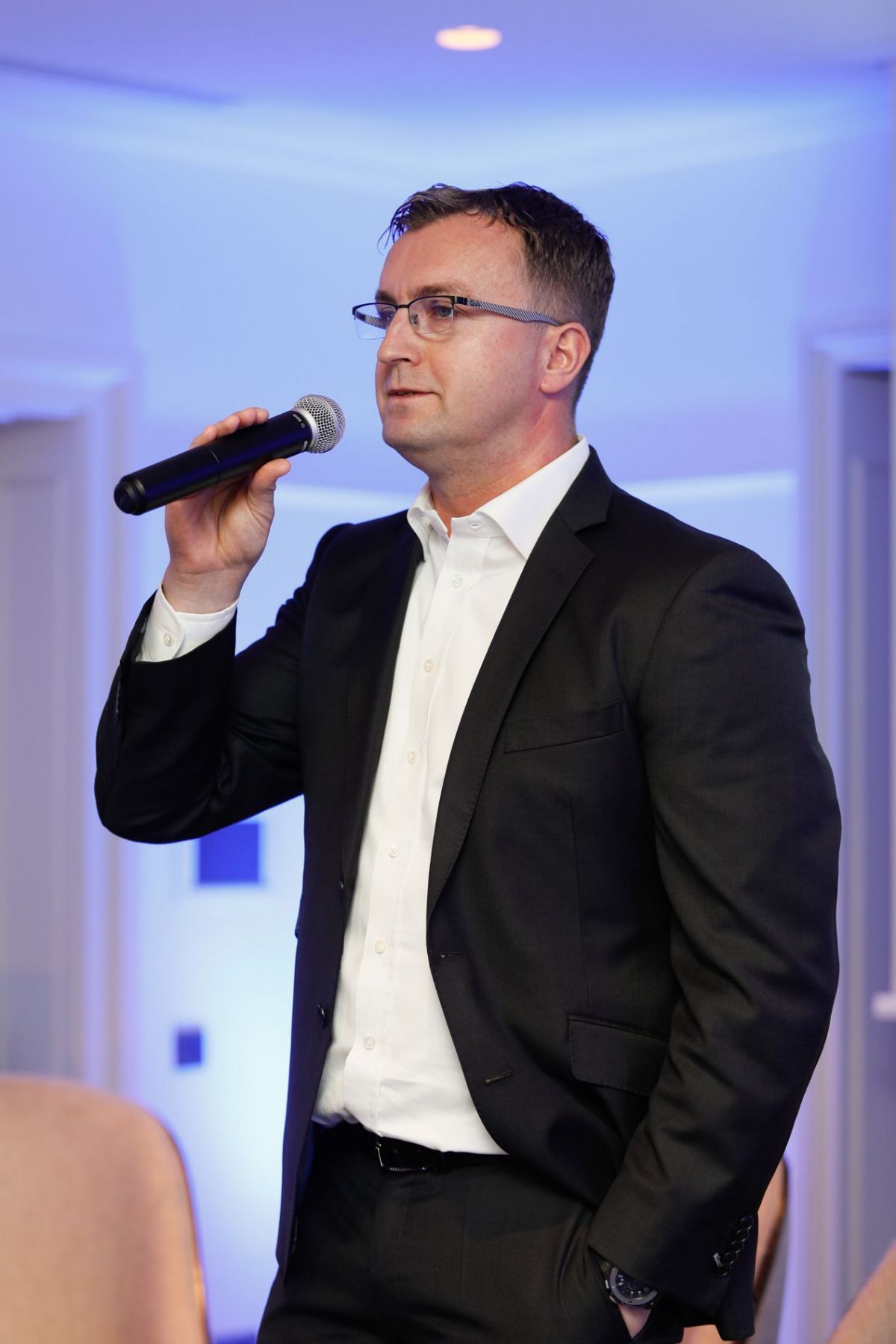
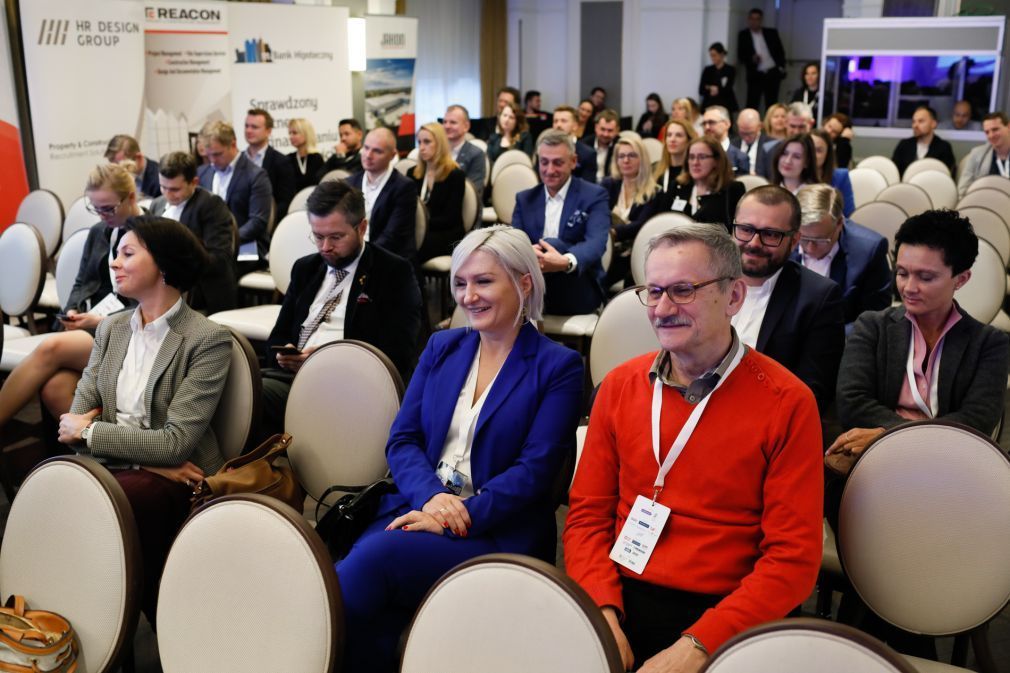

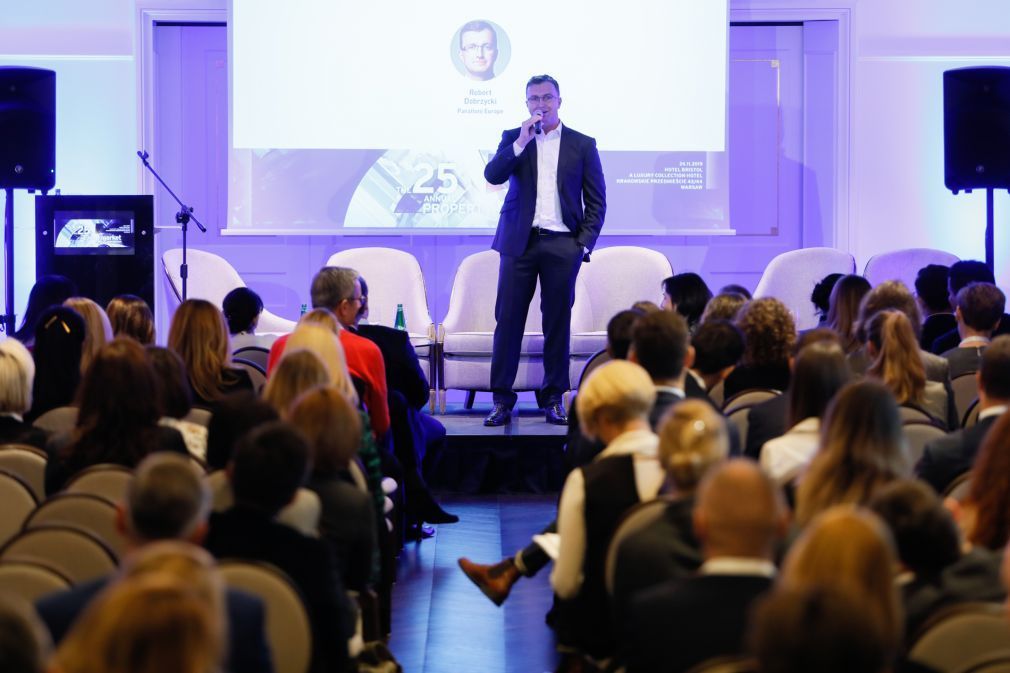
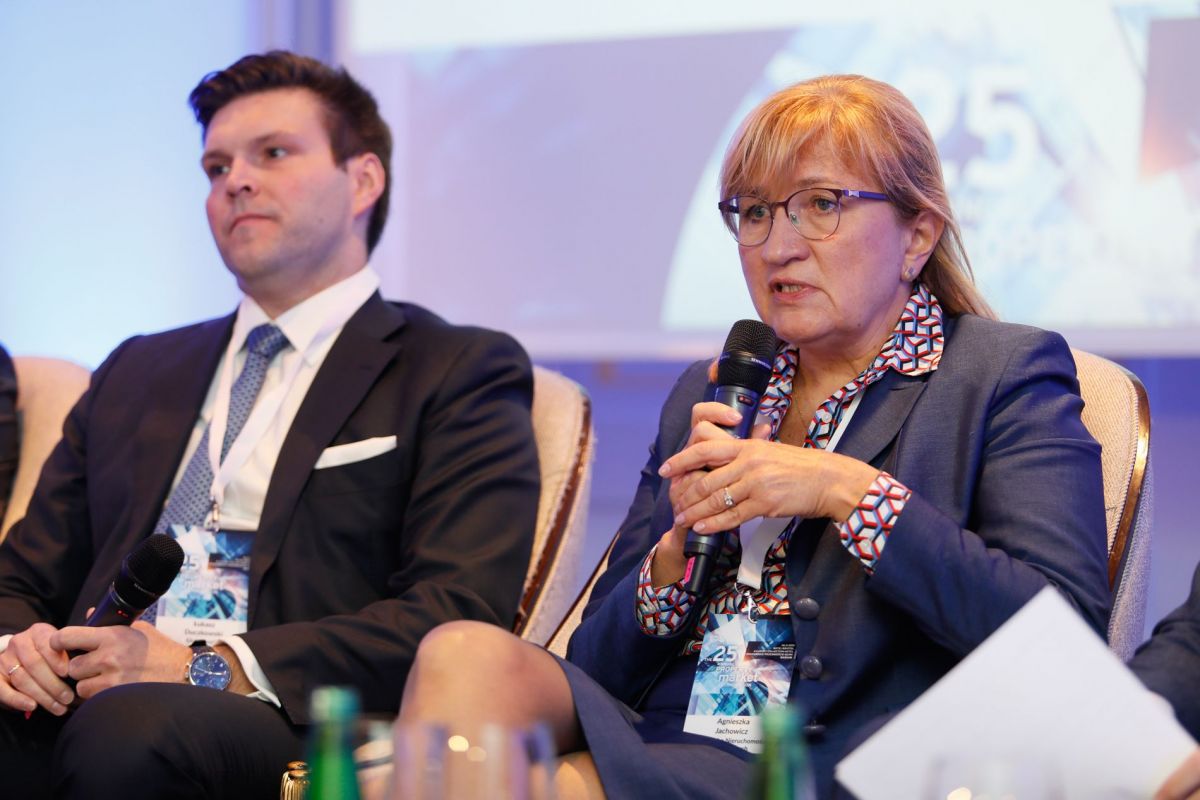
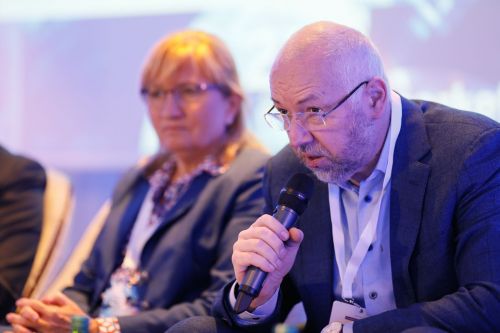
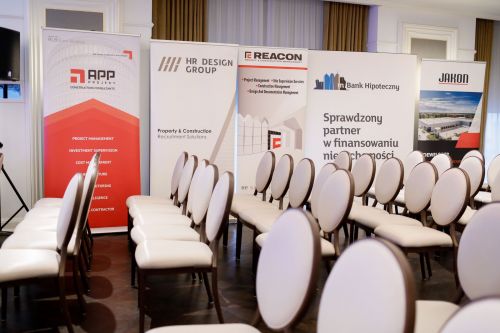
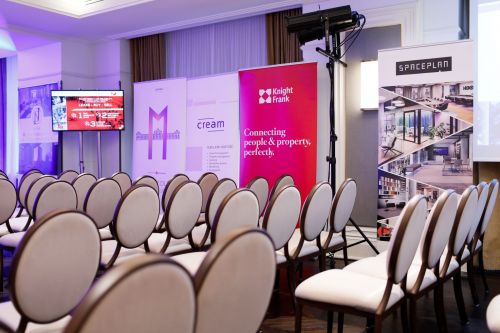
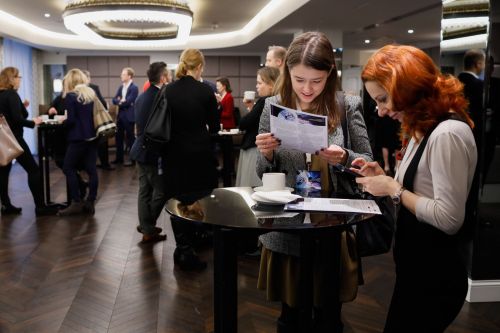
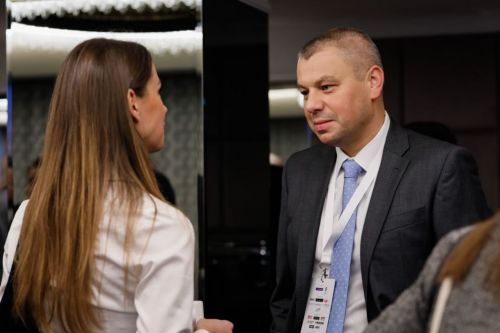
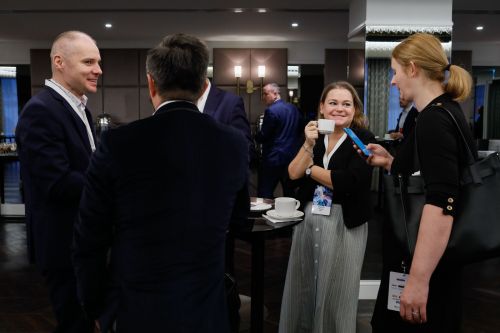
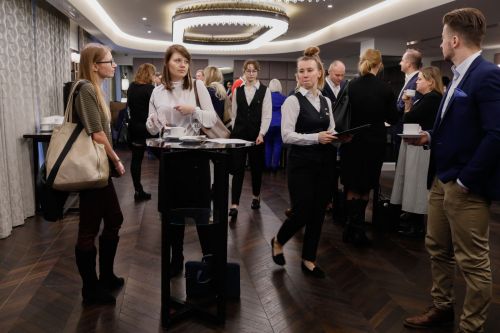
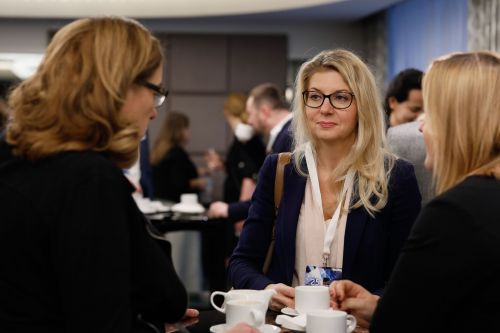
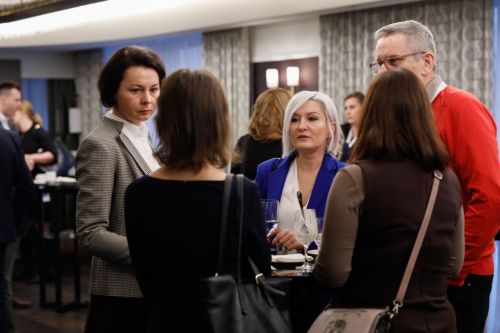
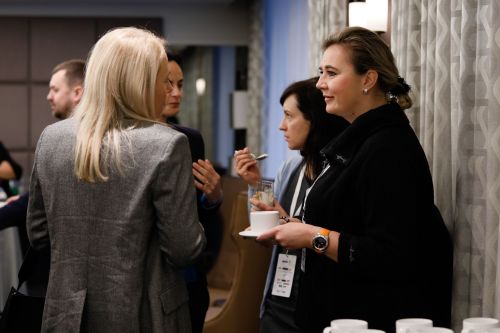
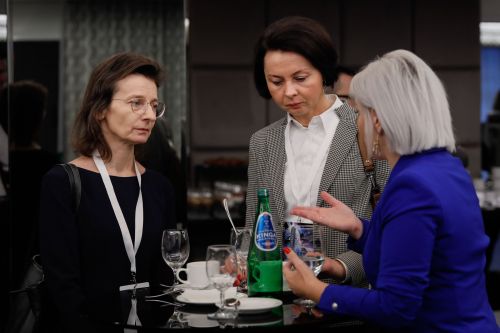

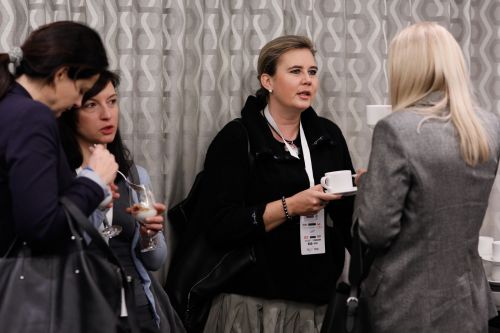
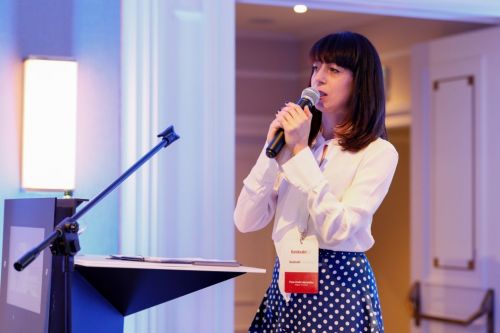

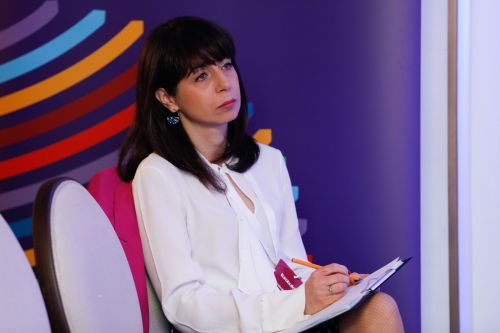
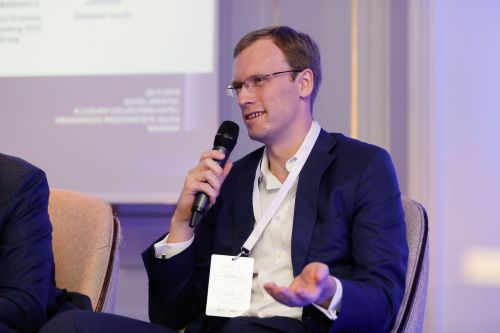
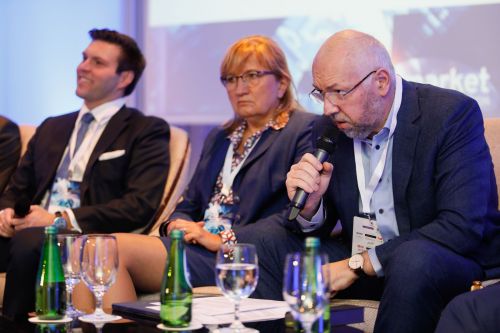
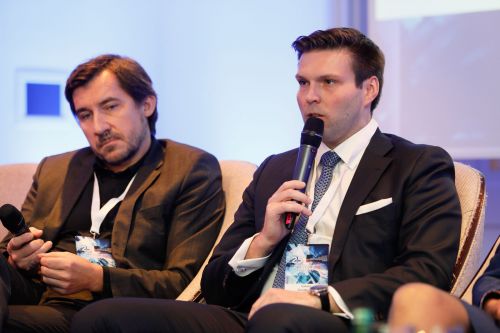
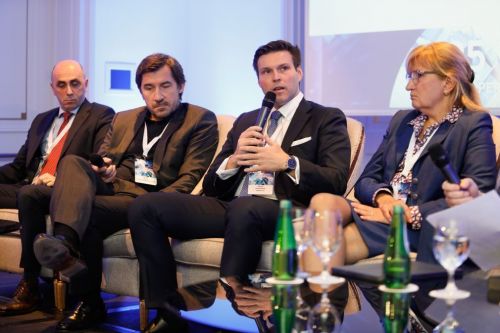
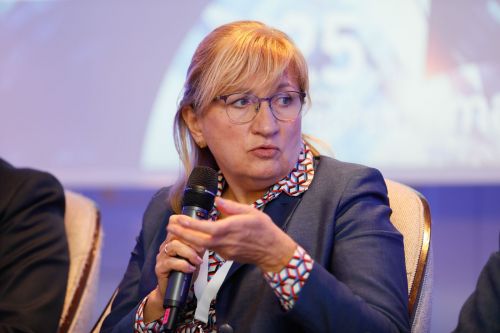
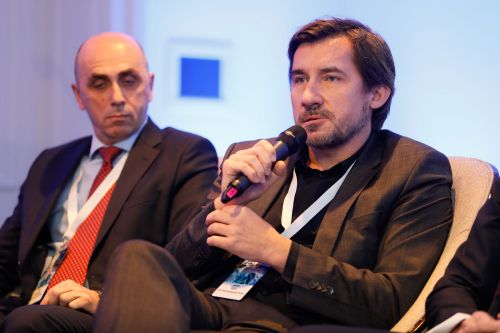
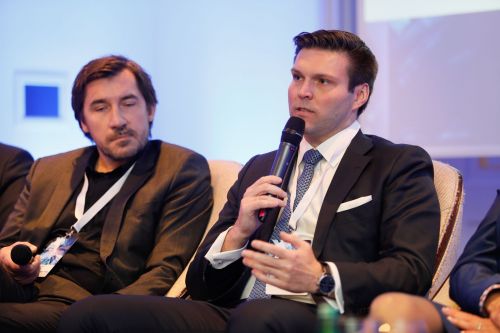
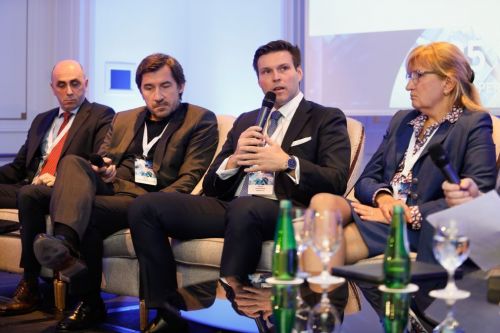
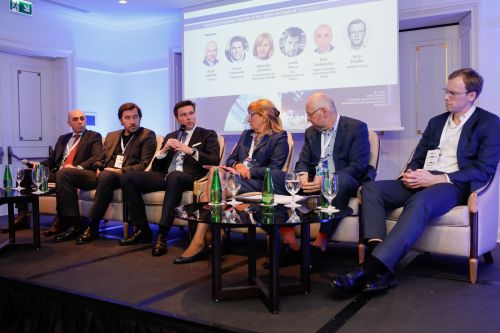
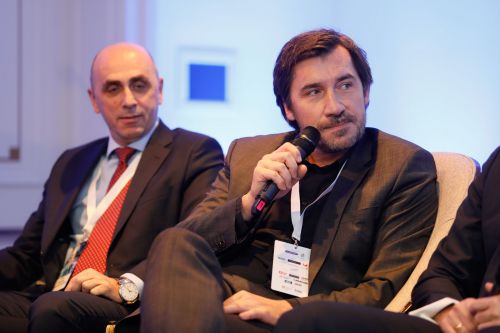
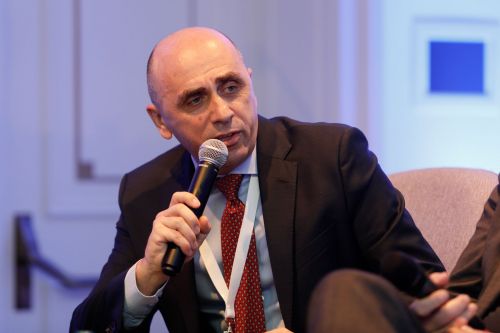
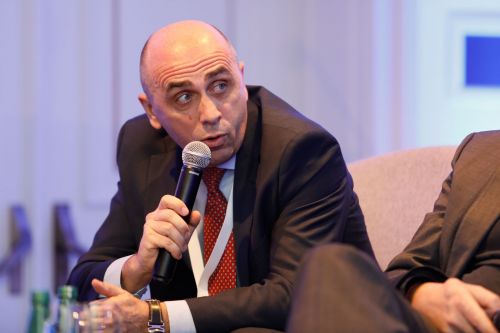
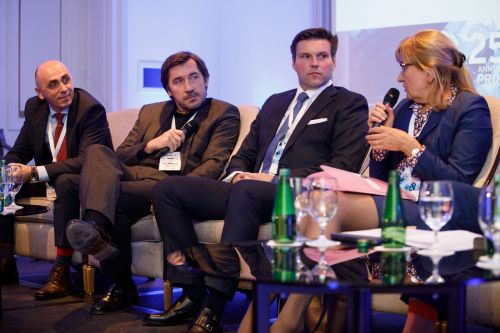
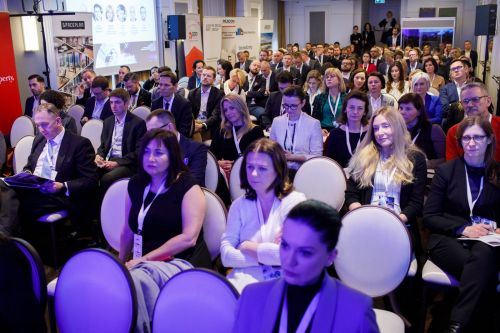
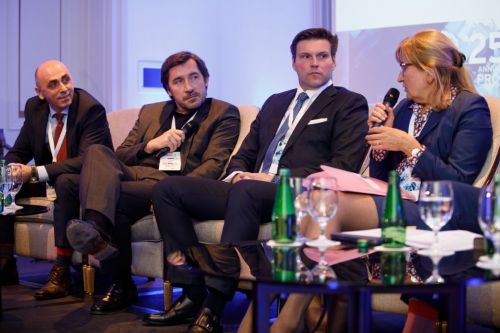
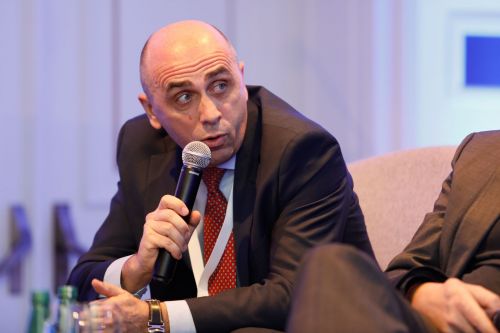
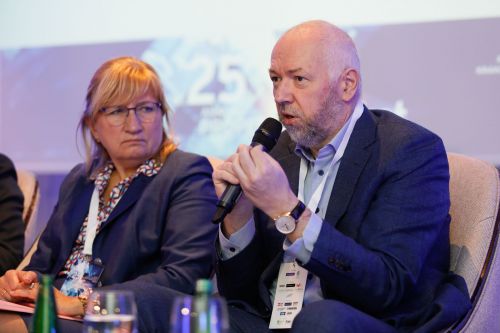
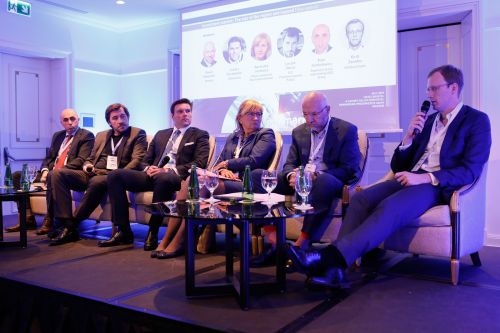


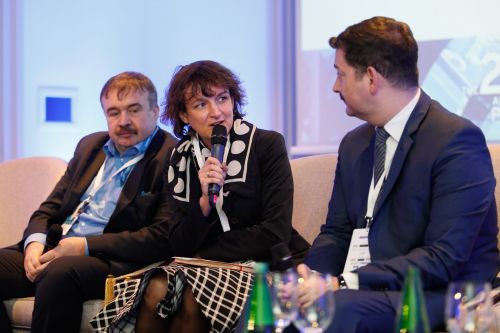
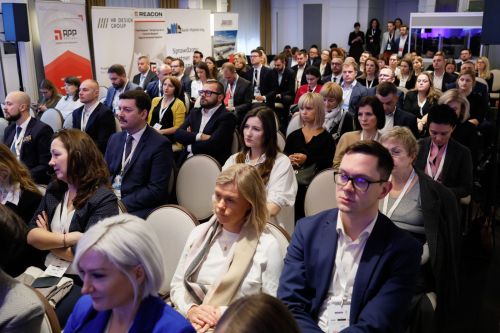
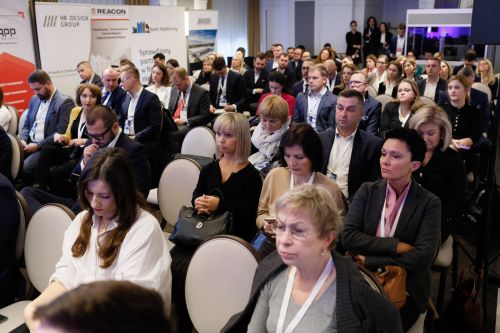
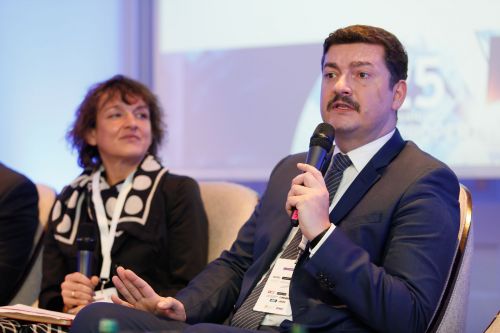
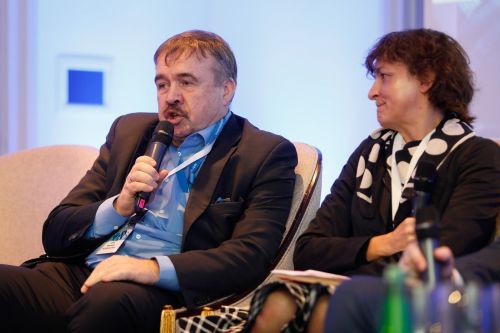
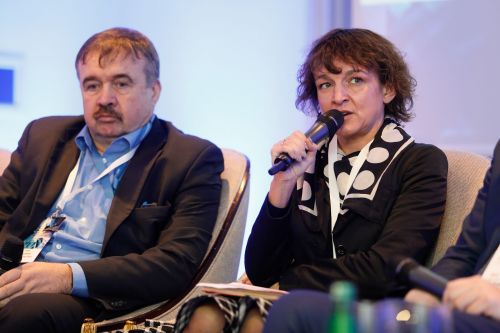
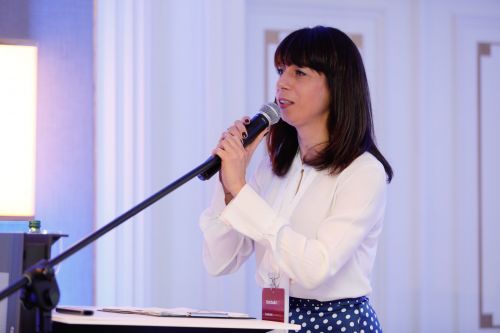

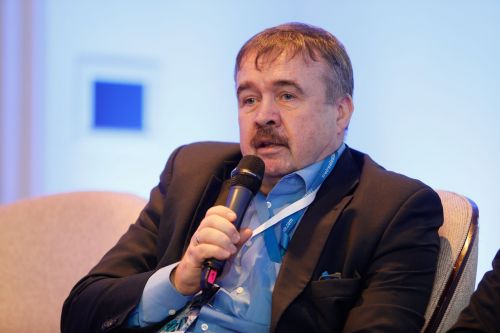
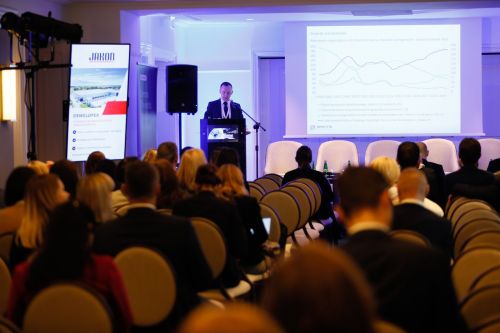
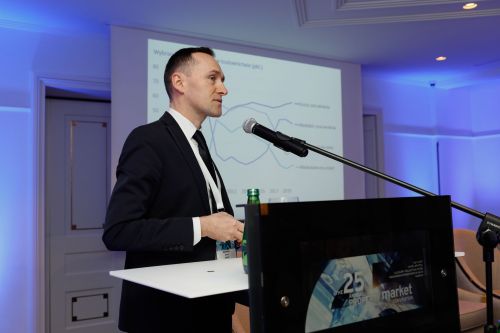
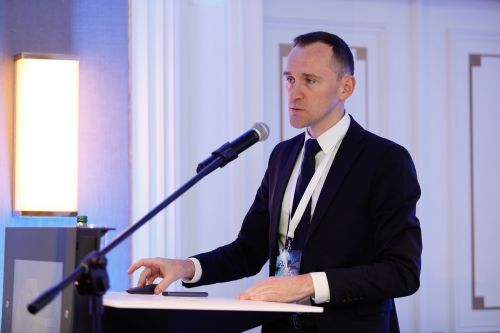
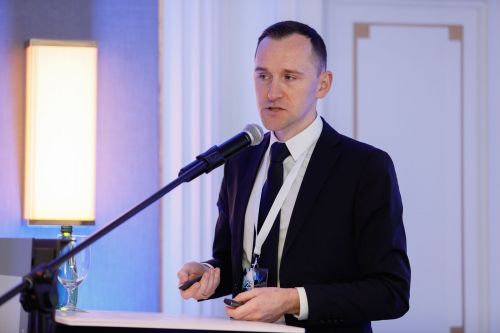
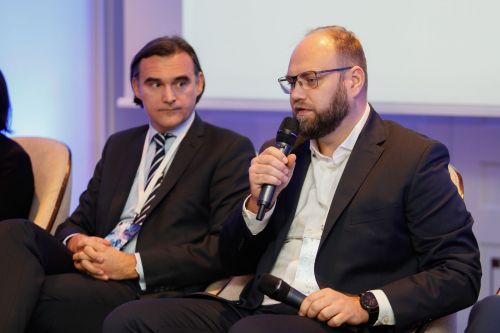
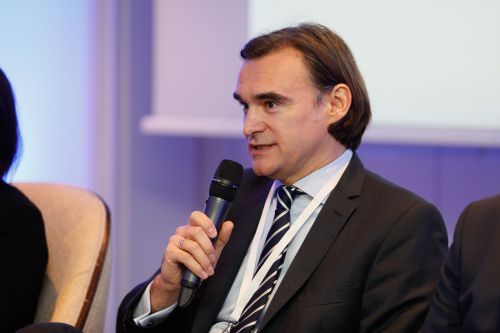
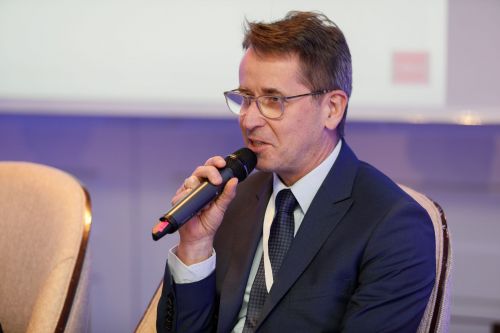
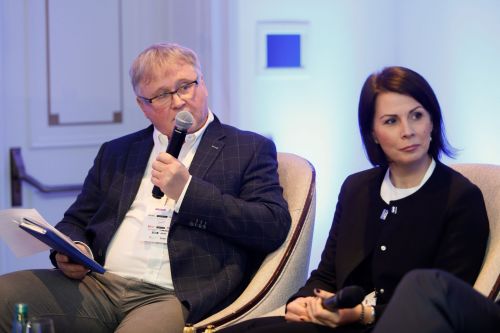
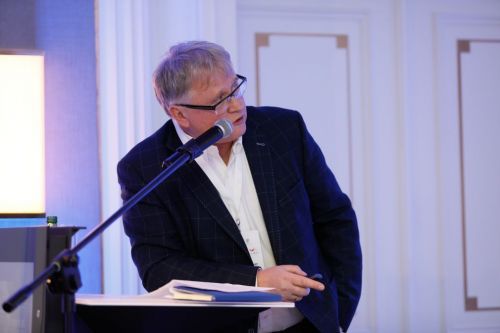
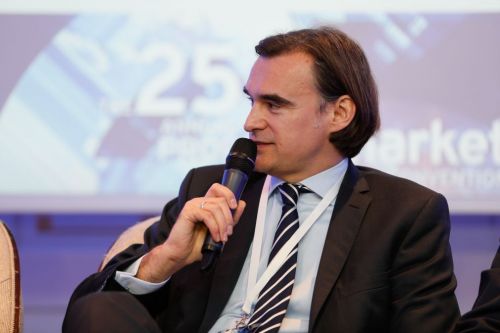
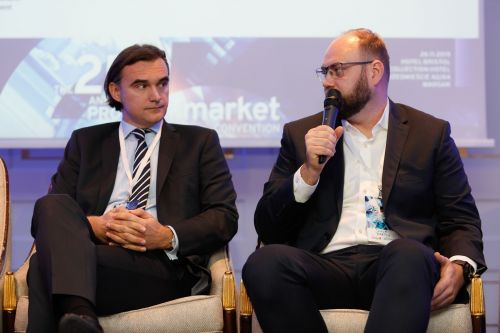
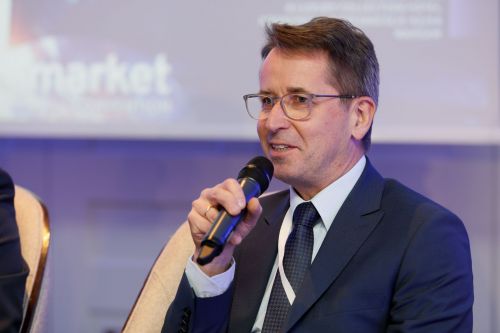
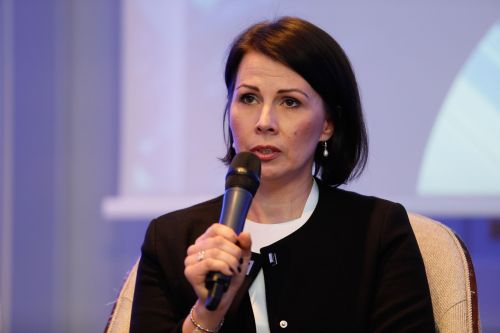
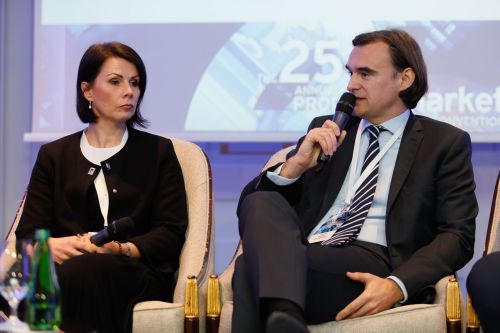
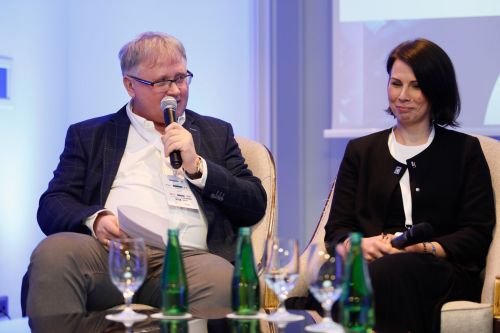
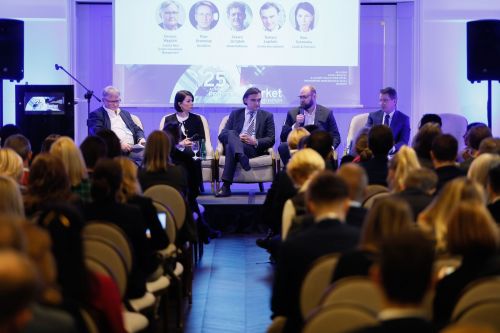

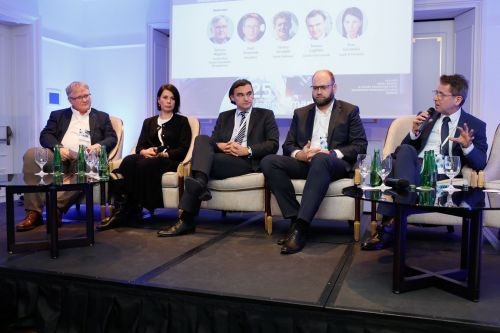
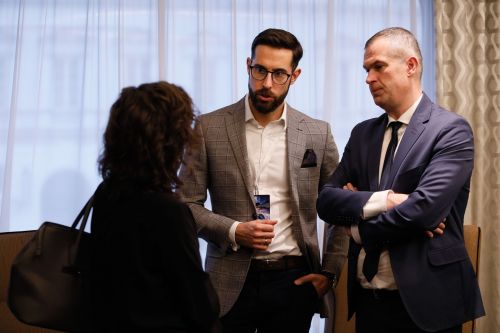
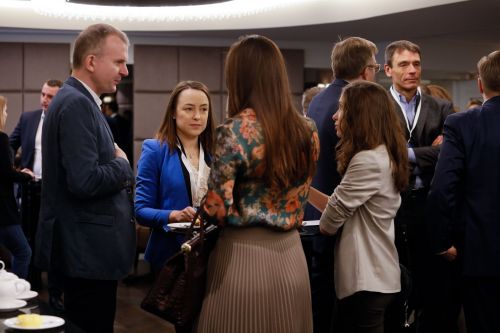

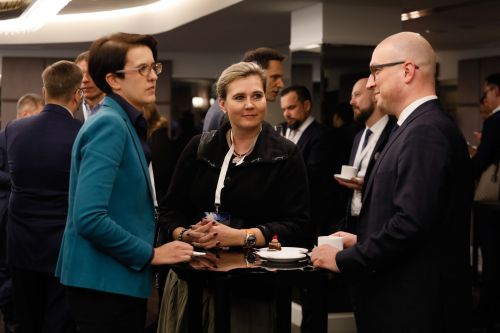
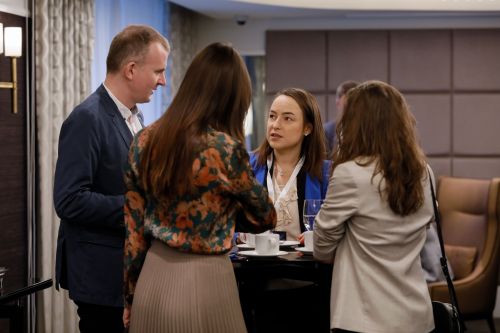
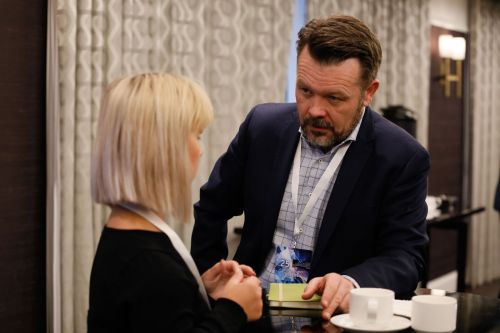
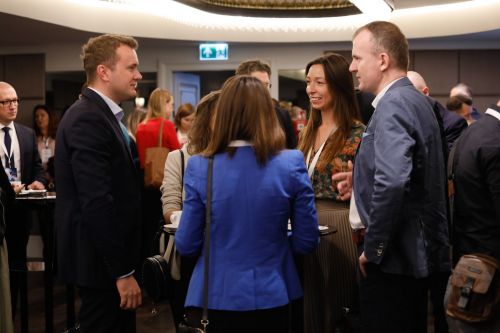

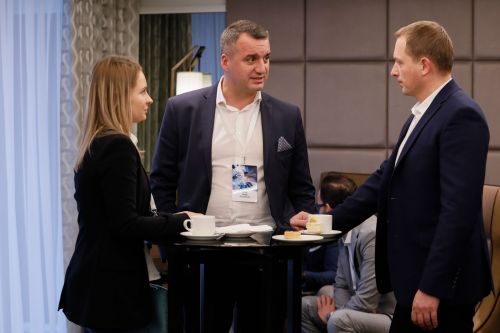
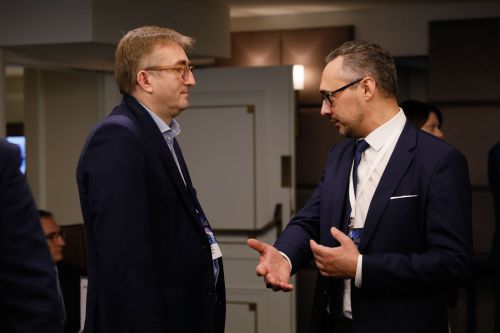
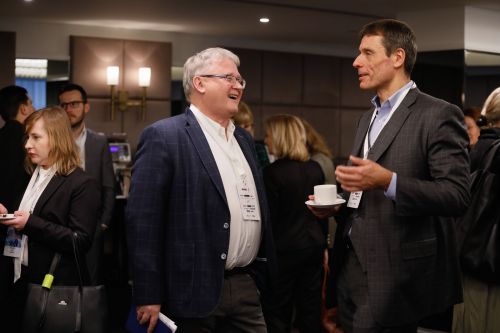

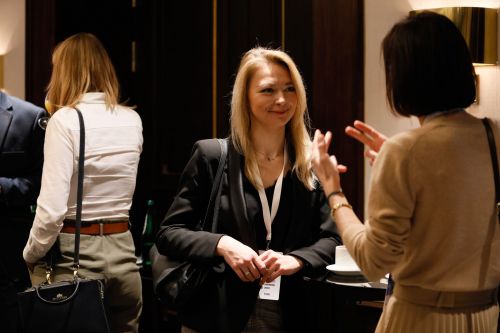
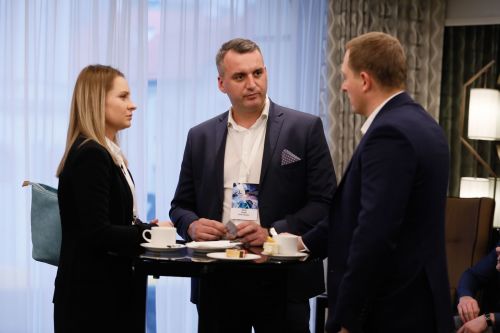
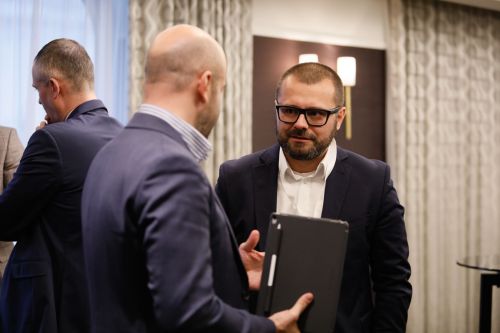

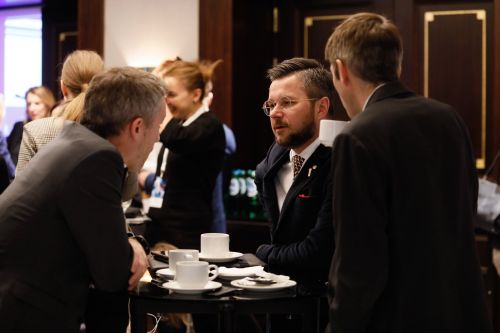
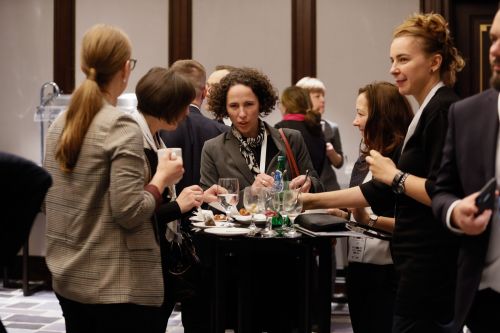
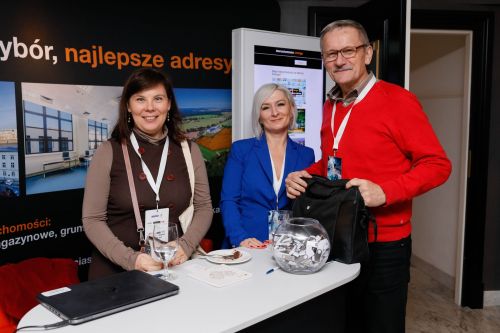
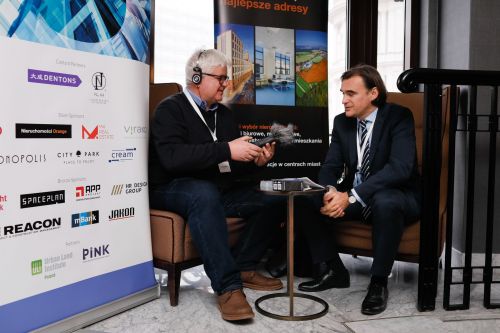

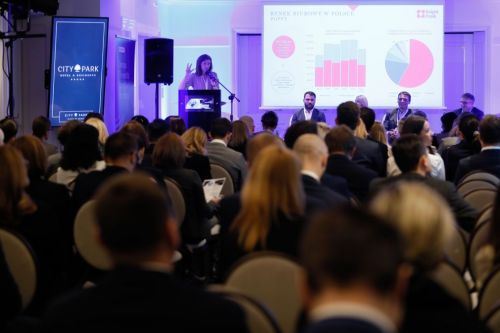
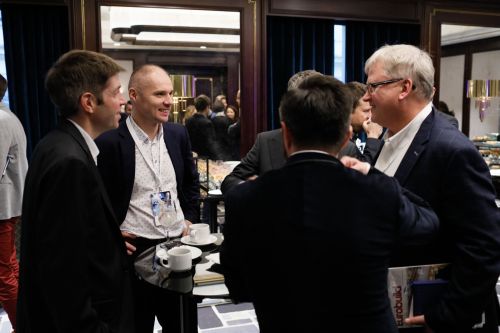
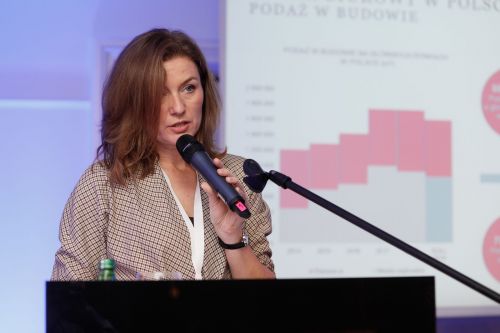
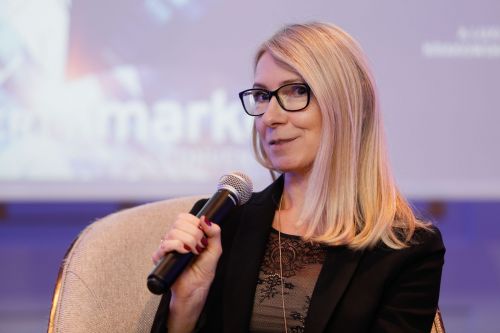
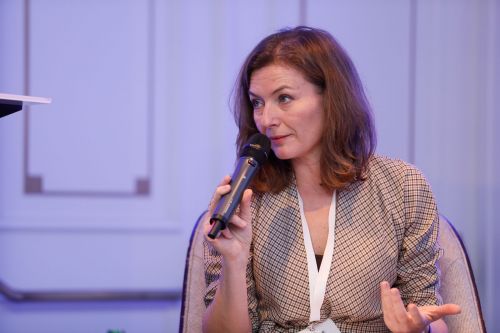
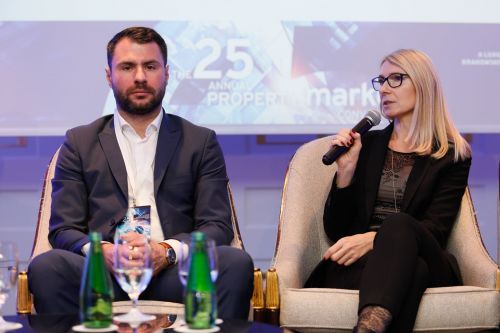
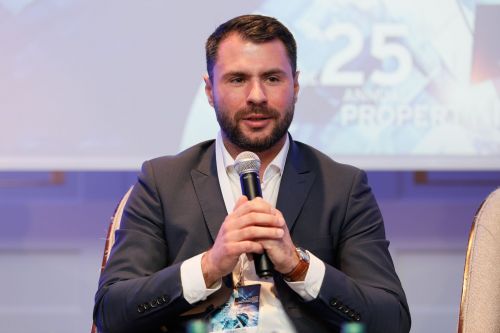
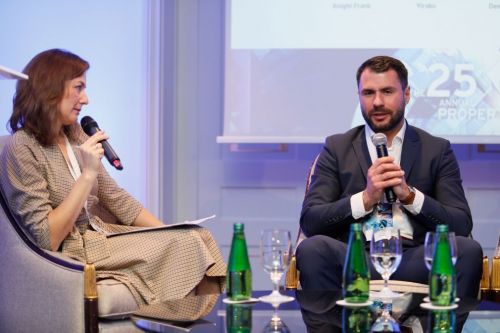
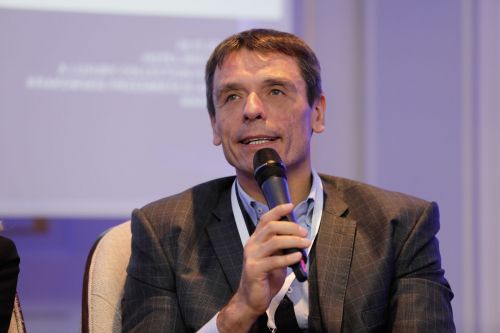
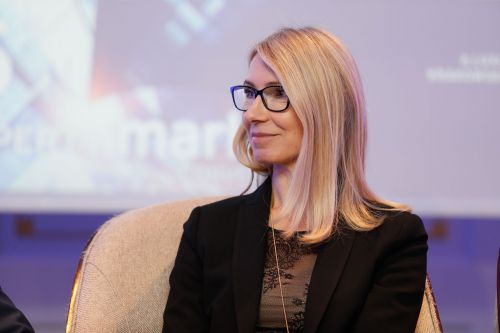
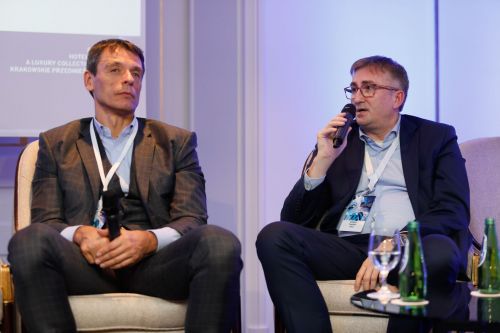


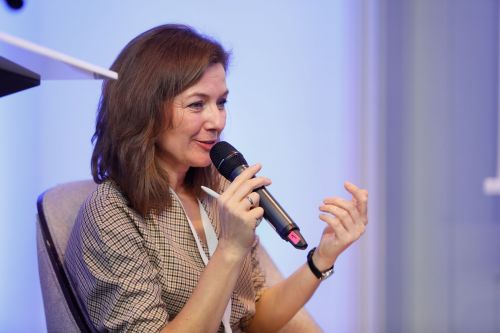
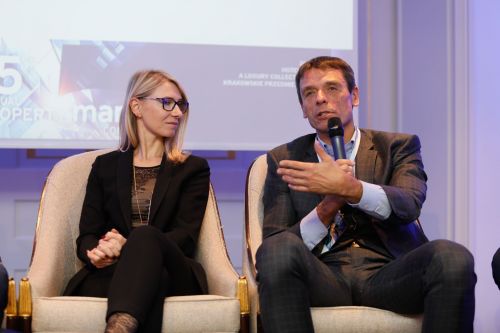
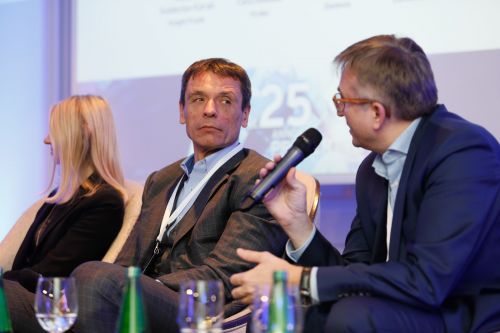
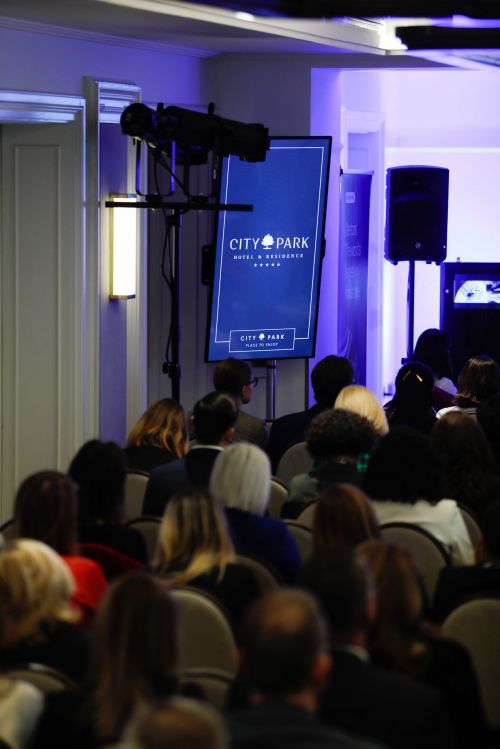
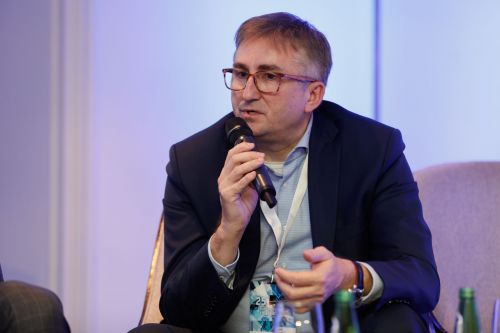
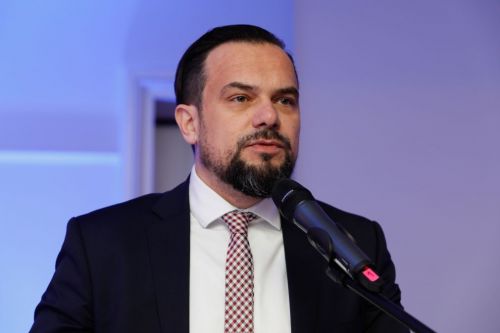
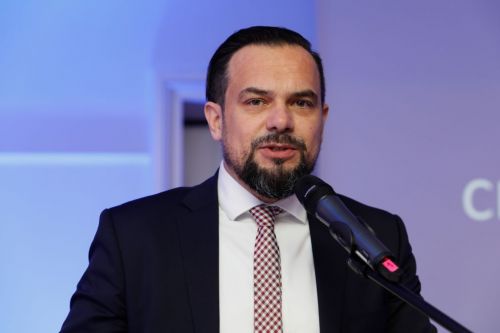
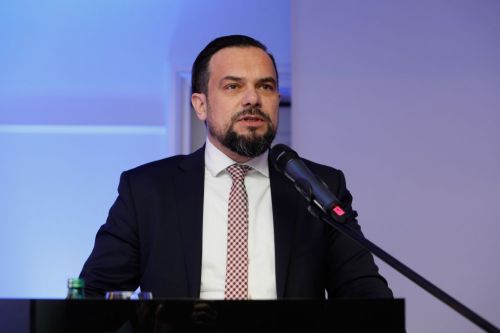
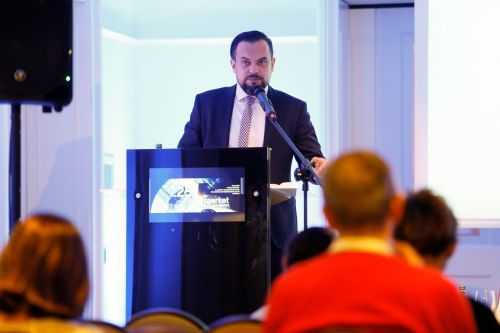
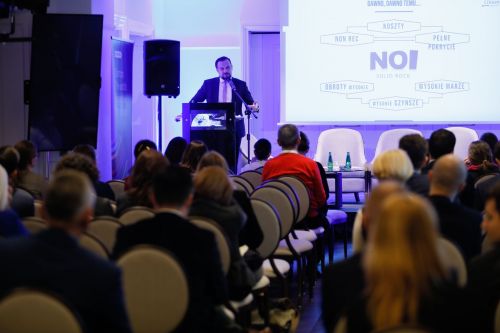
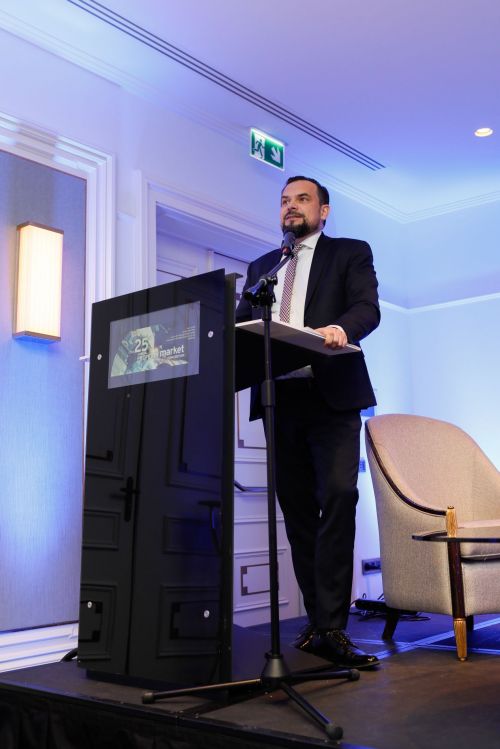

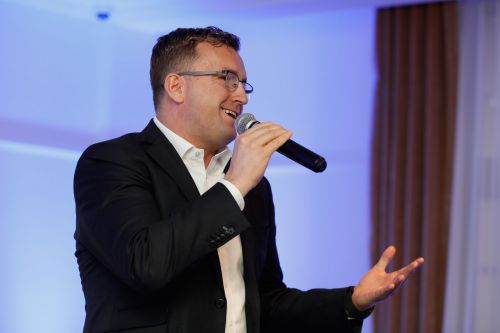
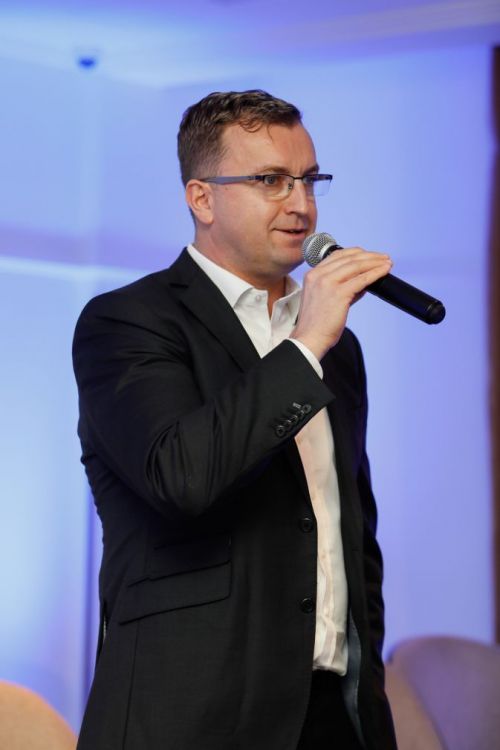
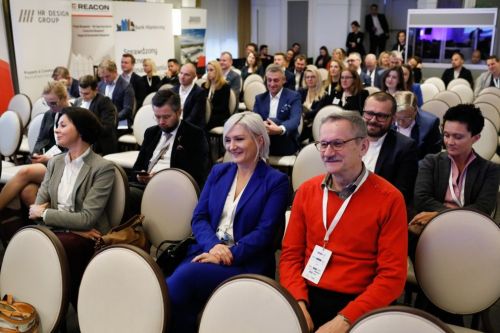
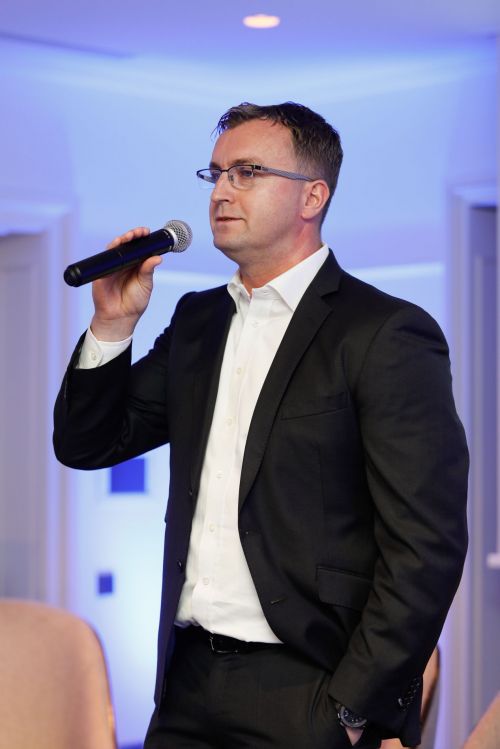
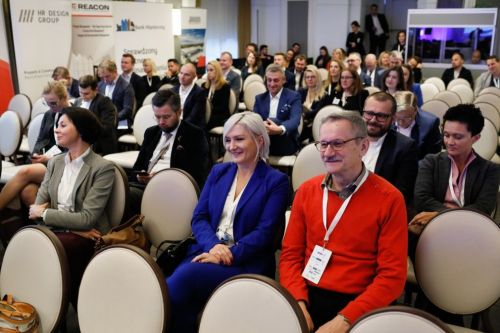


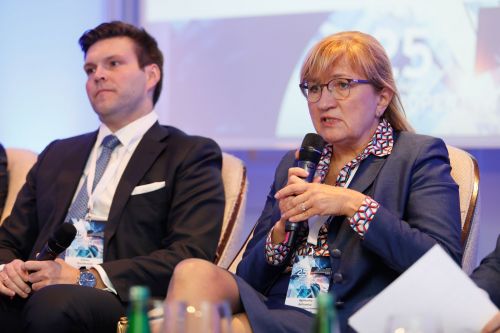
That was the year, that was!
Poland might be the star of the region when it comes to investment, but significant changes have been underway in the retail sector. Regional cities are now forging ahead of the capital city in the office development sector. The PRS sector, however, is unlikely to venture out of the largest cities at any time soon. The speakers agreed that it has been another good year with a slowdown still possible but not yet on the horizon.
The silver jubilee of the event, which took place on November 26th at the Bristol Hotel in Warsaw, brought together almost 200 representatives of the sector. They were welcomed by Ewa Andrzejewska, the editor-in-chief of Eurobuild CEE. During the opening panel, ‘The Investment Market: The Star of the Region and Beyond’, which was moderated by Paweł Dębowski, a partner and the head of the European real estate law team at Dentons Warsaw, the speakers pointed out that half of the transaction volume finalised on the real estate market in the CEE region in the last six months were for Polish assets – with EUR 2.72 bln being forked out by investors’ pockets on properties in Poland. The panellists then pondered upon what risks might lie ahead for the investment market. The moderator focused on the situation on the retail market, which is very different from how it was a year ago. Agnieszka Jachowicz, a member of the board at the Polish Commercial Real Estate Chamber (PINK), drew attention to the fact that the total transaction volume for retail buildings was down by more than half in Poland this year. Other speakers, Leszek Sikora, the managing director at ECE Projektmanagement Polska, and Łukasz Duczkowski, the investment director at Globalworth, highlighted the positives. Kirill Zavodov, the executive director at Goldman Sachs, however, predicted that the next five years could be difficult for some medium-sized retail assets. The attractiveness of retail and office buildings and the diversity of their locations in Poland was emphasised by Piotr Zamkotowicz, a co-founder and partner of Augusta Cracovia, which is the representative of Filipino group ISOC in Poland. Łukasz Duczkowski also spoke about Polish offices in glowing terms. The attractiveness of the Polish real estate investment market was put further under the spotlight by Kirill Zavodov. The panel also discussed the current business cycle and the expected slowdown. Everyone agreed that it was difficult to say when it would happen, but apparently it won’t be any day soon.
The moderator of the sparring session, Lucyna Śliż, an associate and head of retail business development at Cushman & Wakefield, asked its combatants whether this was the end of retail as we have known it, how the Sunday trading ban has impacted the sector, how to cope in a volatile environment and about what modern consumers are now looking for. According to Karol Bartos, the head of the asset management department at Atrium European Real Estate, only retail that has a clear idea of where it is going has a future. To this, Jacek Wesołowski, the managing director of Trei Real Estate Poland, retorted: “Chains do have ideas for themselves, but the turnover is all on the internet. It has to be stressed, though, that brick-and-mortar shopping is the driver of online retail,” opined Jacek Wesołowski. He also argued that the retail park format is now working well even in very small towns. In Karol Bartos’ view, the shopping centre format is still evolving, becoming more like lifestyle centres, combining various functions under one roof.
Bartłomiej Sosna, a construction market expert at Spectis, took to the floor after the retailers. In his presentation he focused on the fact that the construction sector was still struggling to maintain its profitability and revenues. The biggest issues for the construction market in Poland are the high employment costs and the labour shortages (although this is already becoming less of a factor, as are the rising prices of raw materials). The state of the market can also be gauged by the significant fall in the number of active construction companies. So what lies in store for us? According to the forecasts, GDP is expected to keep falling over the next few years while employment costs will continue to rise.
On the residential panel the speakers were Dariusz Węglicki, the head of Catella Residential Investment Management for Poland (the moderator), Piotr Gromniak, a member of the board of the Resi4rent platform, Tomasz Łapiński, a board member and the CFO of Cordia Polska, and Ewa Surowska, a senior consultant at Leach & Partners. The panellists agreed that the residential market in Poland is still flourishing and developers are selling all their standing supply to individual investors, taking into account their needs and preferences, although these are not the same as institutional investors’. Only a few developers that have been focused on selling entire buildings to investors on the rental market from the outset have embraced the specificity of this sector. The specificity of the credit market in Poland is also hindering the cooperation of investors and developers. The panellists also touched on the generational changes – young people are now attaching less importance to ownership. They also agreed that the institutional rental market is not set to spread beyond city centres to more peripheral districts at any time soon. It’s also hard to see it taking root outside the seven metropolises, in smaller towns and cities. “We are going in the right direction and there are signs that the market will continue to grow vigorously. We are still at the initial stage of development, as we were with offices or retail 20 years ago,” concluded the moderator.
After the coffee break, the office panel wondered if the fact that more is currently under construction in regional cities than in Warsaw reflects a decrease in interest in the office market in the capital city. The moderator, Monika Sułdecka-Karaś, a partner and regional director at Knight Frank, put this point to her interlocutors. Anna Celichowska, a member of the board and the director of leasing at Virako, and Sebastian Świstak, the director of the Warsaw branch of Cavatina, pointed out that developers were starting to invest [n1] where they felt most secure. Piotr Szafarz, a partner and head of the real estate law team at Dentons in Poland, denied that the terms of lease agreements depend on the distance from Warsaw. He also explained that the differences between Warsaw and regional cities might be the result of the lack of large supply in the latter. Grzegorz Trawiński, the director of the real estate financing department at MBank, explained that the relationship between the vacancy rate and the willingness of financial institutions to finance office projects. This all depends on the city in question, what its prospects are and whether the market there is liquid. The panellists also took a look at revitalisations. It was remarked that regional cities have been doing their homework in this field and coming up with increasingly attractive revitalisation schemes. In her summing up of the discussion, Monika Sułdecka-Karaś stated that that regionalism was not evident in lease agreements. Piotr Szafarz also pointed out that Dentons is looking with interest at ‘micro-regionalisation’ within Warsaw.
Grzegorz Mroczek, a deputy CEO of Cream[n2] Property Advisors, took to the floor after the office discussion to talk about the end of shopping centre management as we now know it. He also offered some new ideas for coping with the situation on the retail market. According to him, 2020 will be difficult for the owners and managers of these properties due to the rising costs of services and utilities. Cream has proposed a CNC service (Cream NOI Control) aimed at optimising a building’s operation costs and at increasing its value. Another issue is the current condition of secondary centres that have become less relevant or have not been able to secure a good position on the market as it changes. Cream’s proposal for this is its C360 initiative, designed to analyse the indicators and parameters of the shopping centre from different aspects and to compare these with those of shopping centres of a similar scale and profile in cities or towns of a similar size. Cream also focused on the process of selling retail real estate. Its ‘Sell Me’ service, which was developed jointly with Cream Legal, is to be launched onto the market to assist in this.
The closing speech by the head of Panattoni Europe aroused great interest. Robert Dobrzycki gave direct answers to questions about business as well as his private life. Panattoni’s boss revealed that in September 2020 the company will be holding a special gala to celebrate its 15th anniversary. When asked for his definition of the ideal employee, he replied that they should be independent, entrepreneurial and open to new ideas. He also announced the further introduction of eco-systems in his parks. According to him, the most important values are respect and humility. The latter is, in his opinion, the most important attribute in business. He also values the concept of the work-life balance. When he retires, he plans to invest in commercial real estate. He regards Panattoni’s second project as his favourite – a building for H&M. And h never intends to move out of Poland.
After the official part of the conference was over, it was time to be less formal– during the lunch, the casual discussions, the sharing of views and experiences and... of business cards. And for the Eurobuild team to start counting down to the next annual conference.
Anna Korólczyk-Lewandowska




























